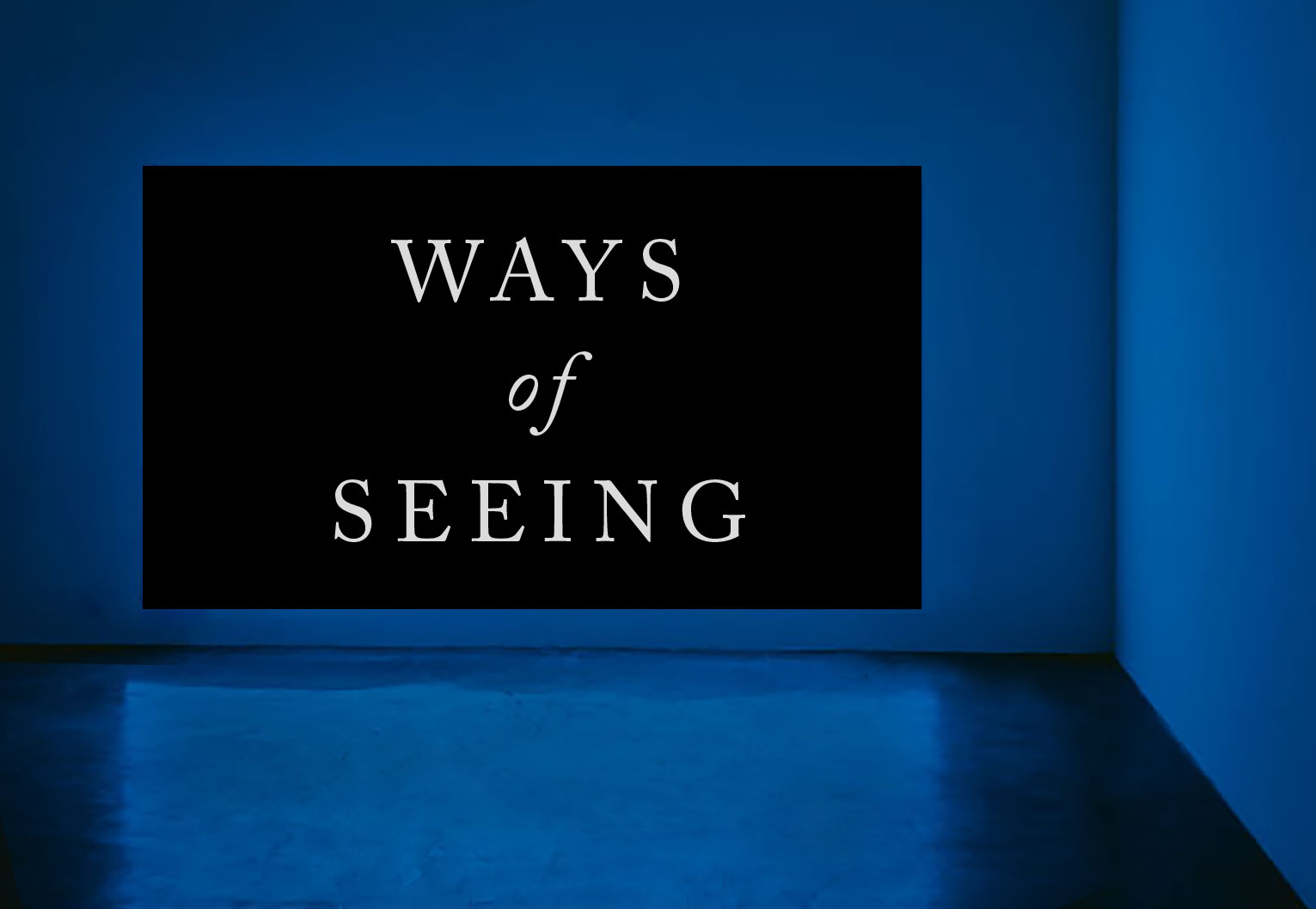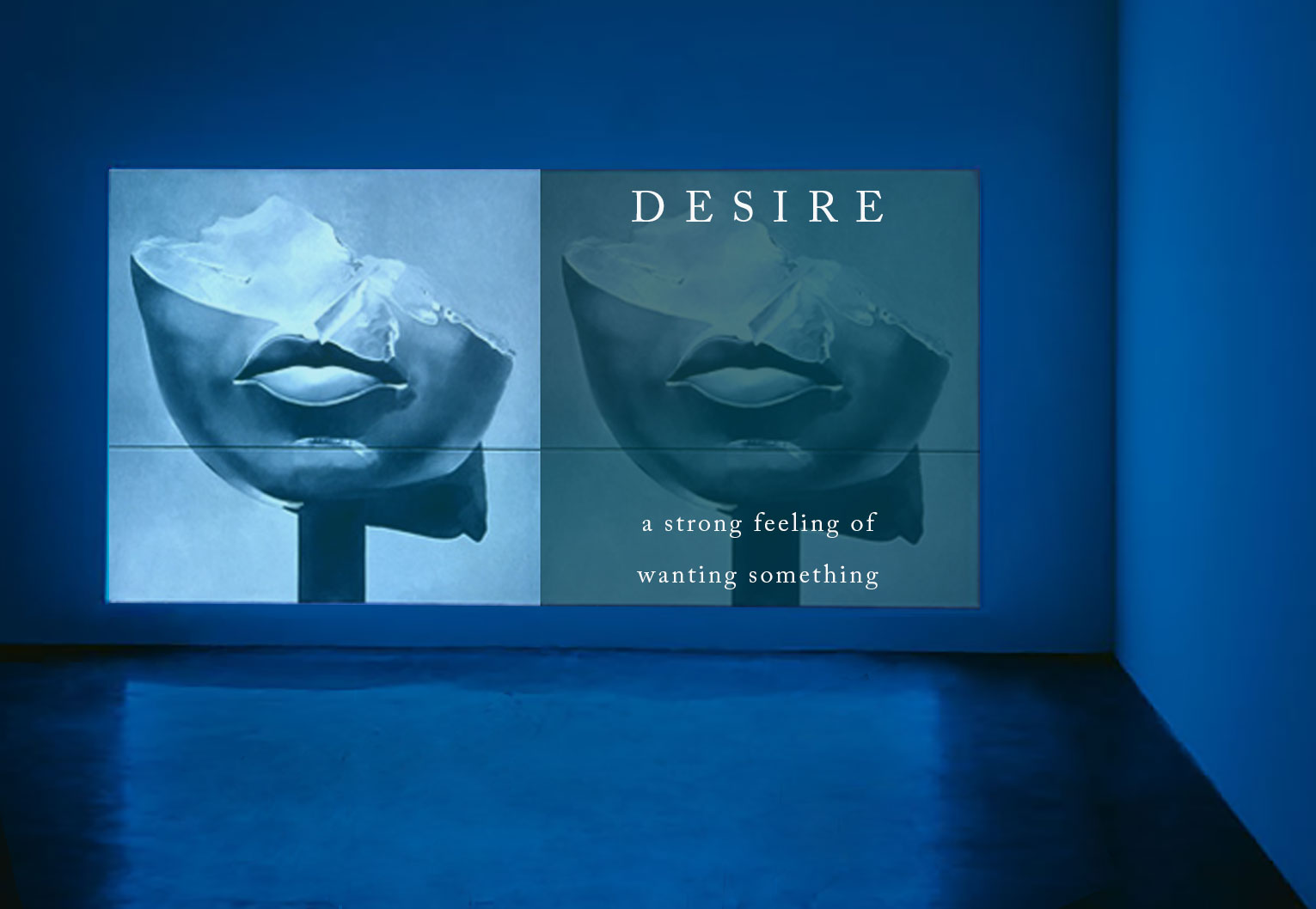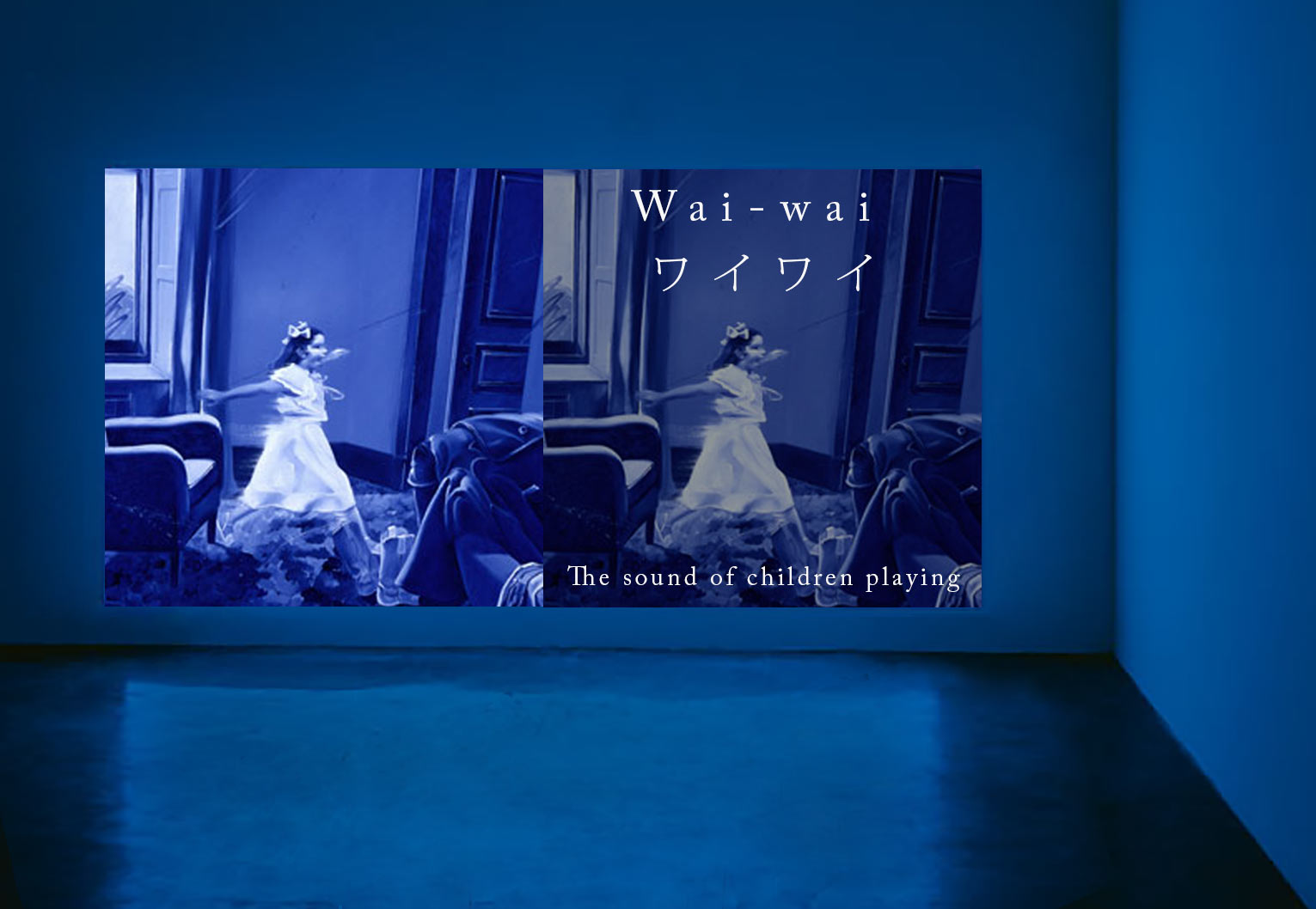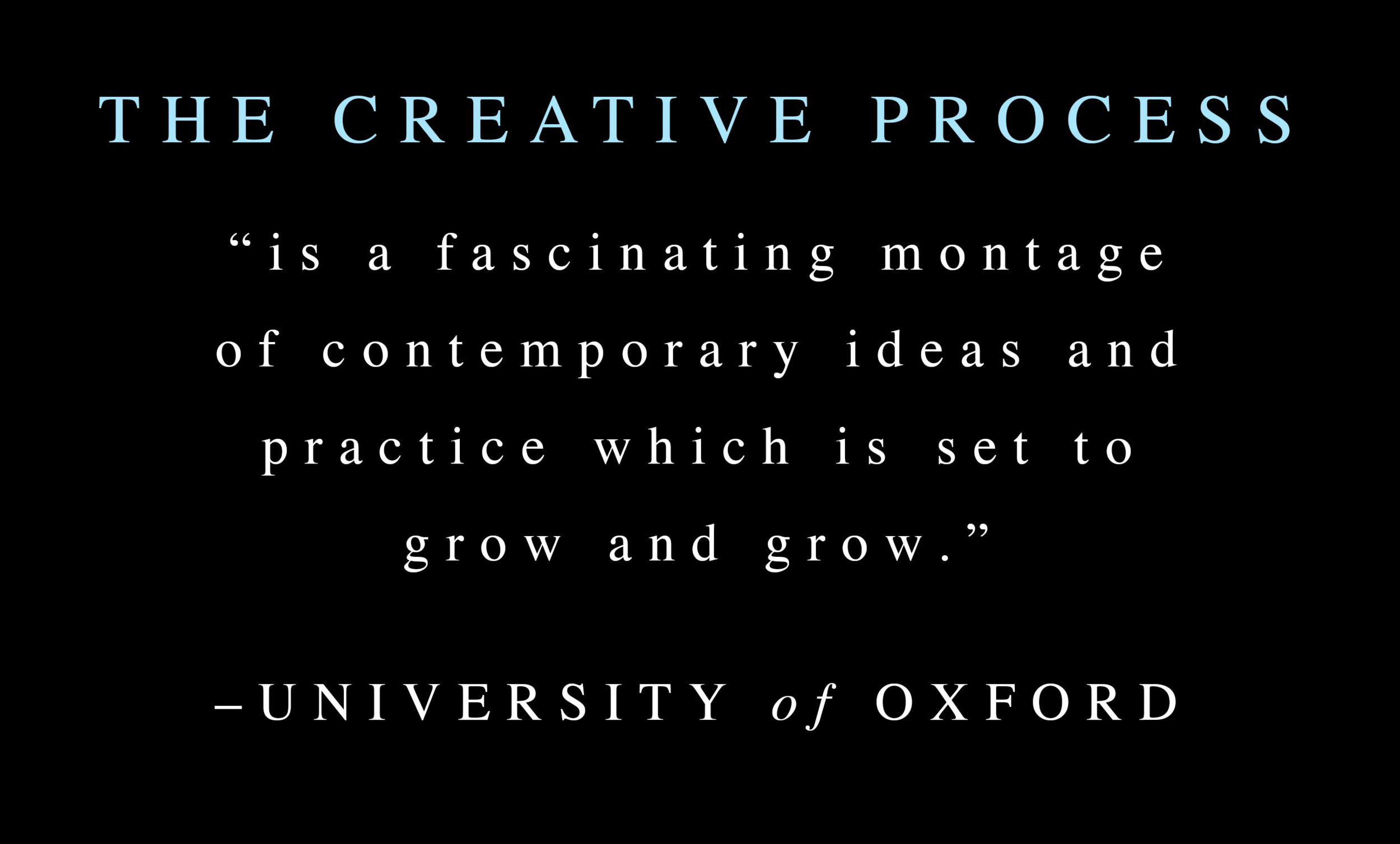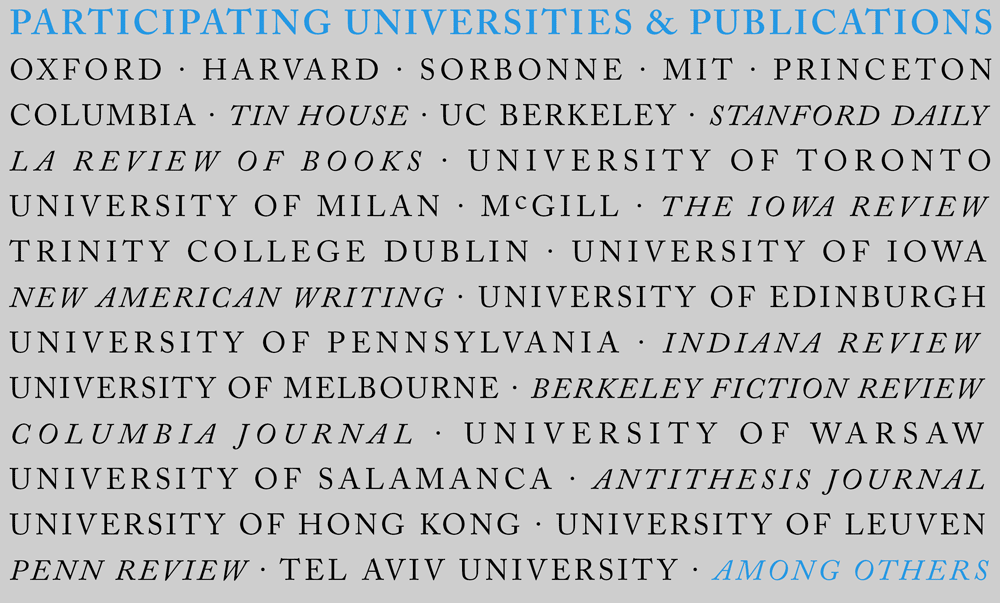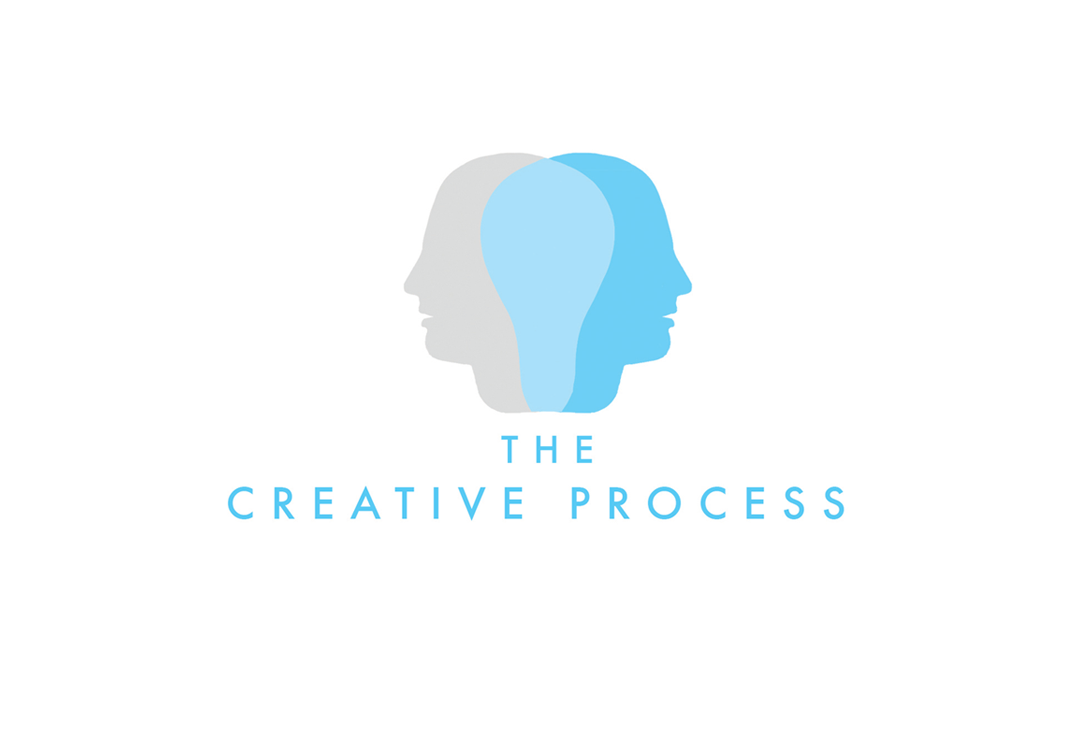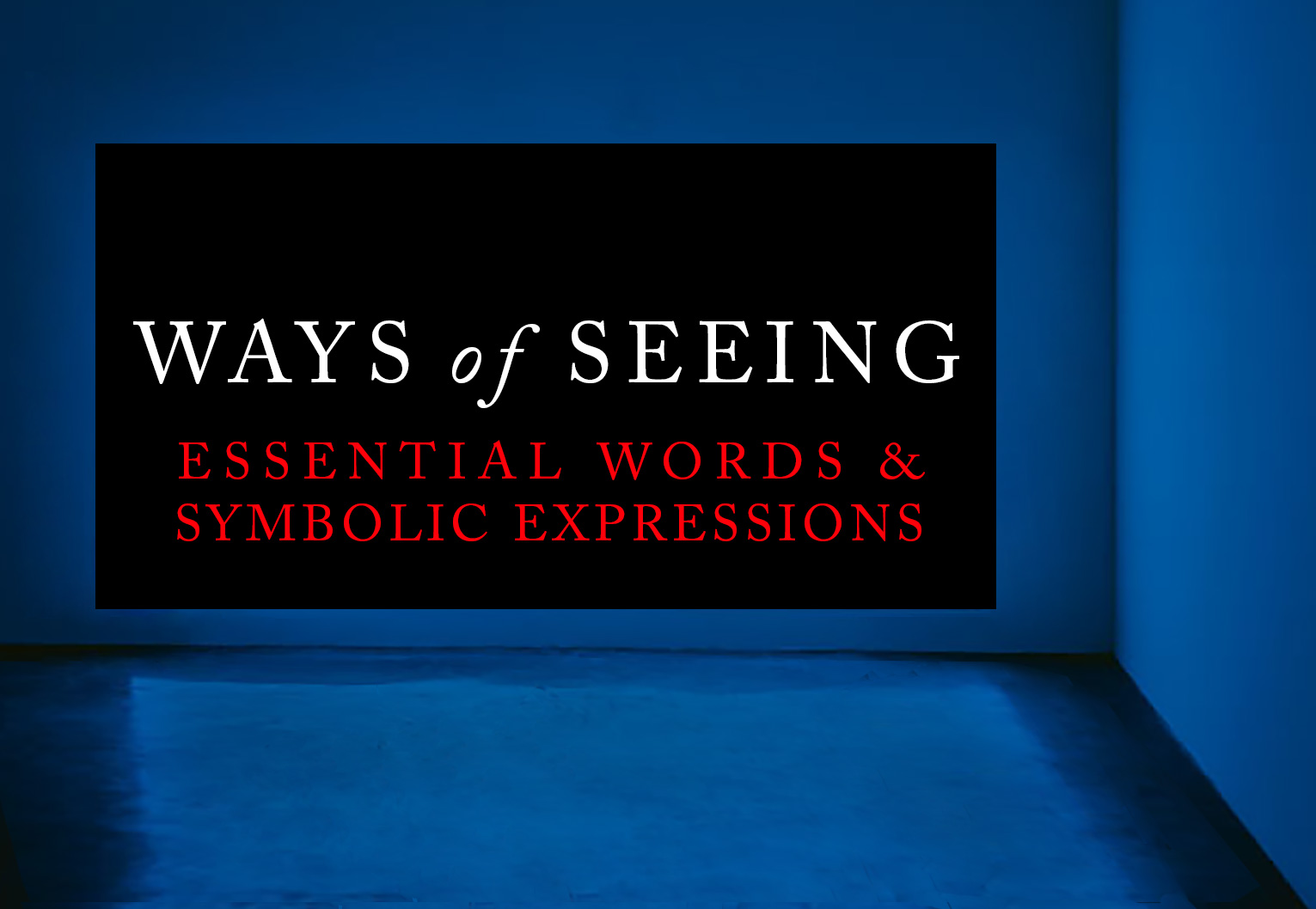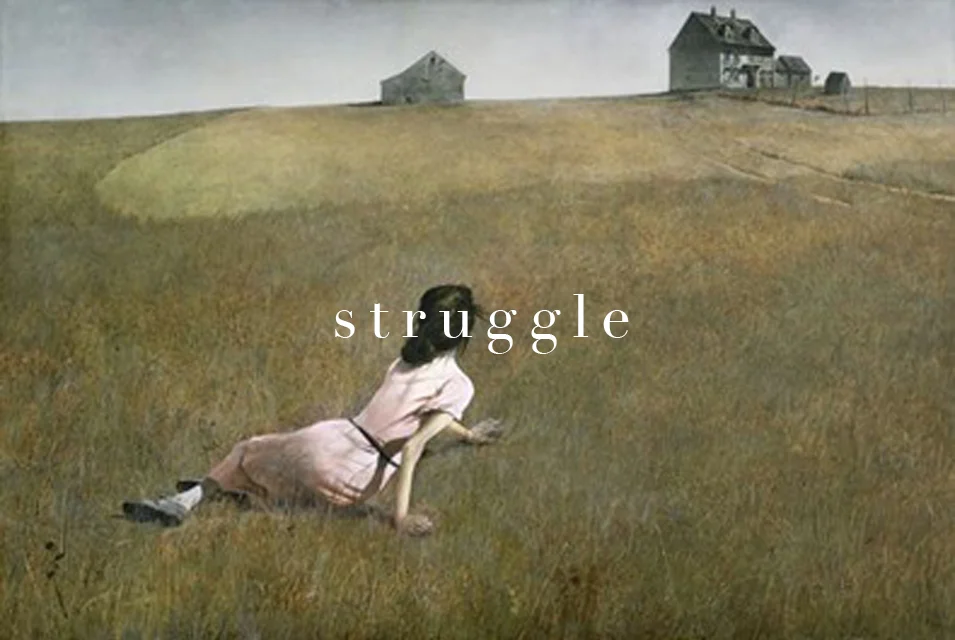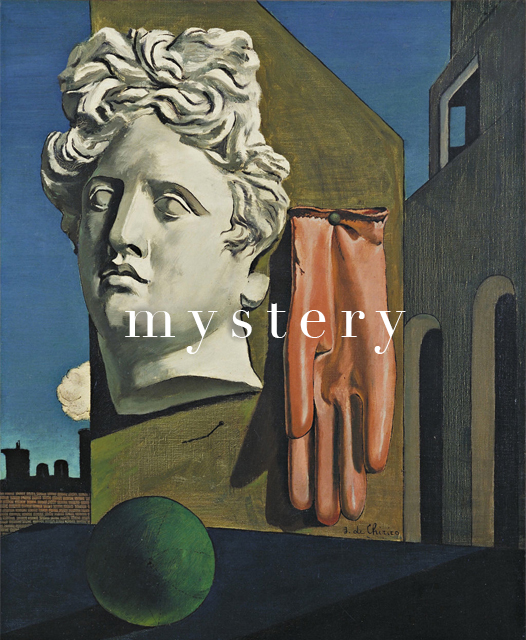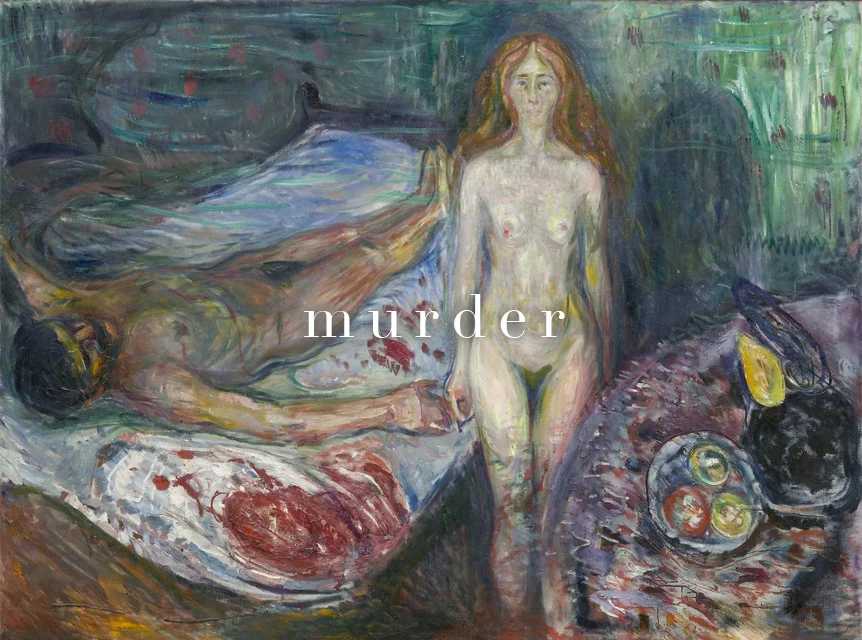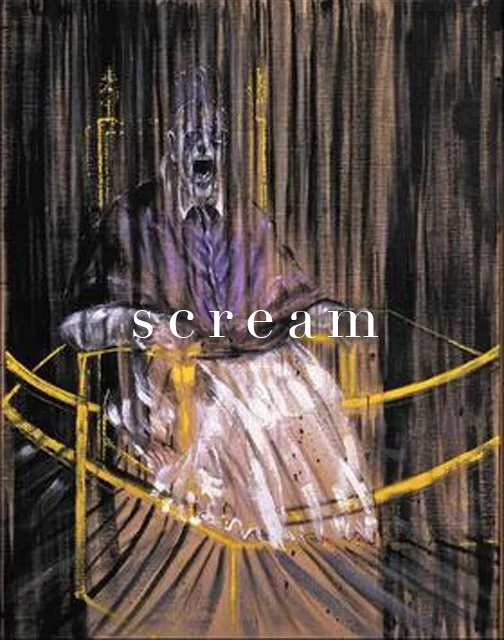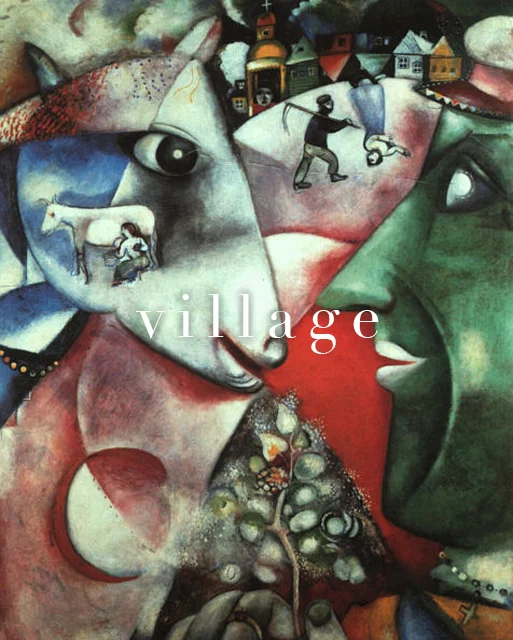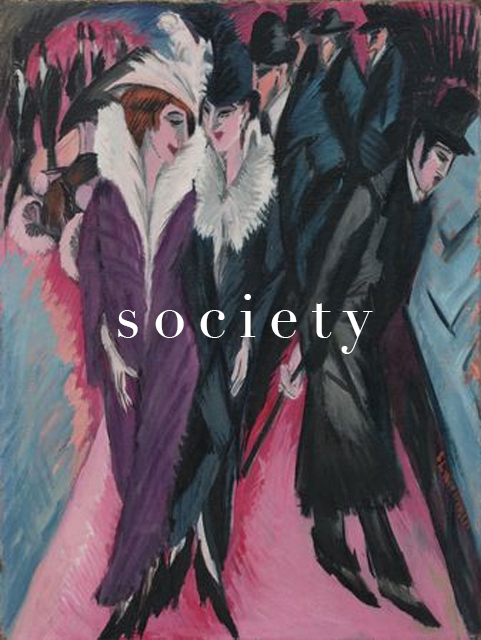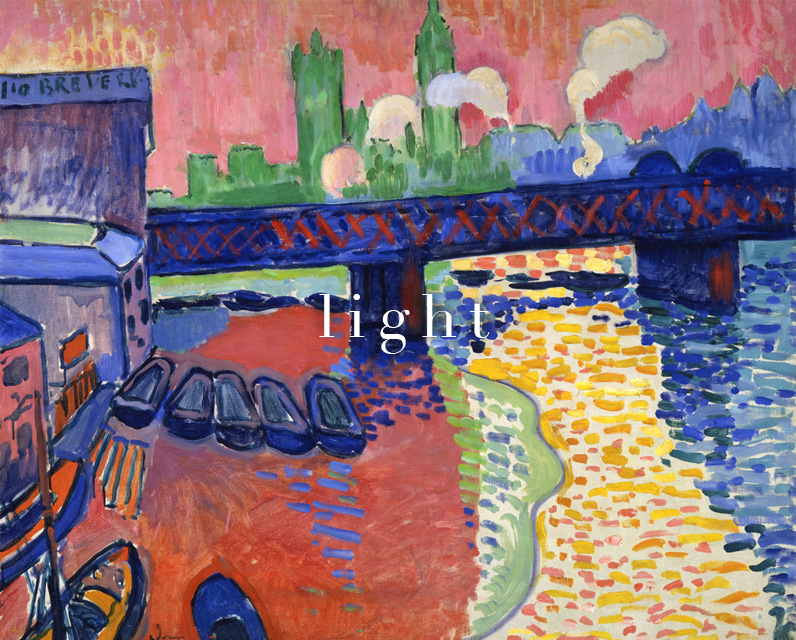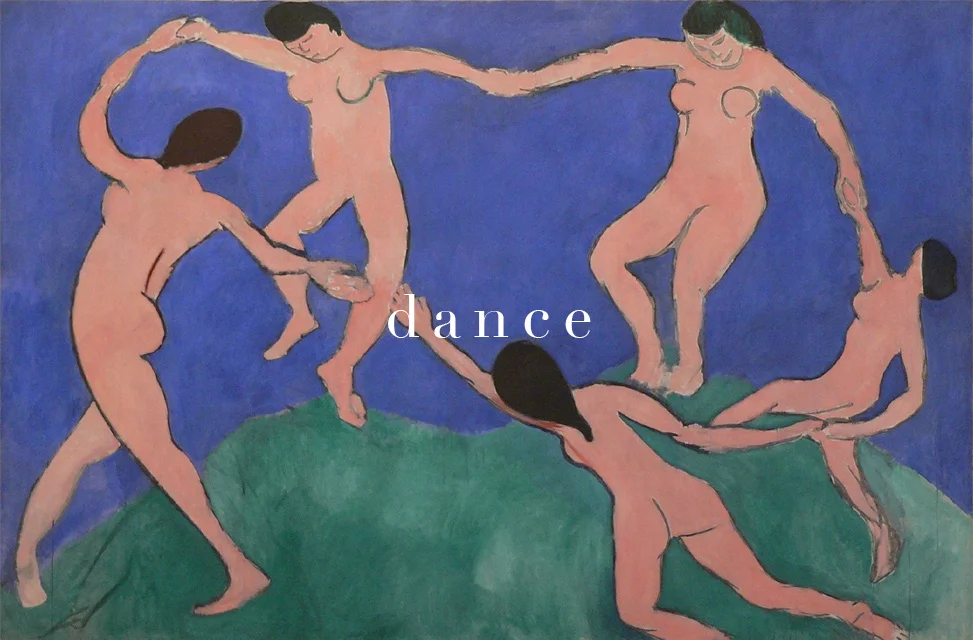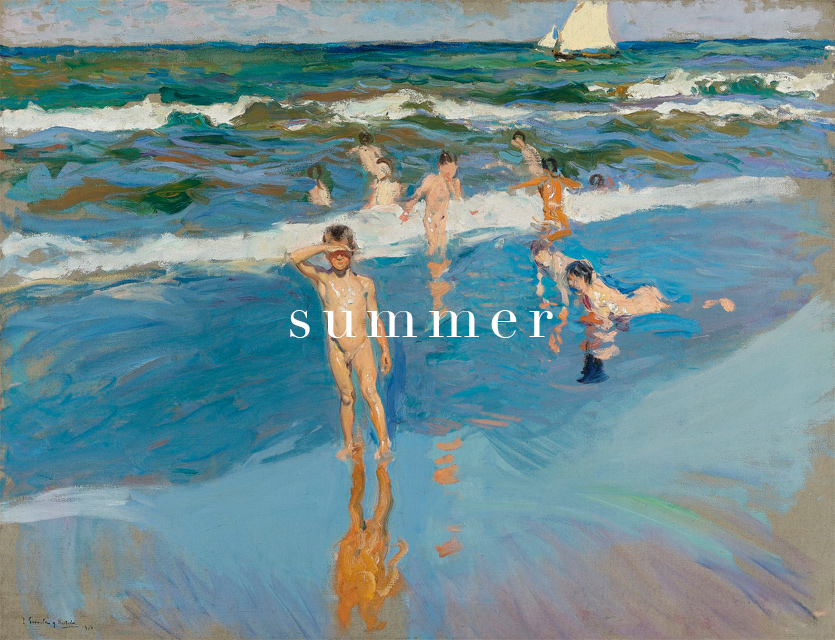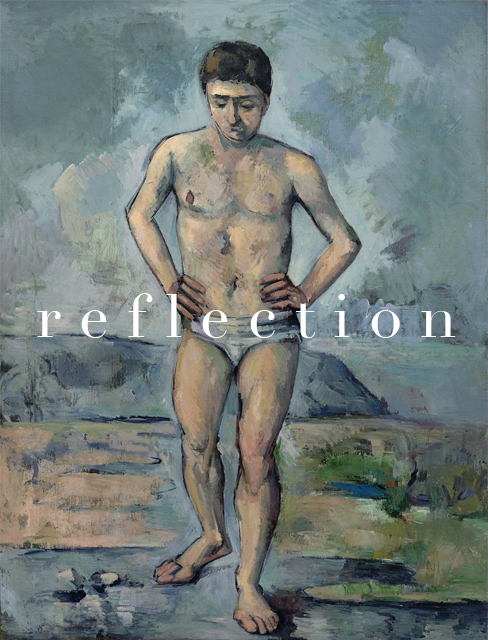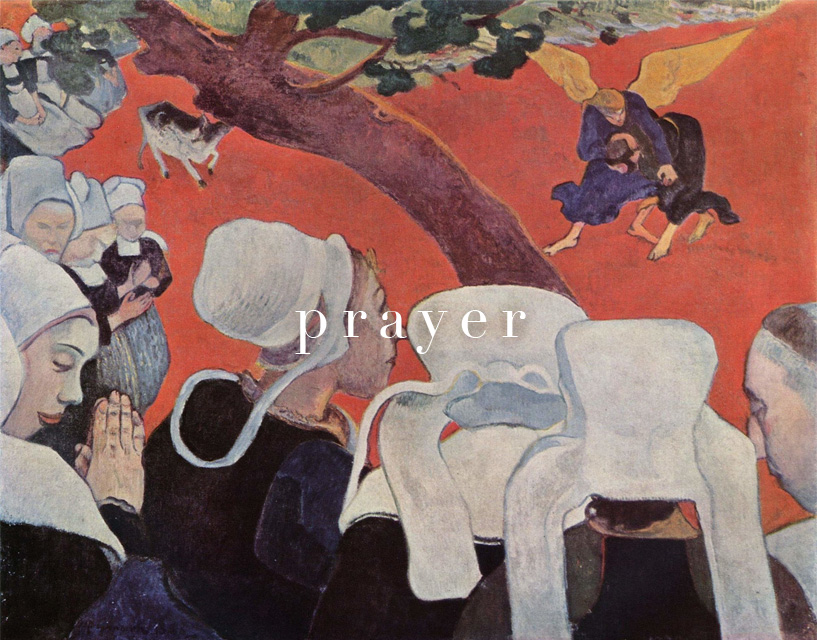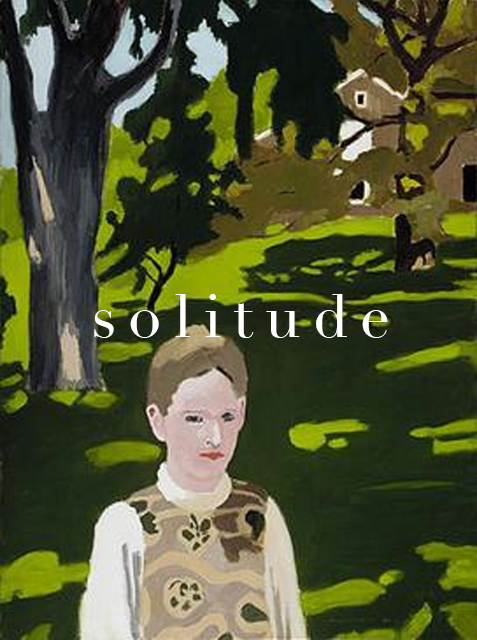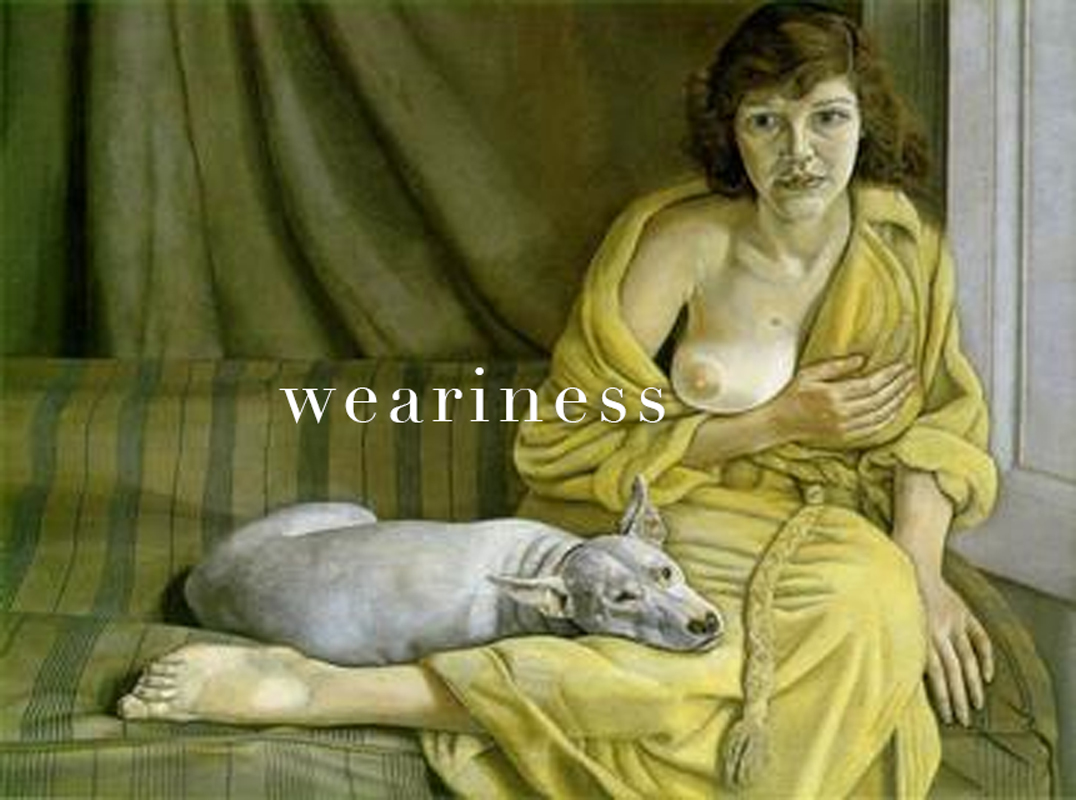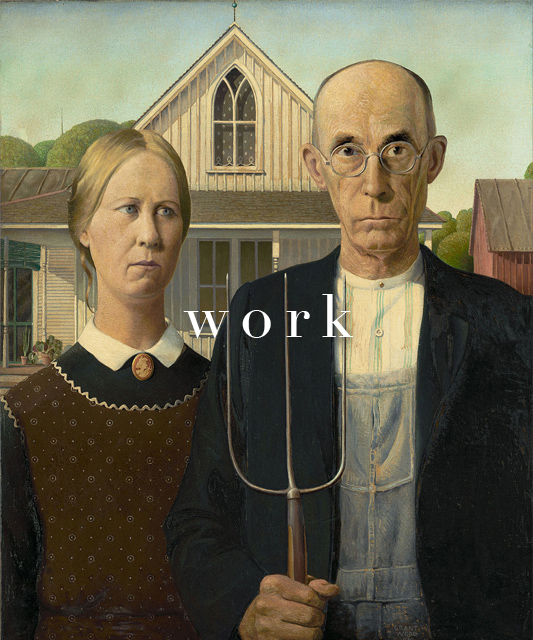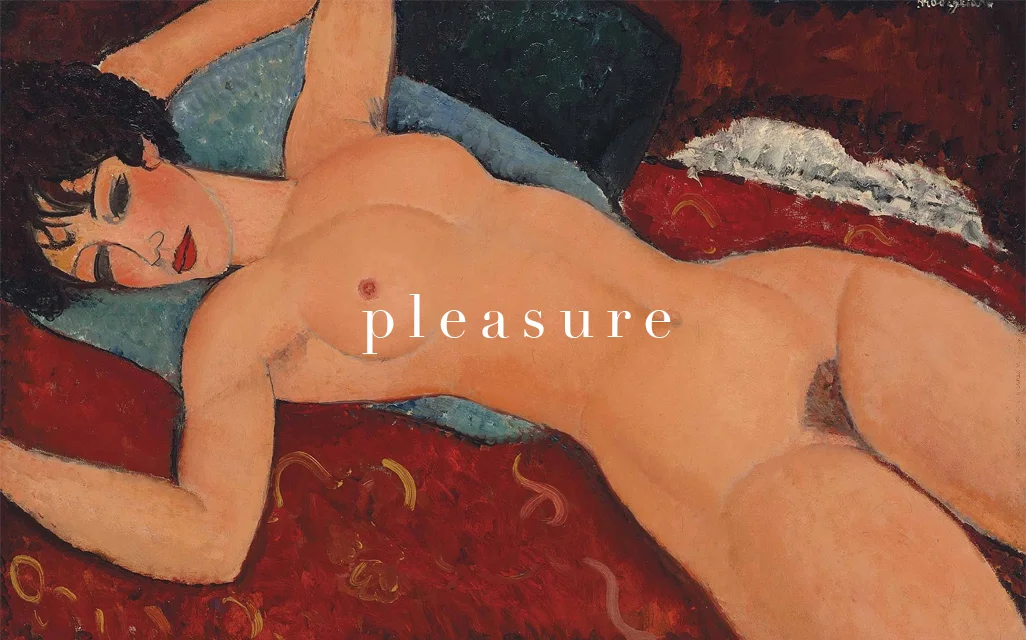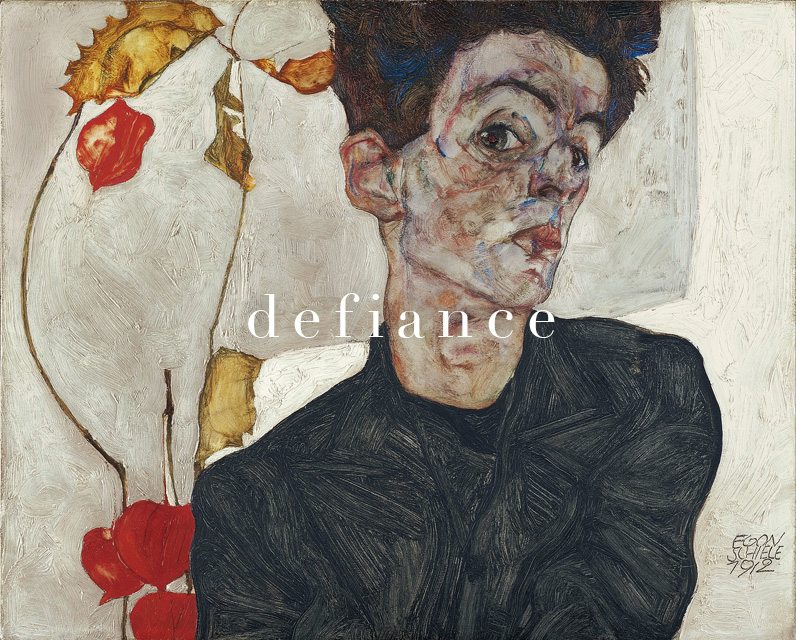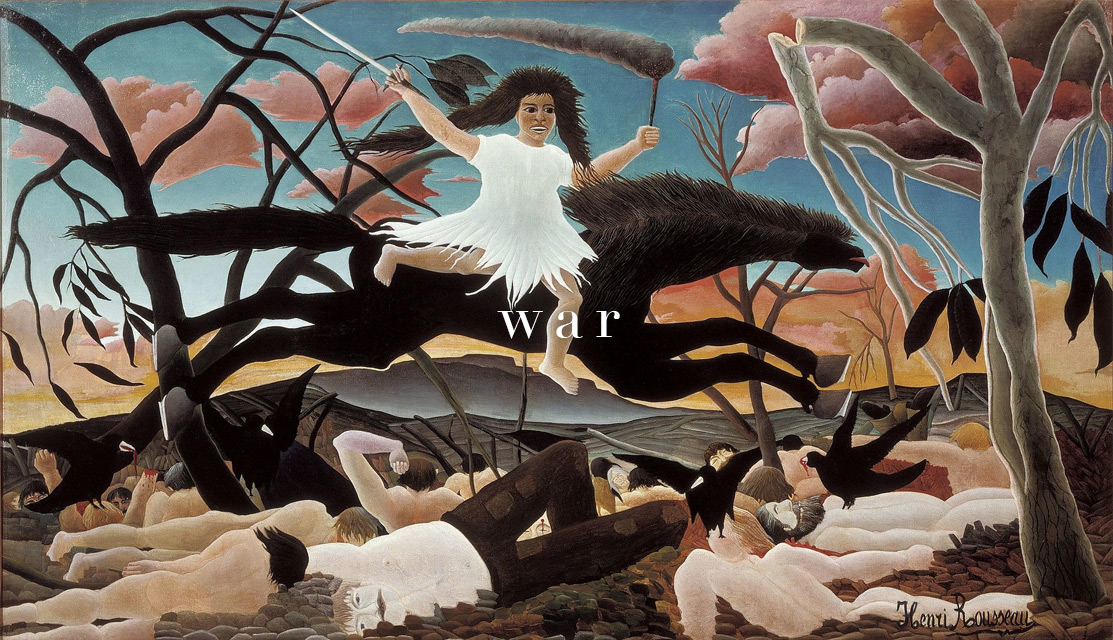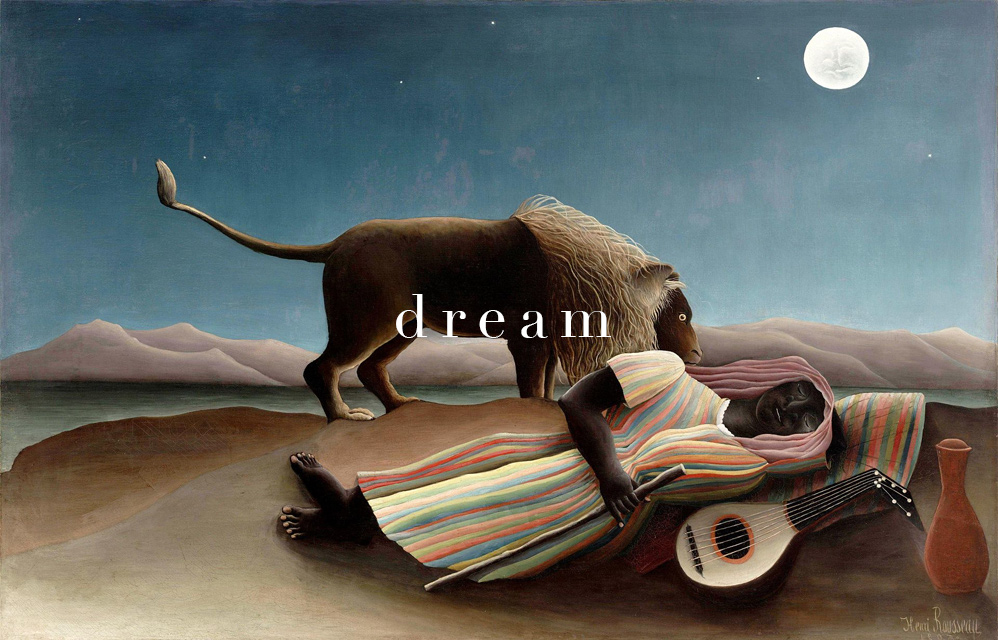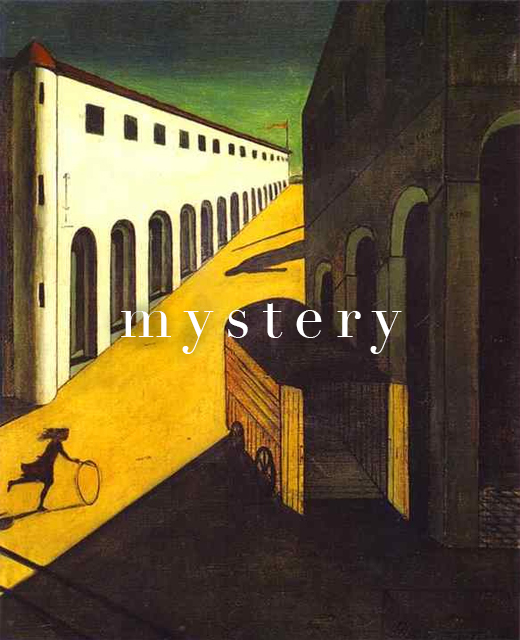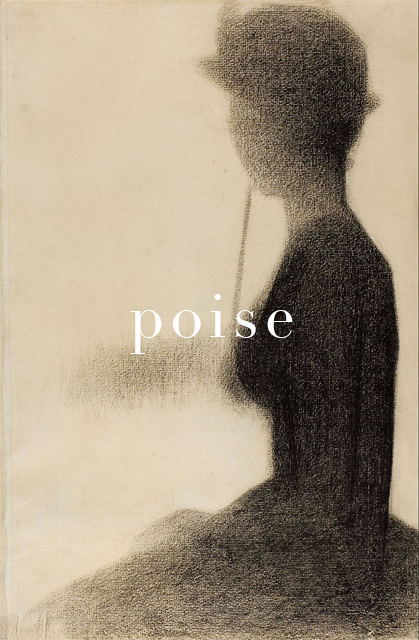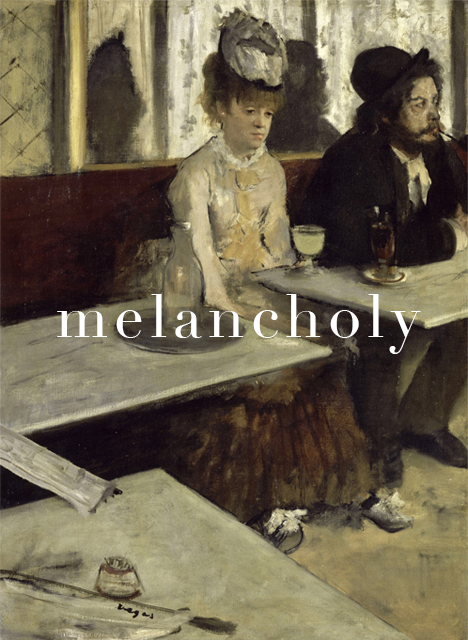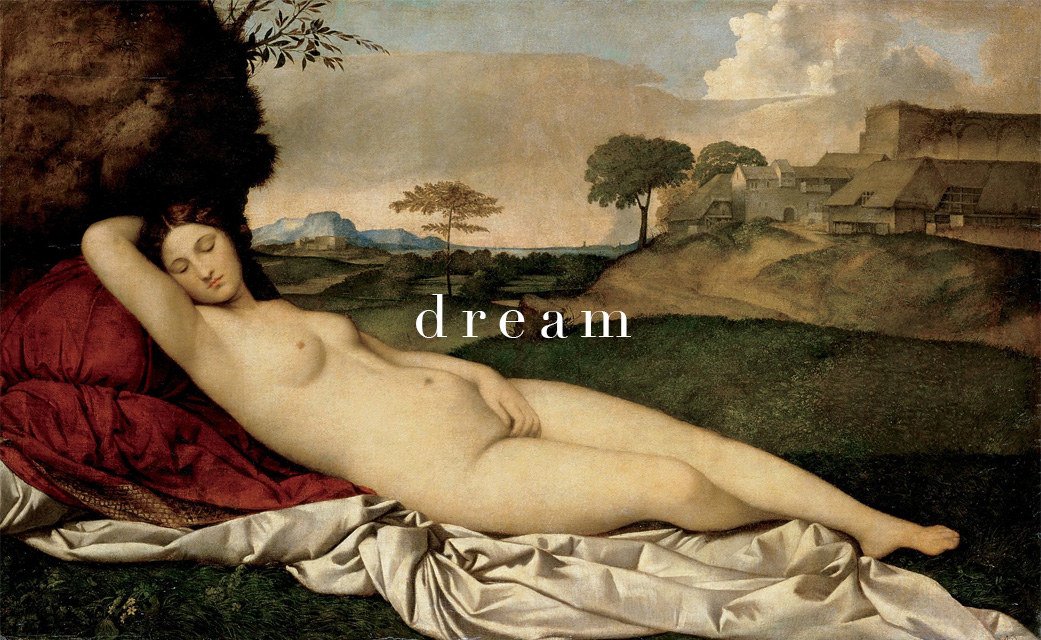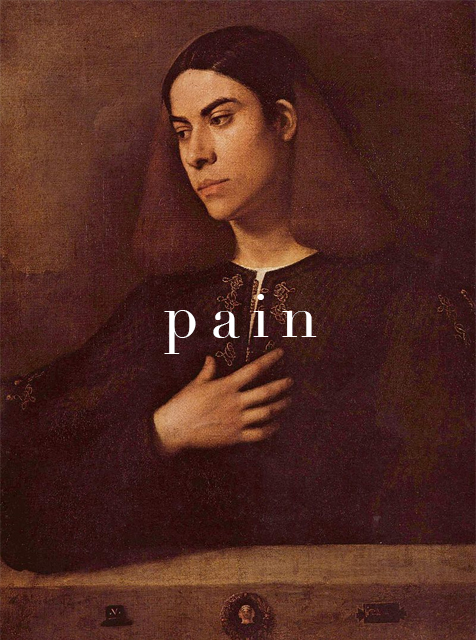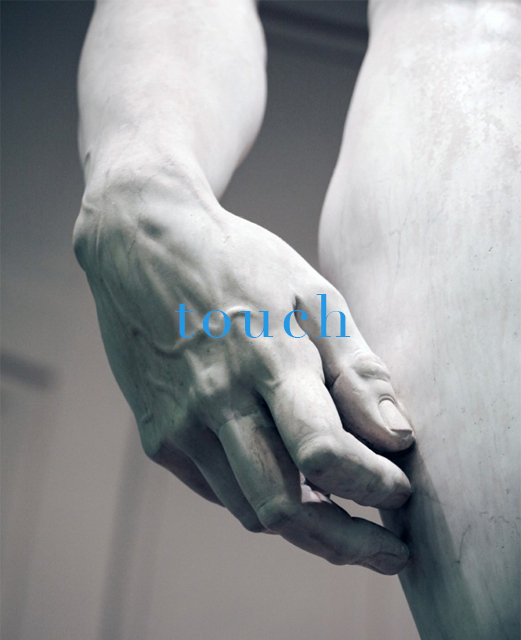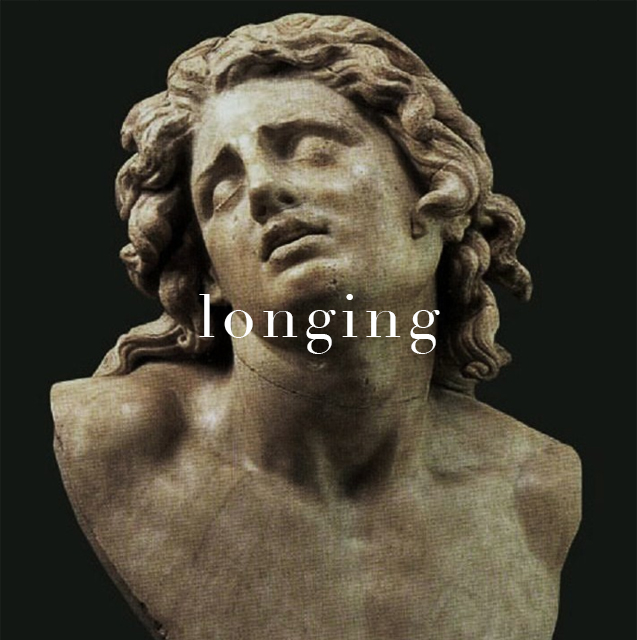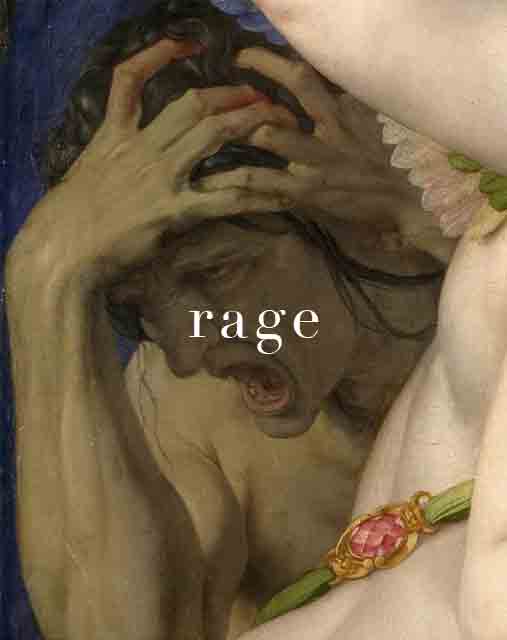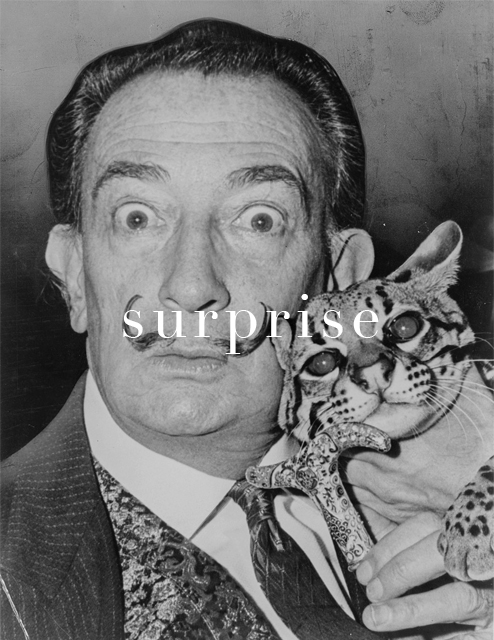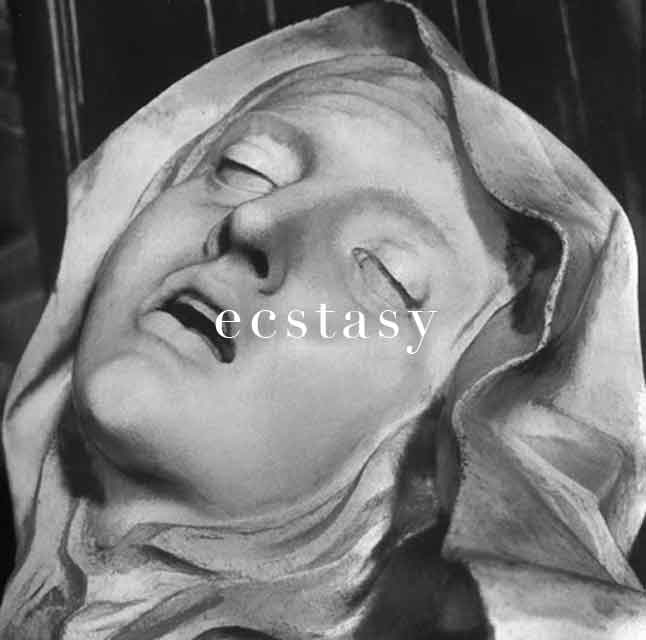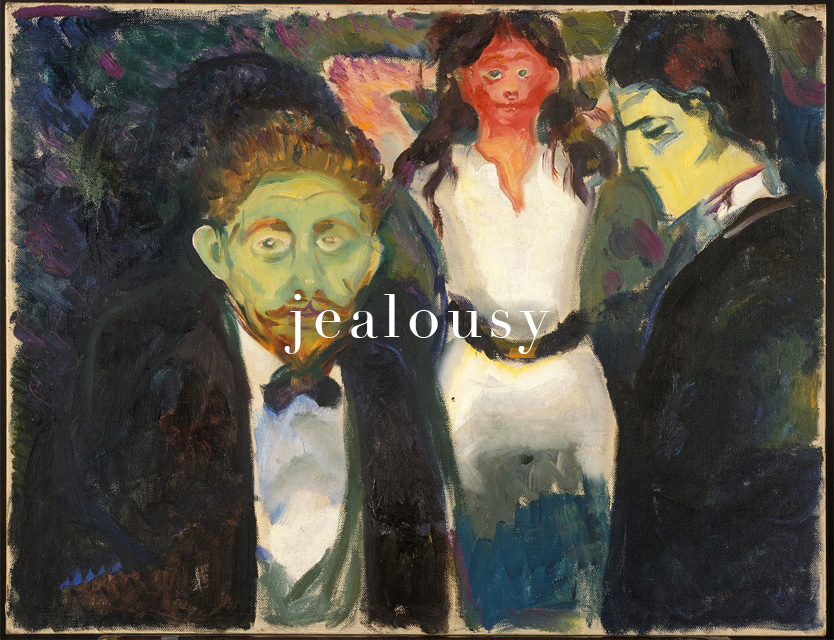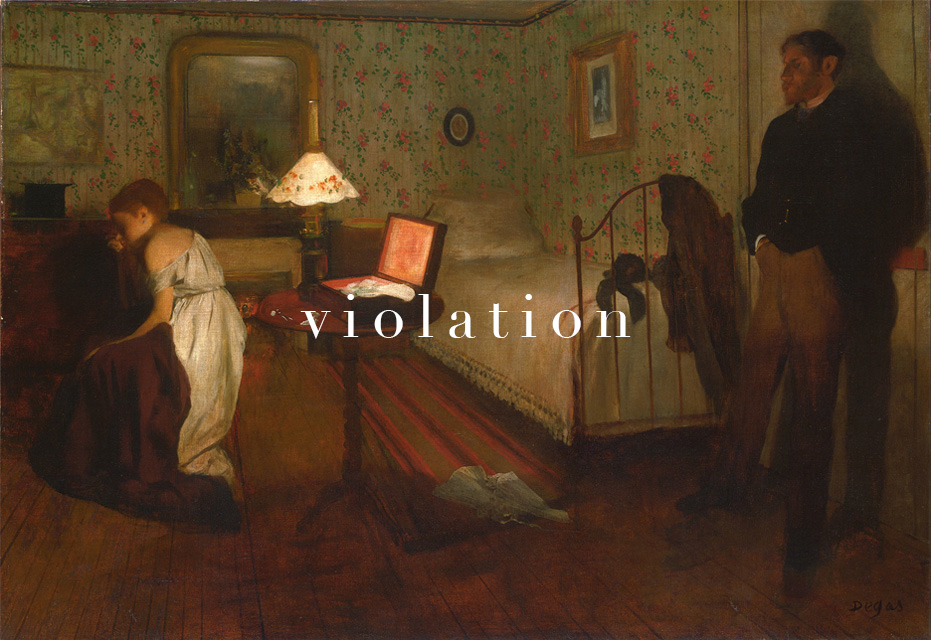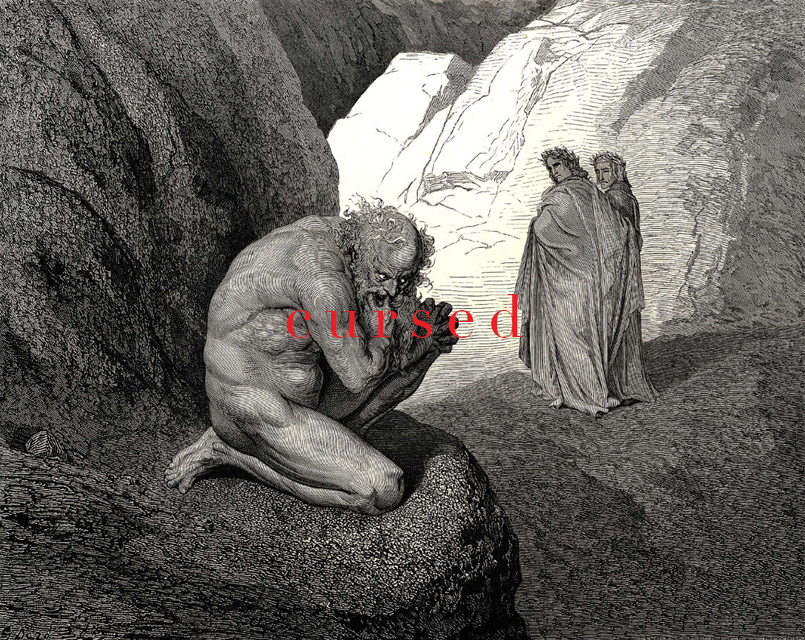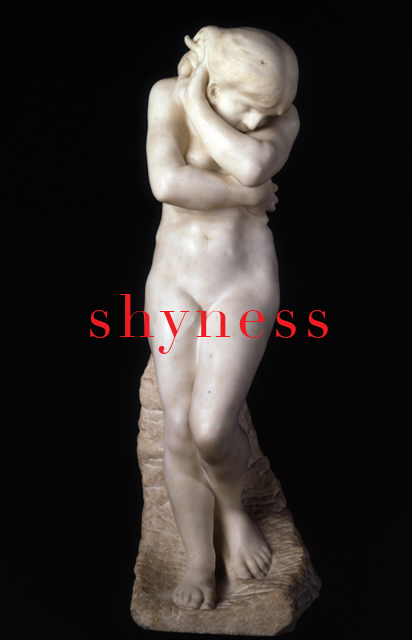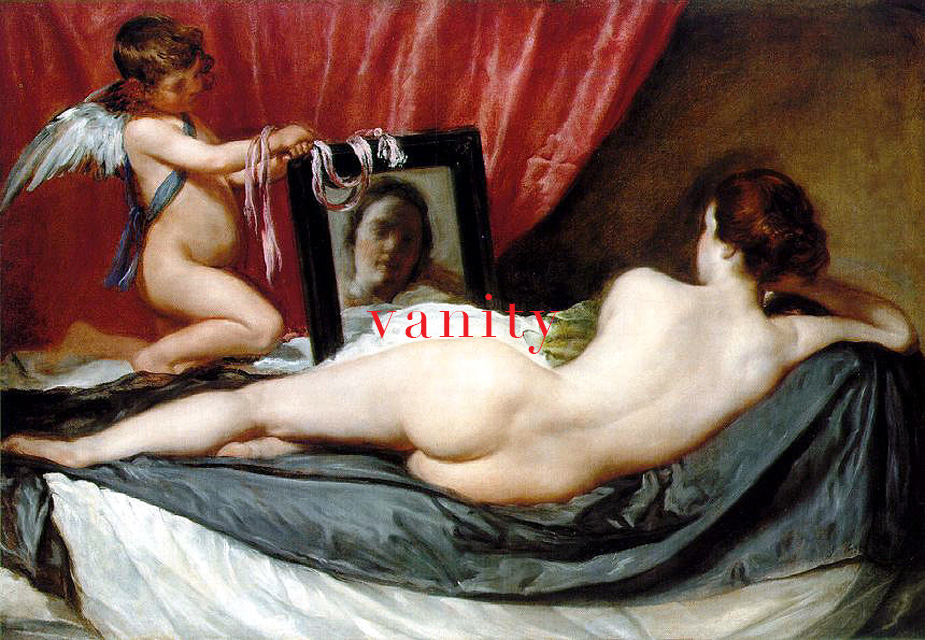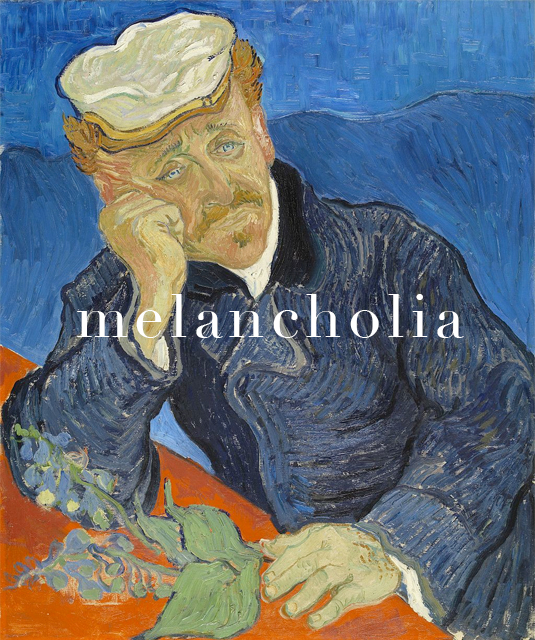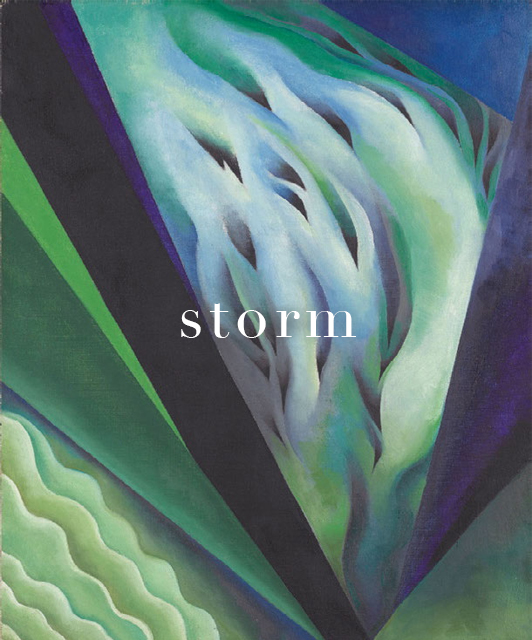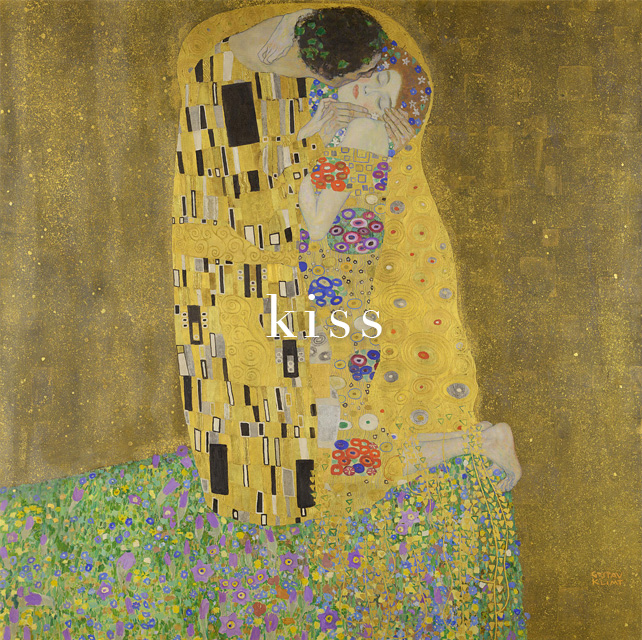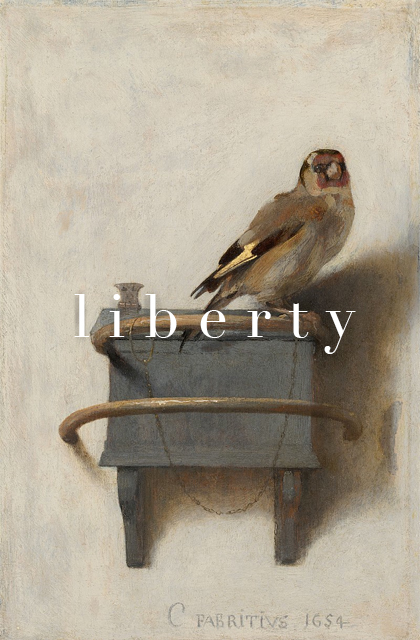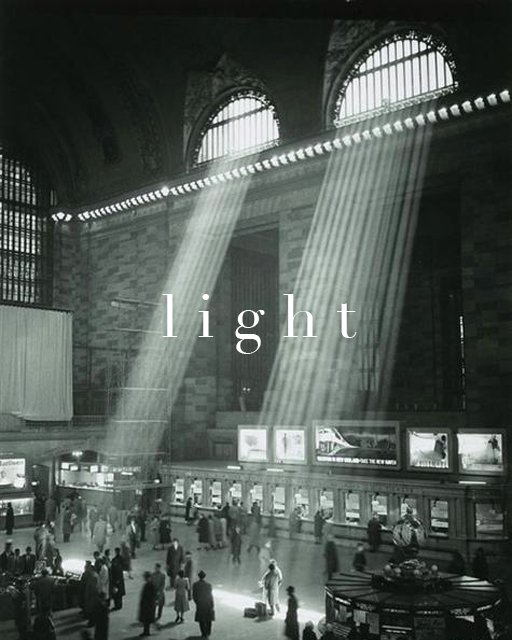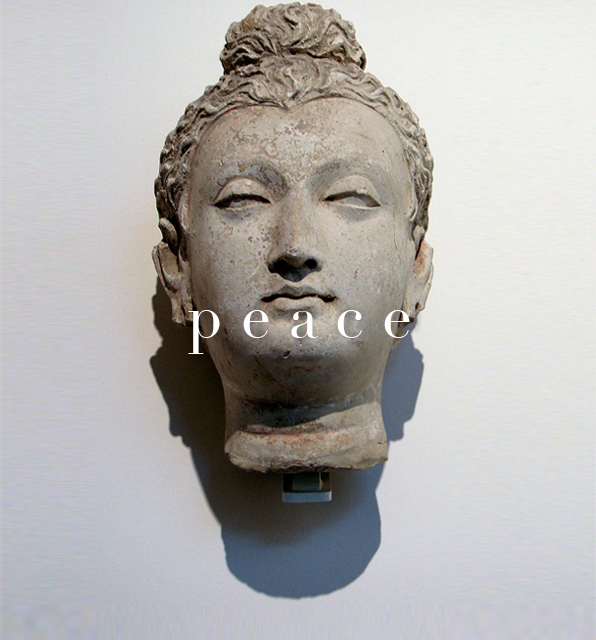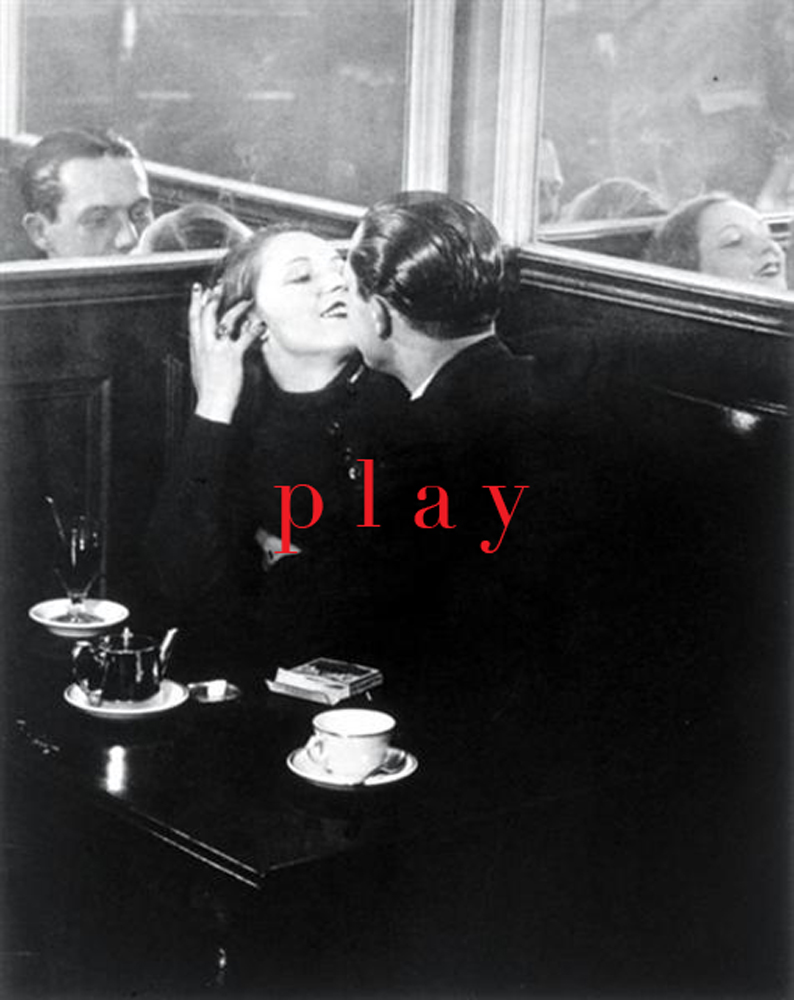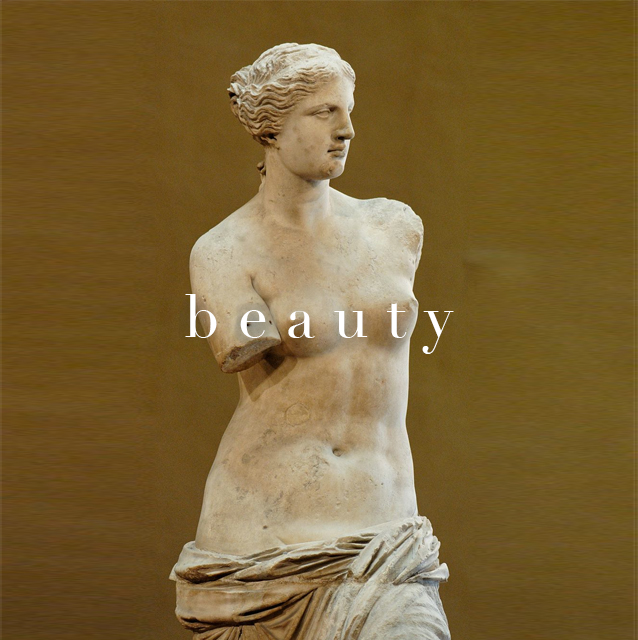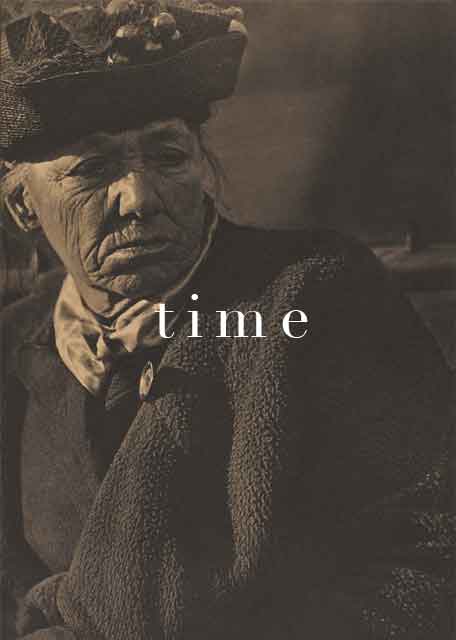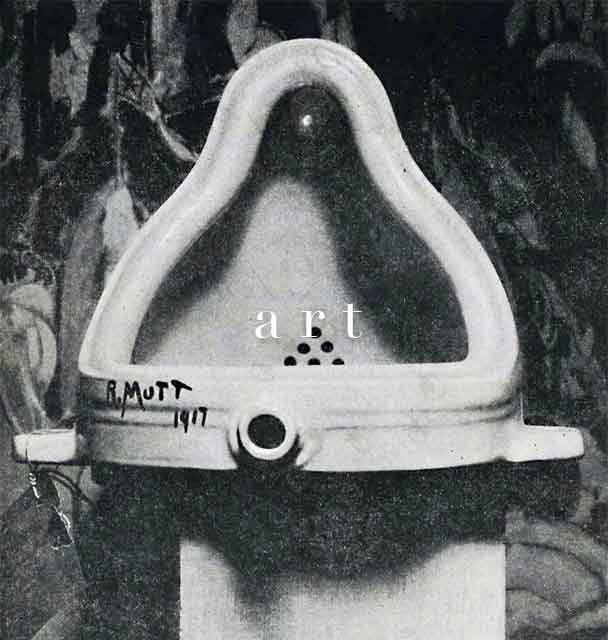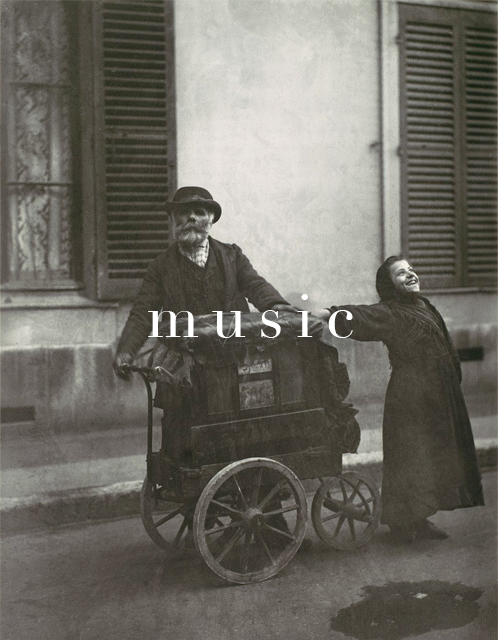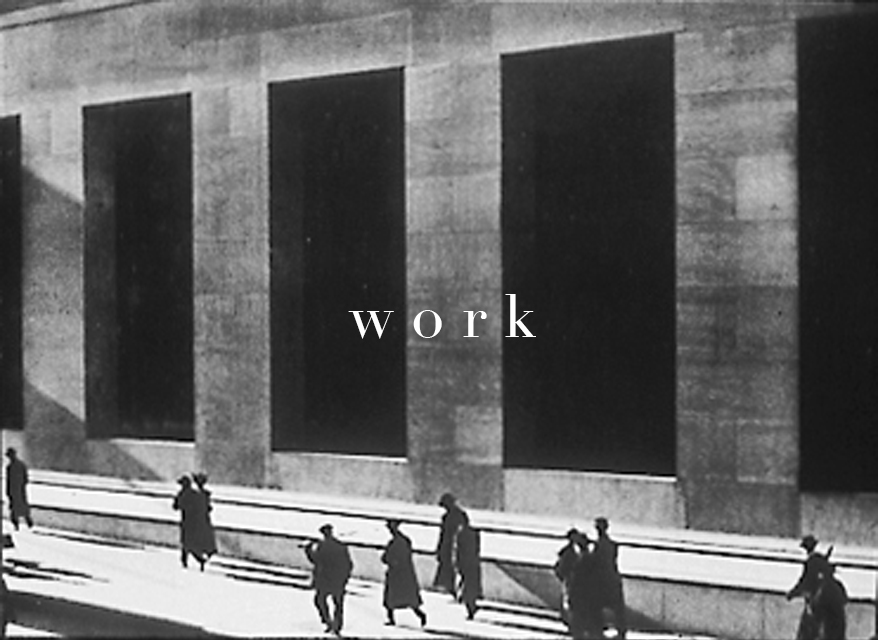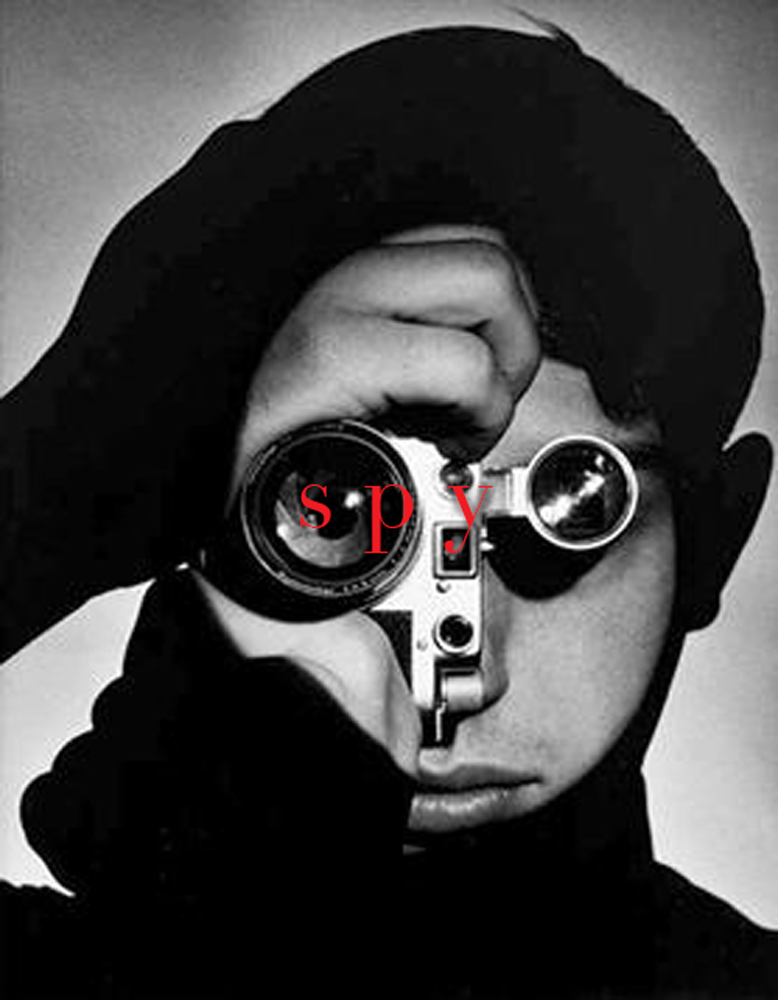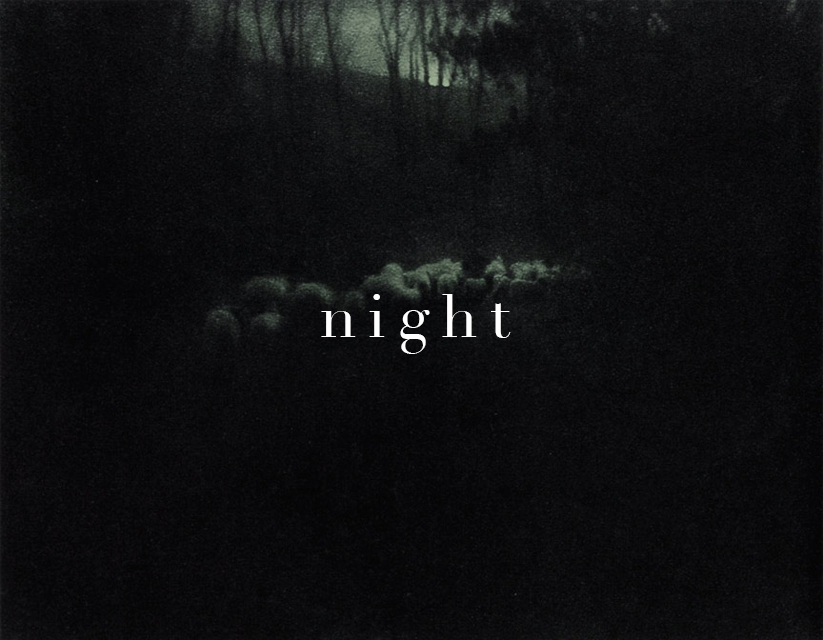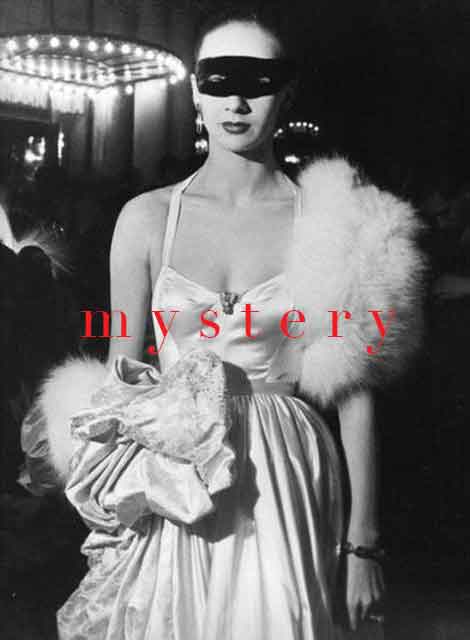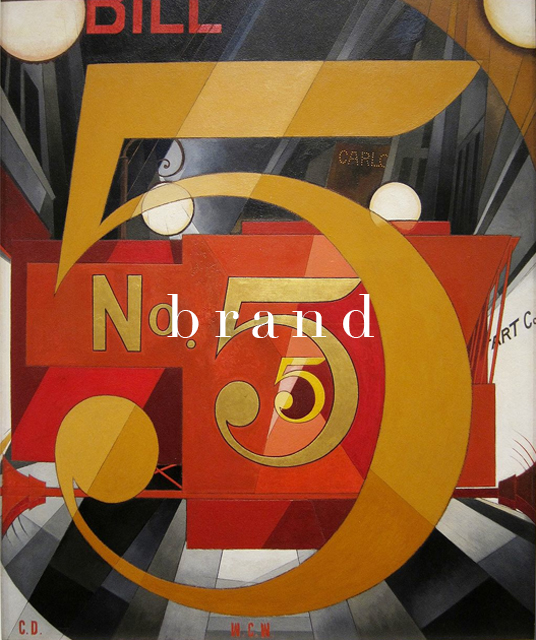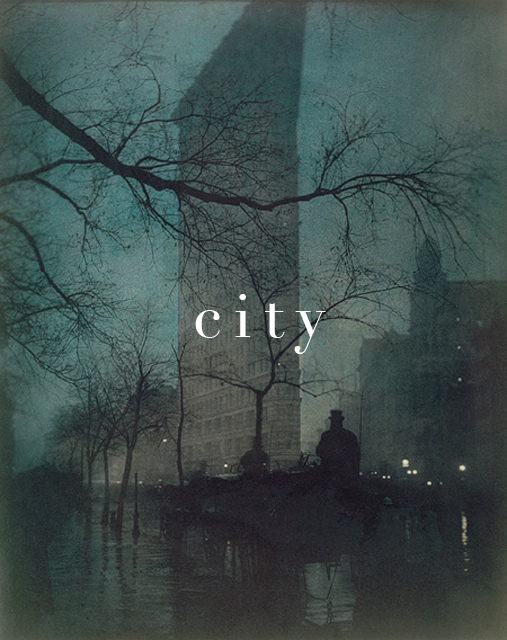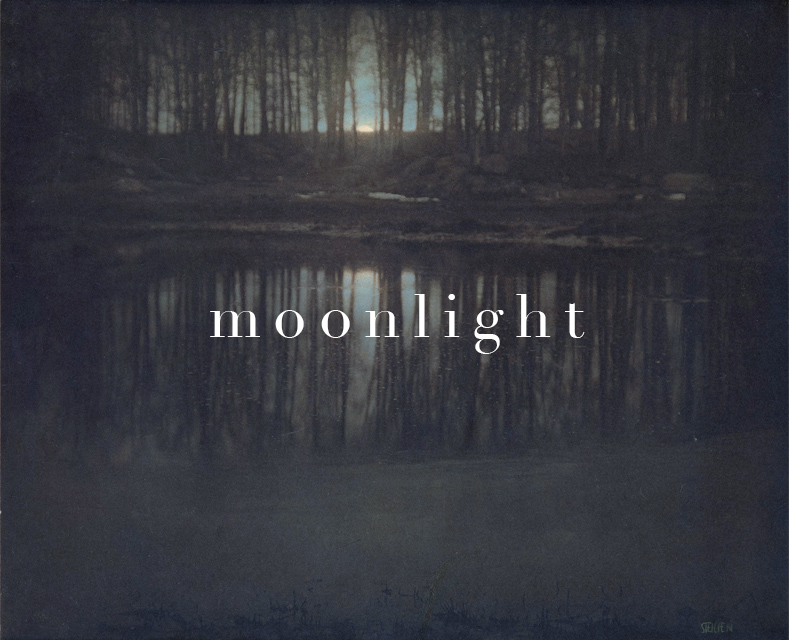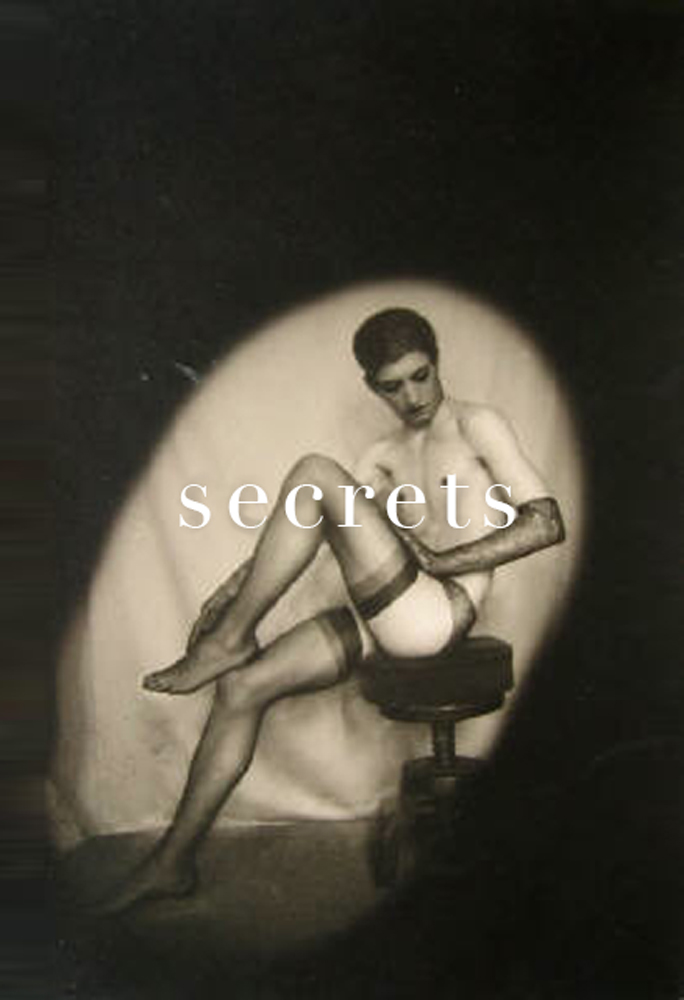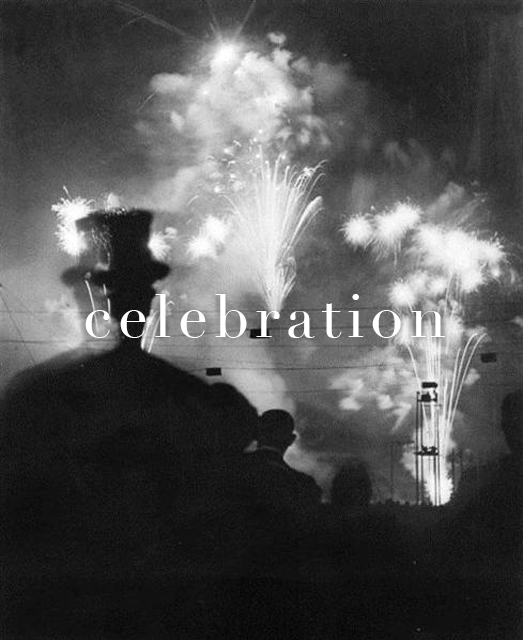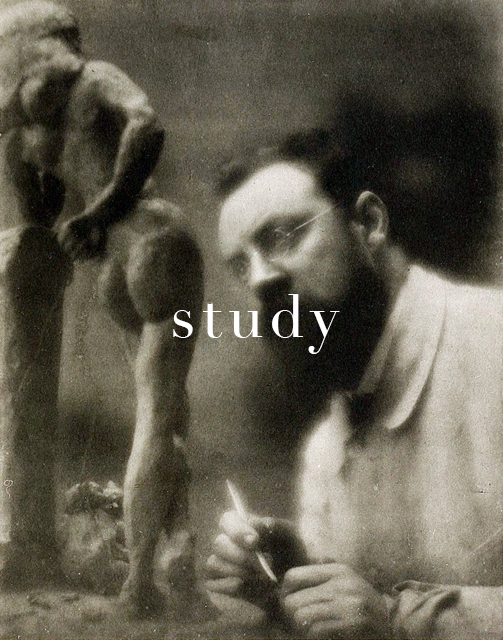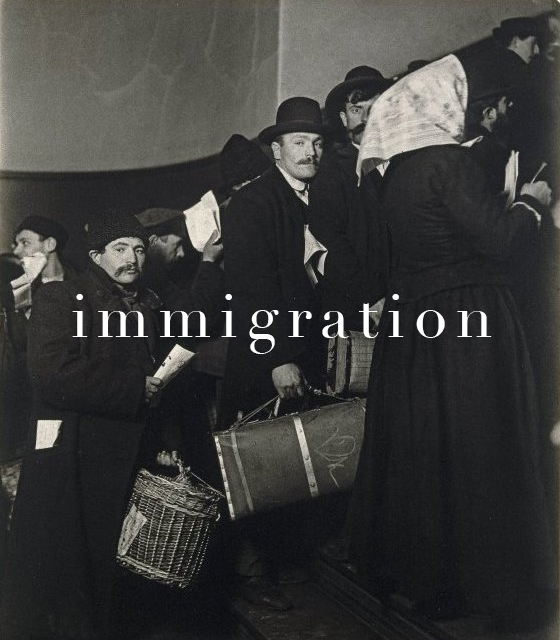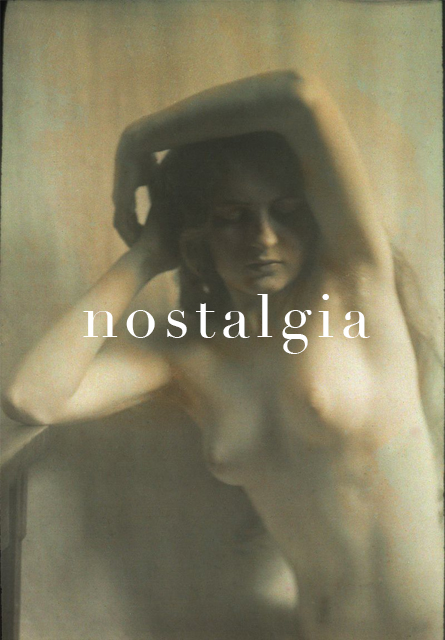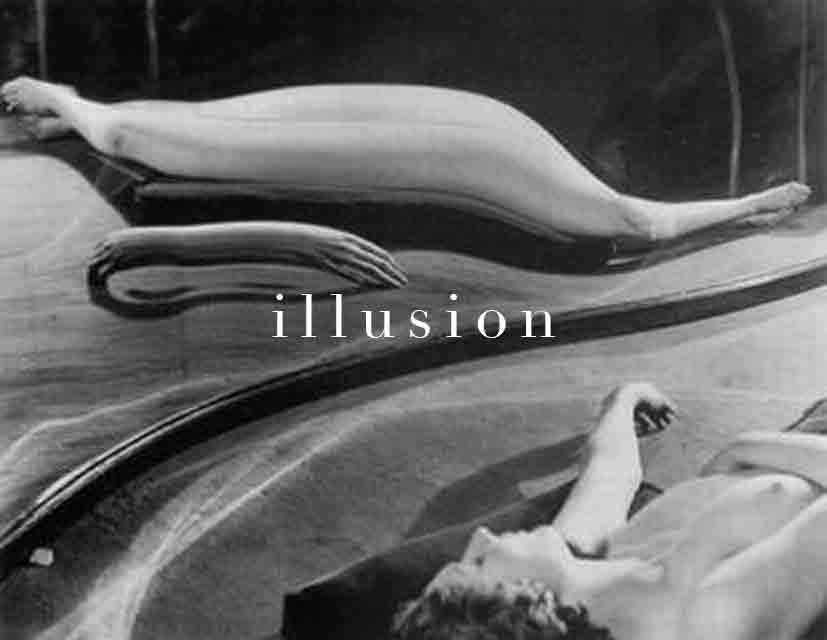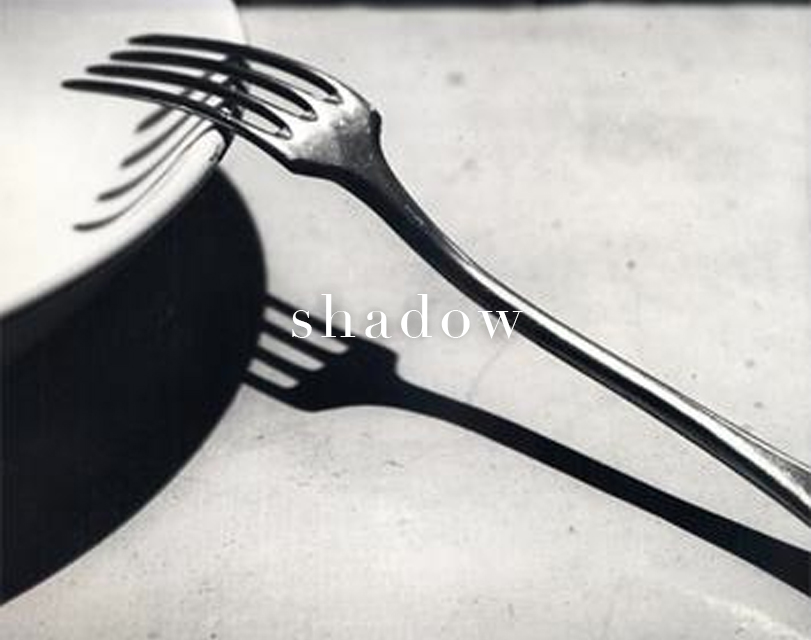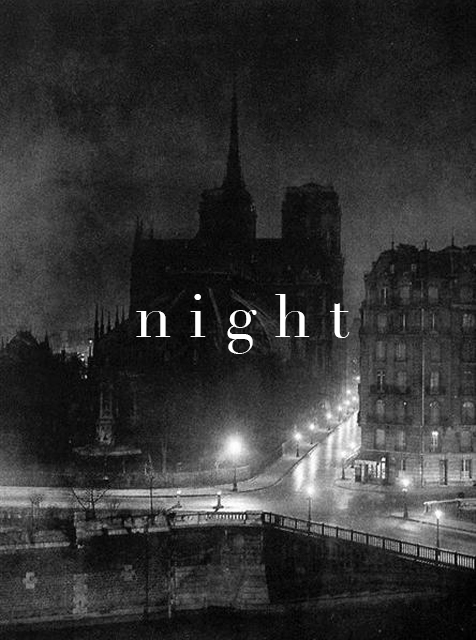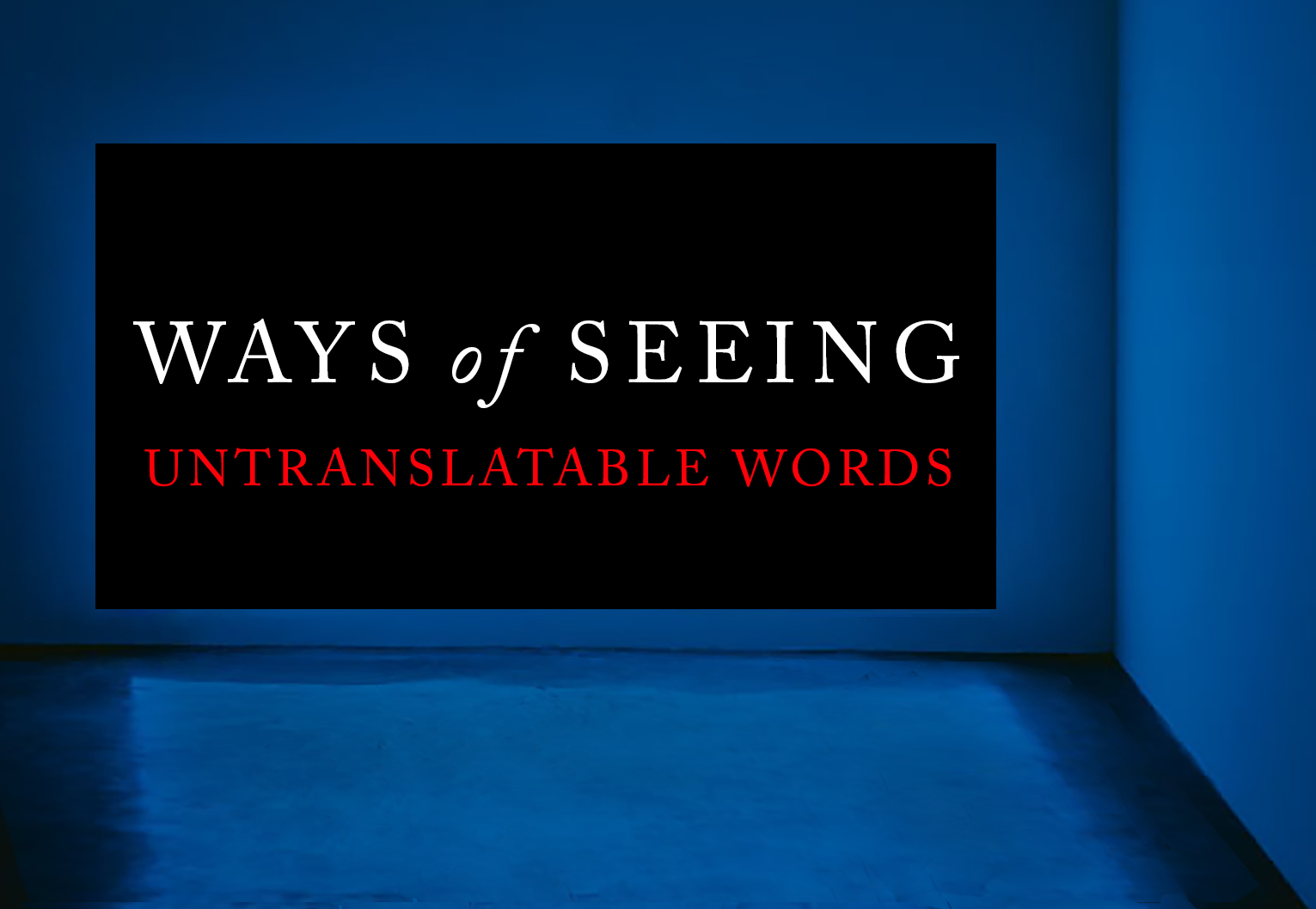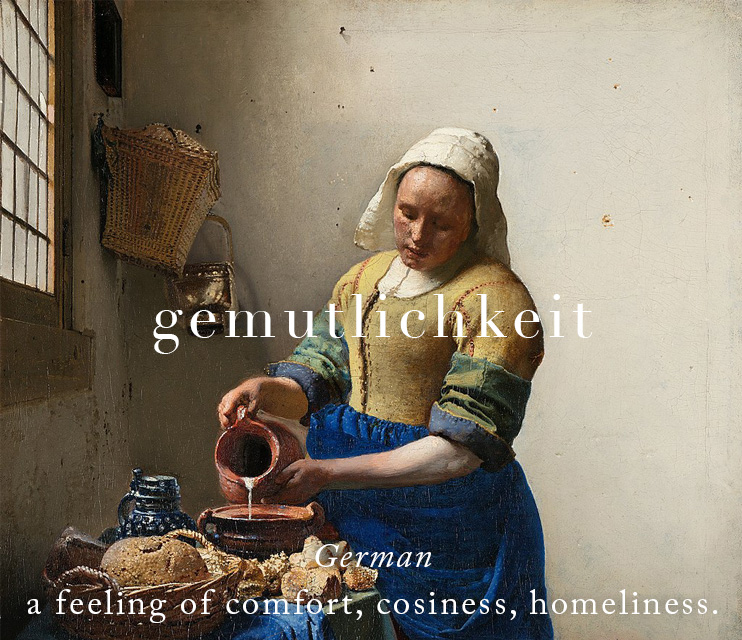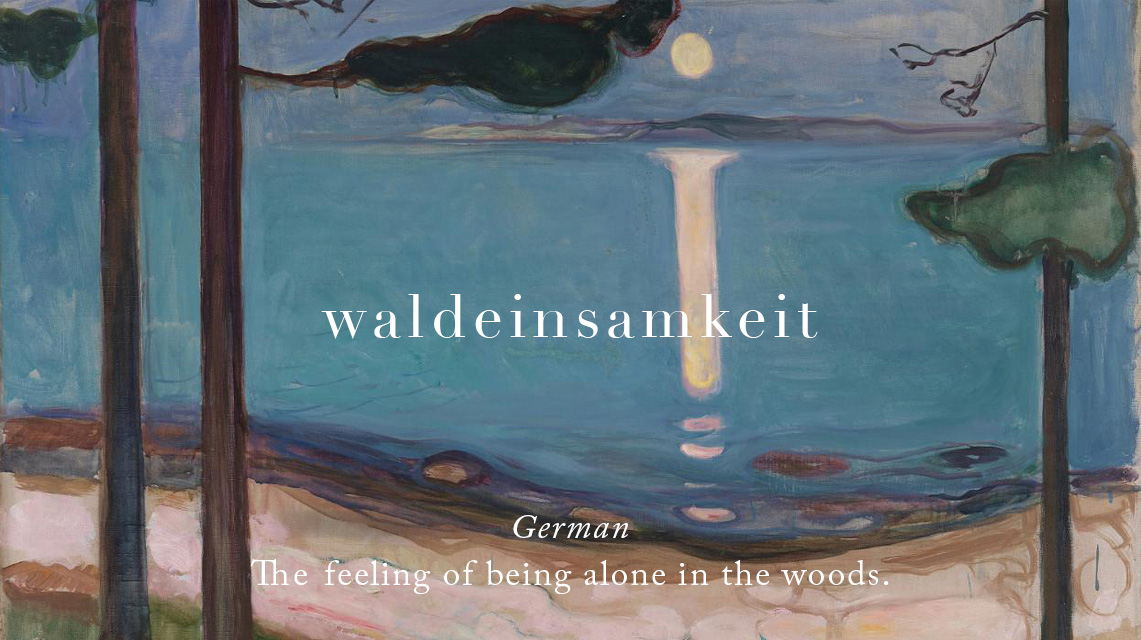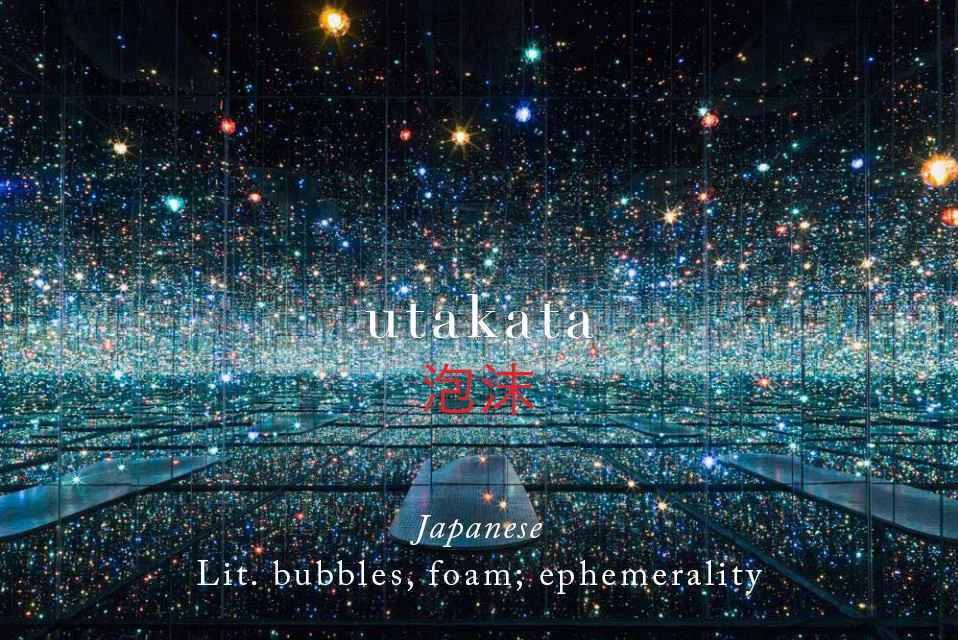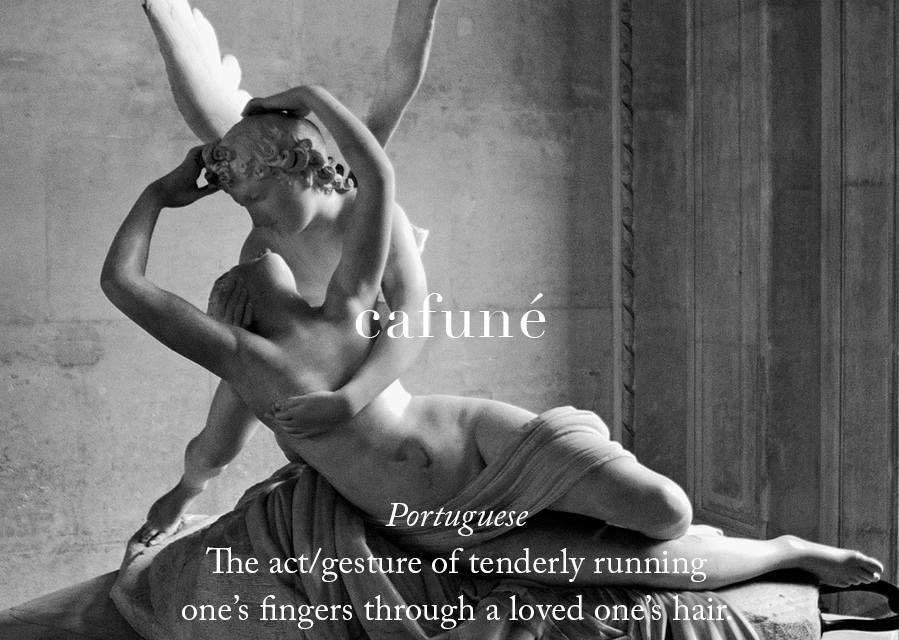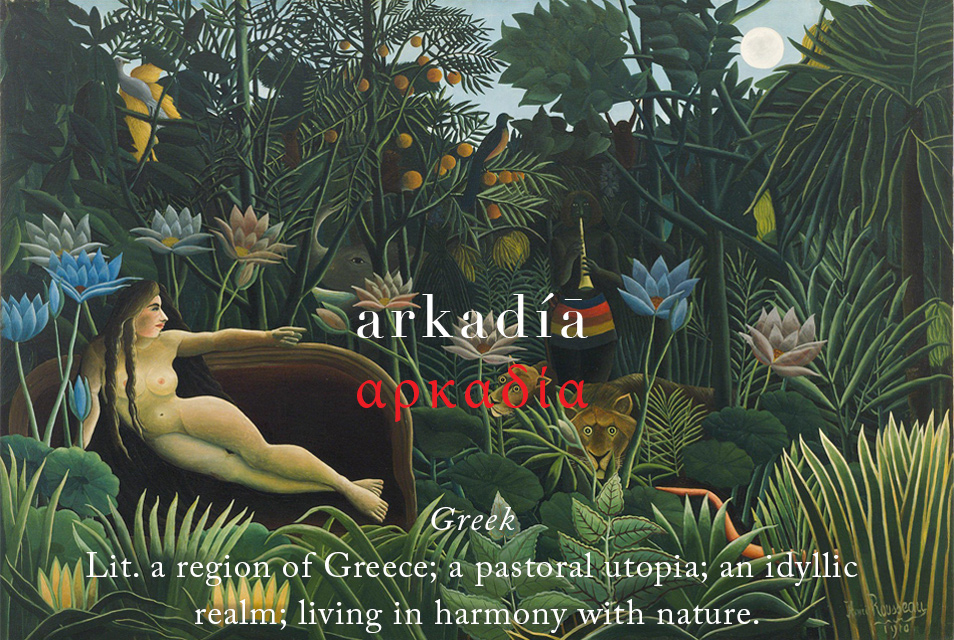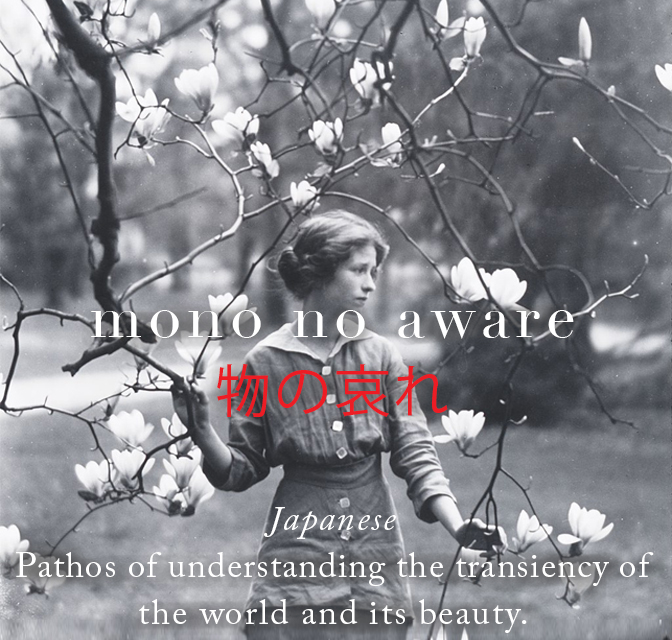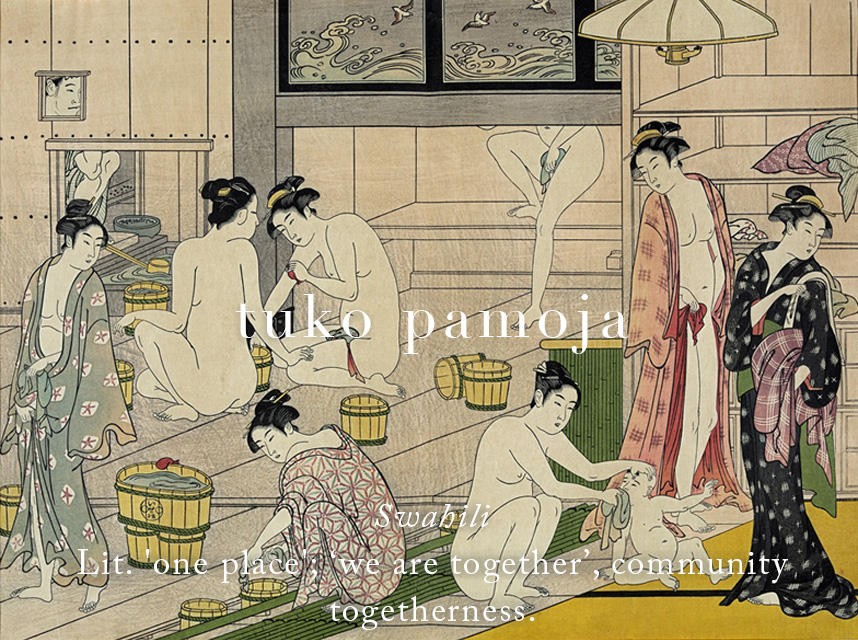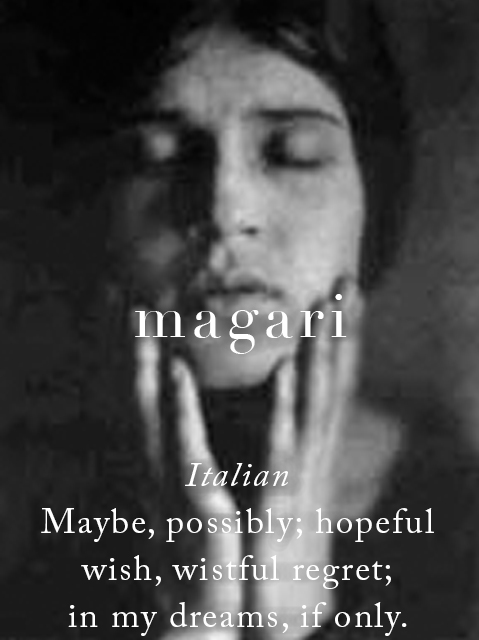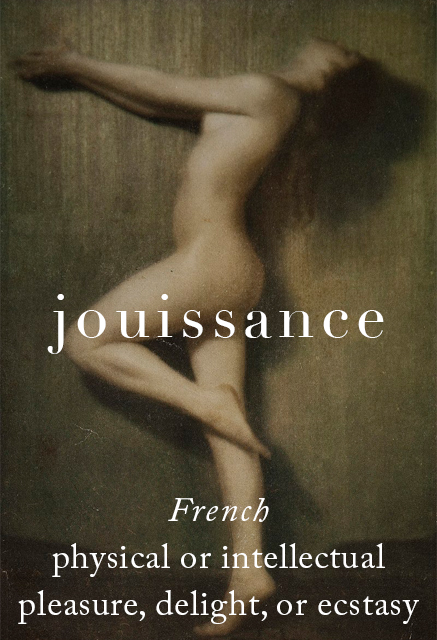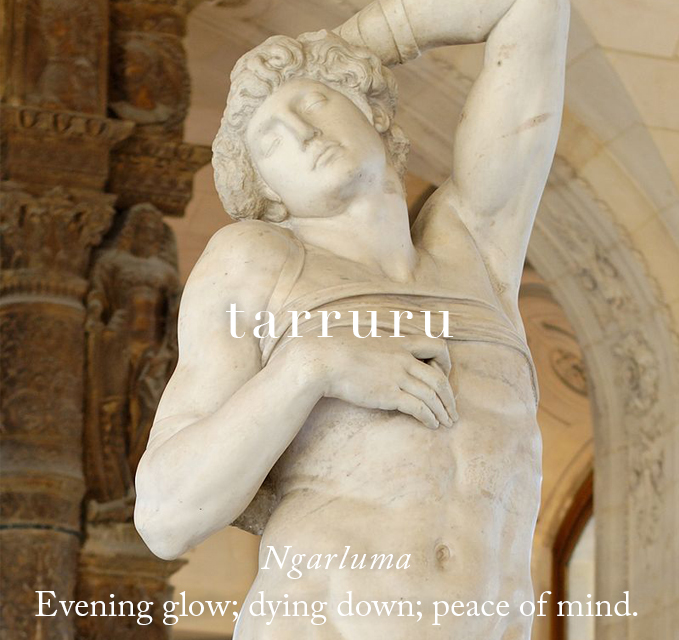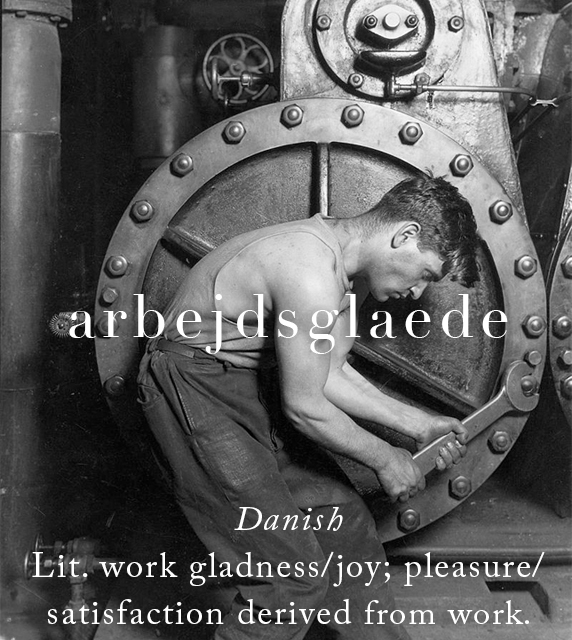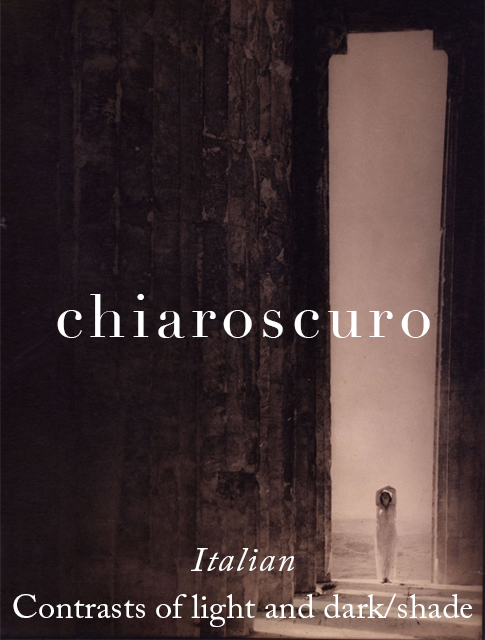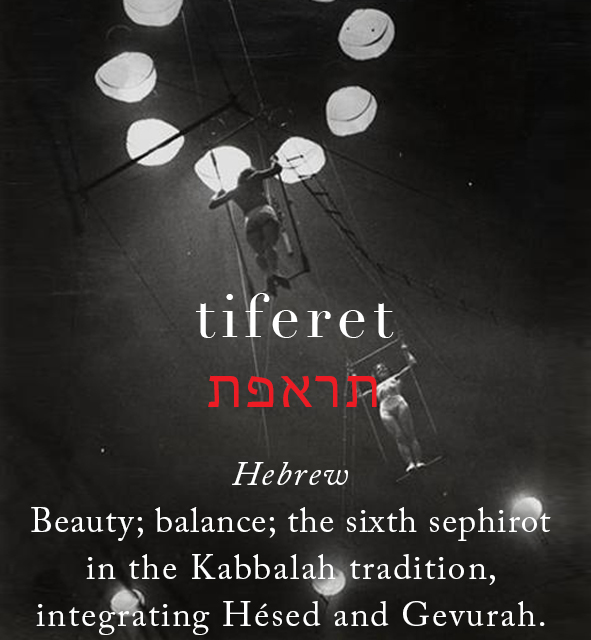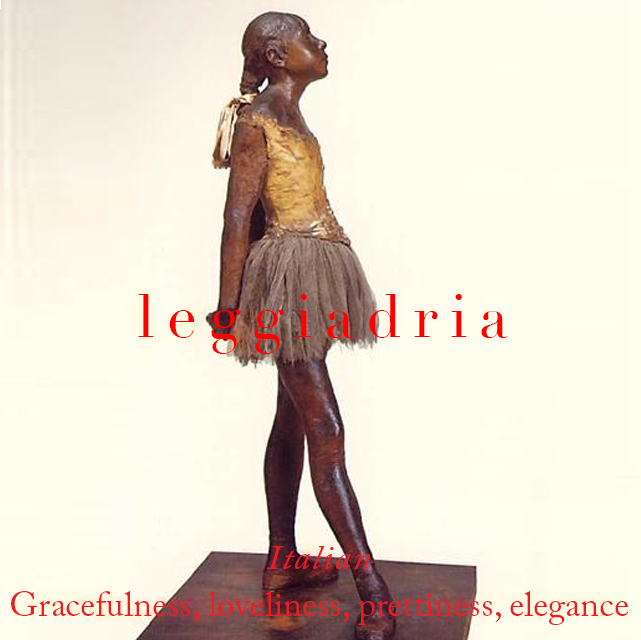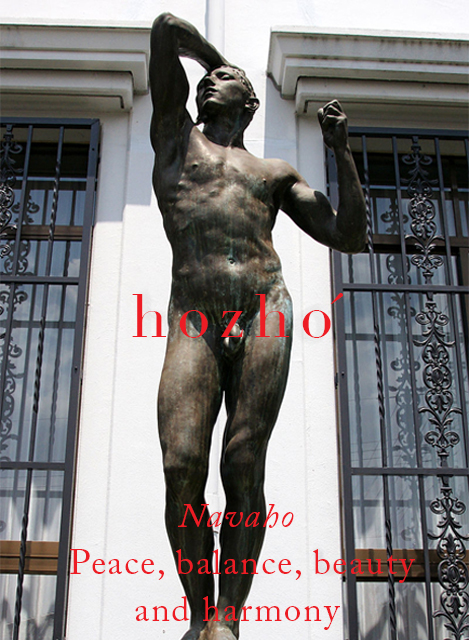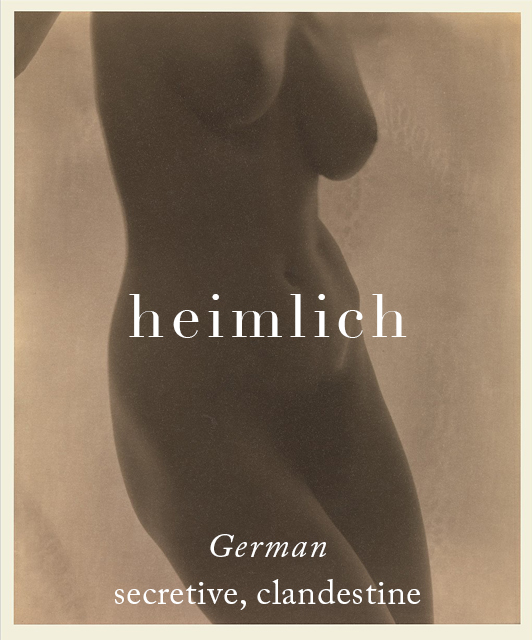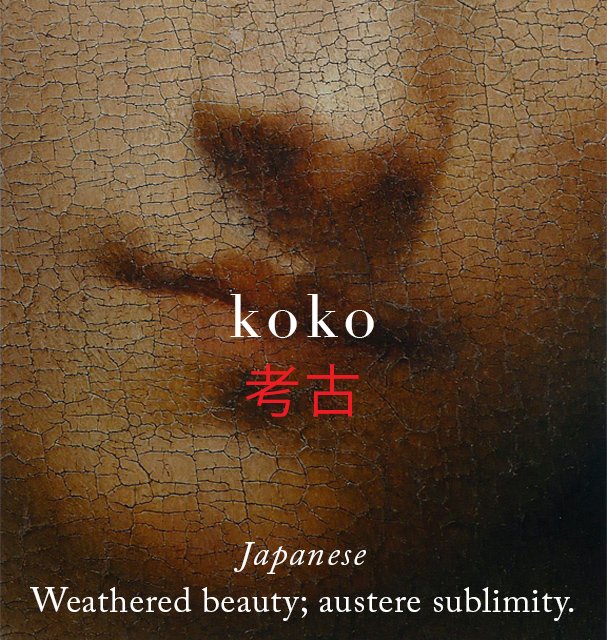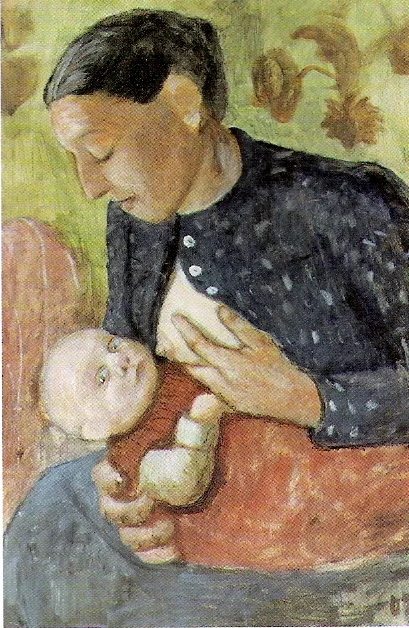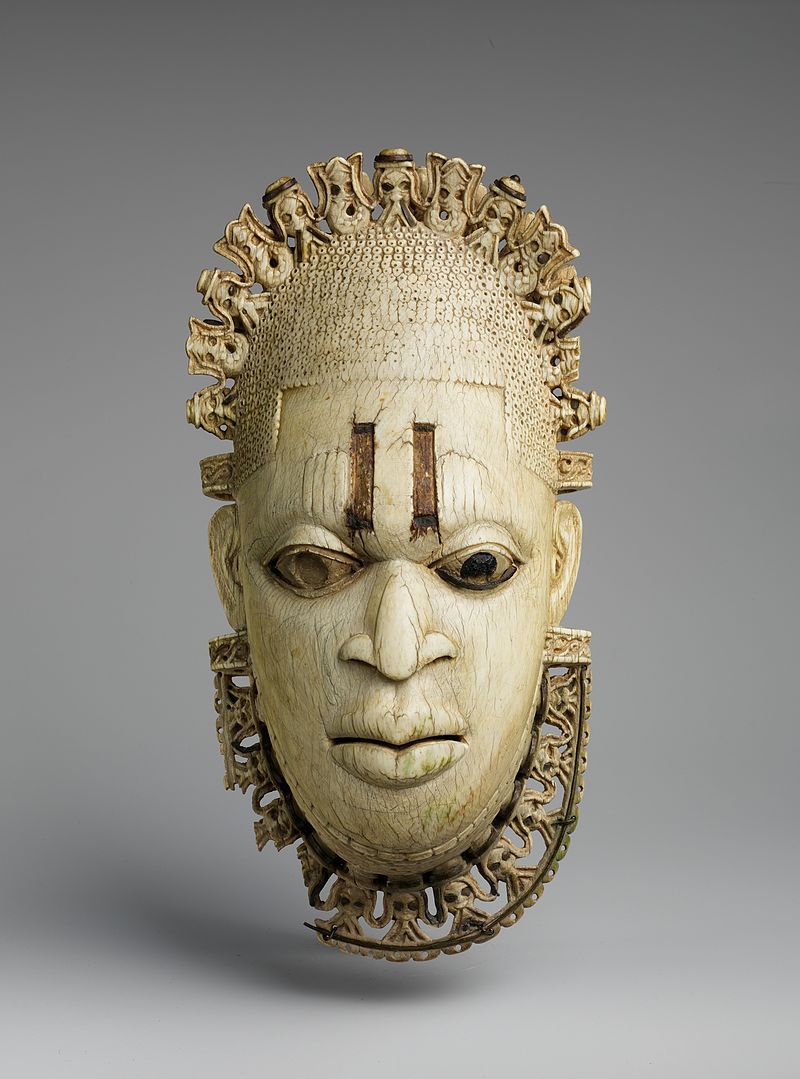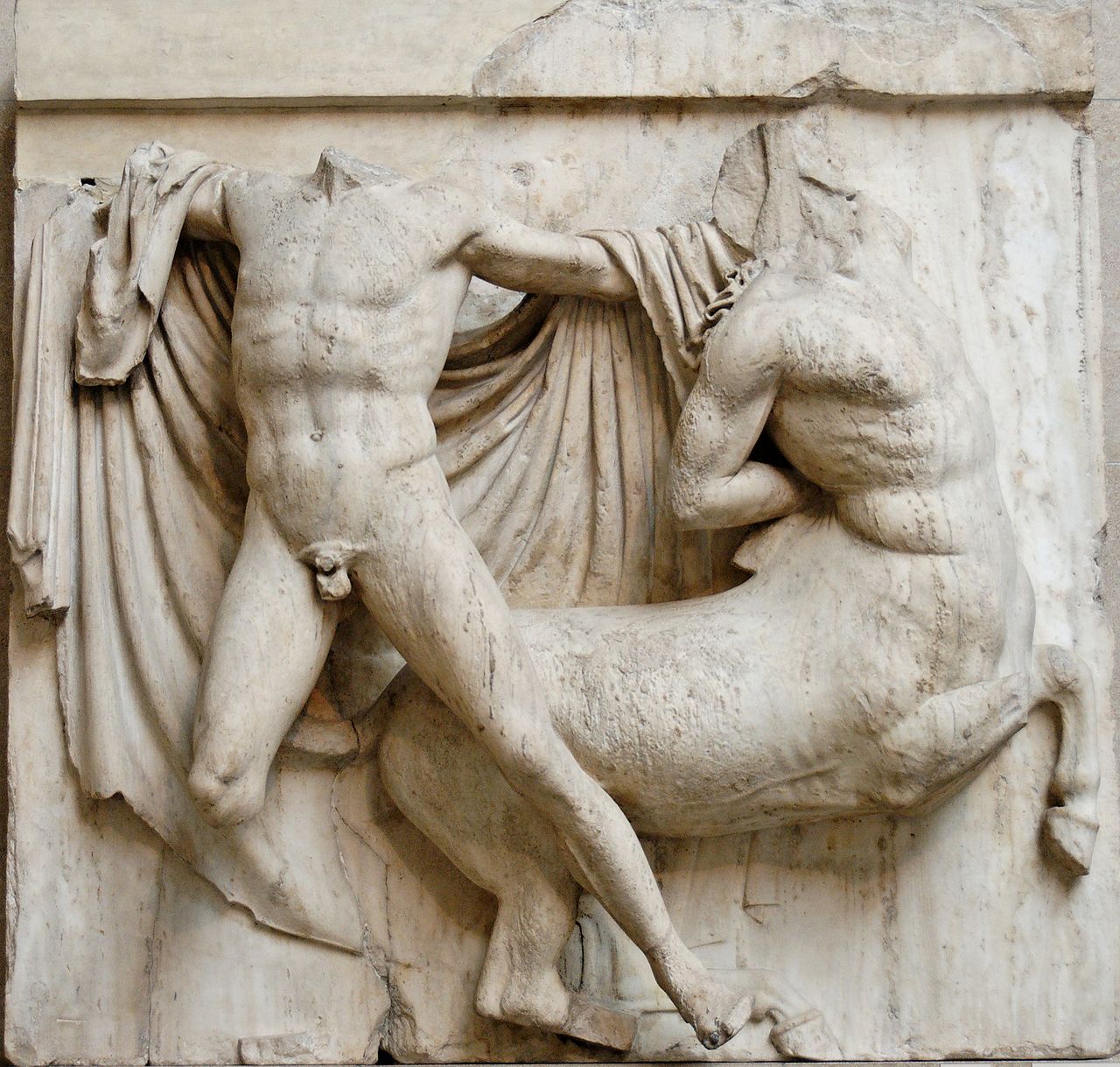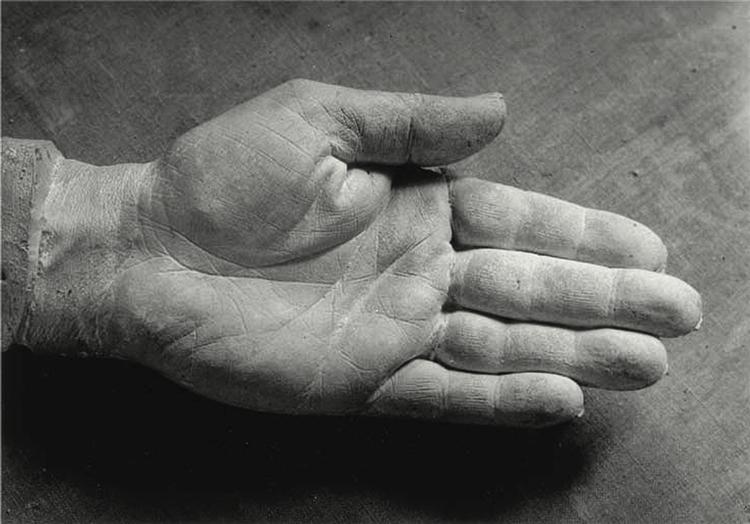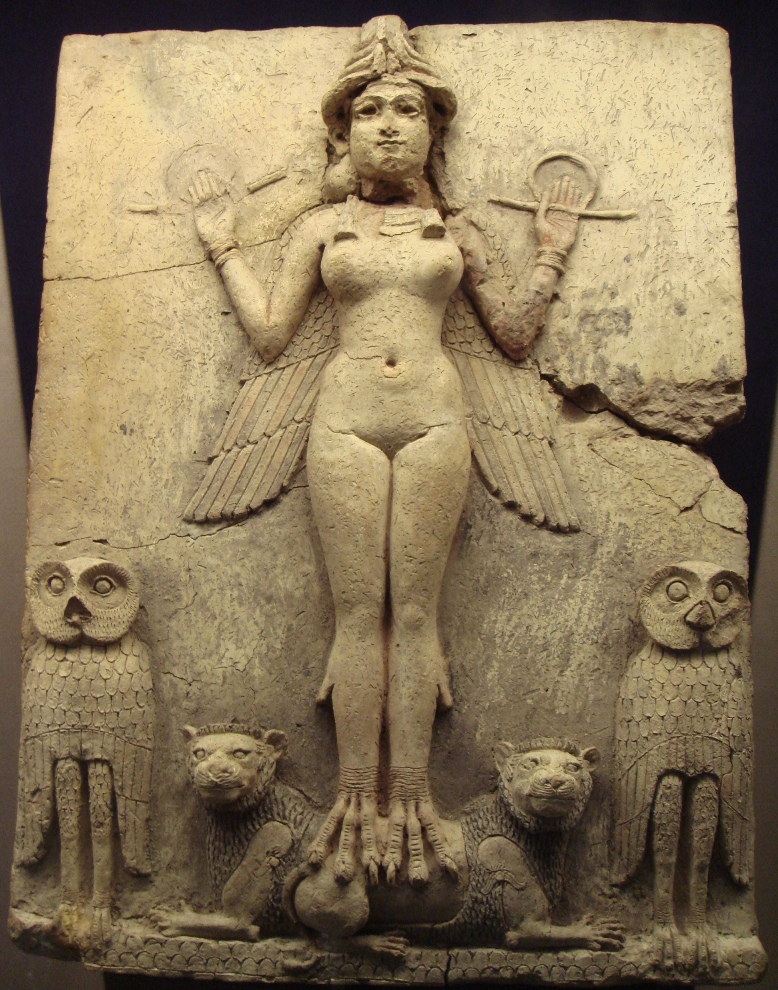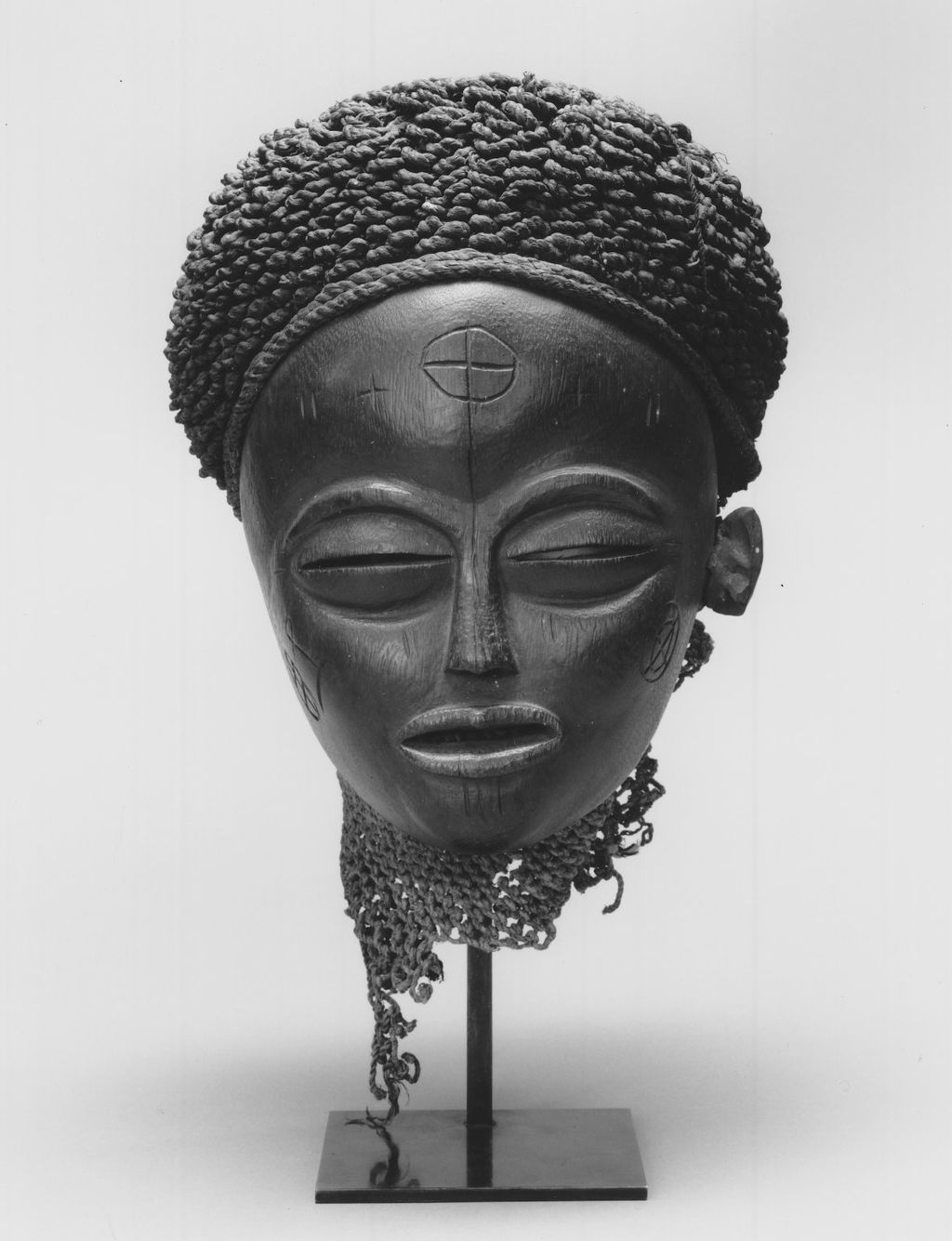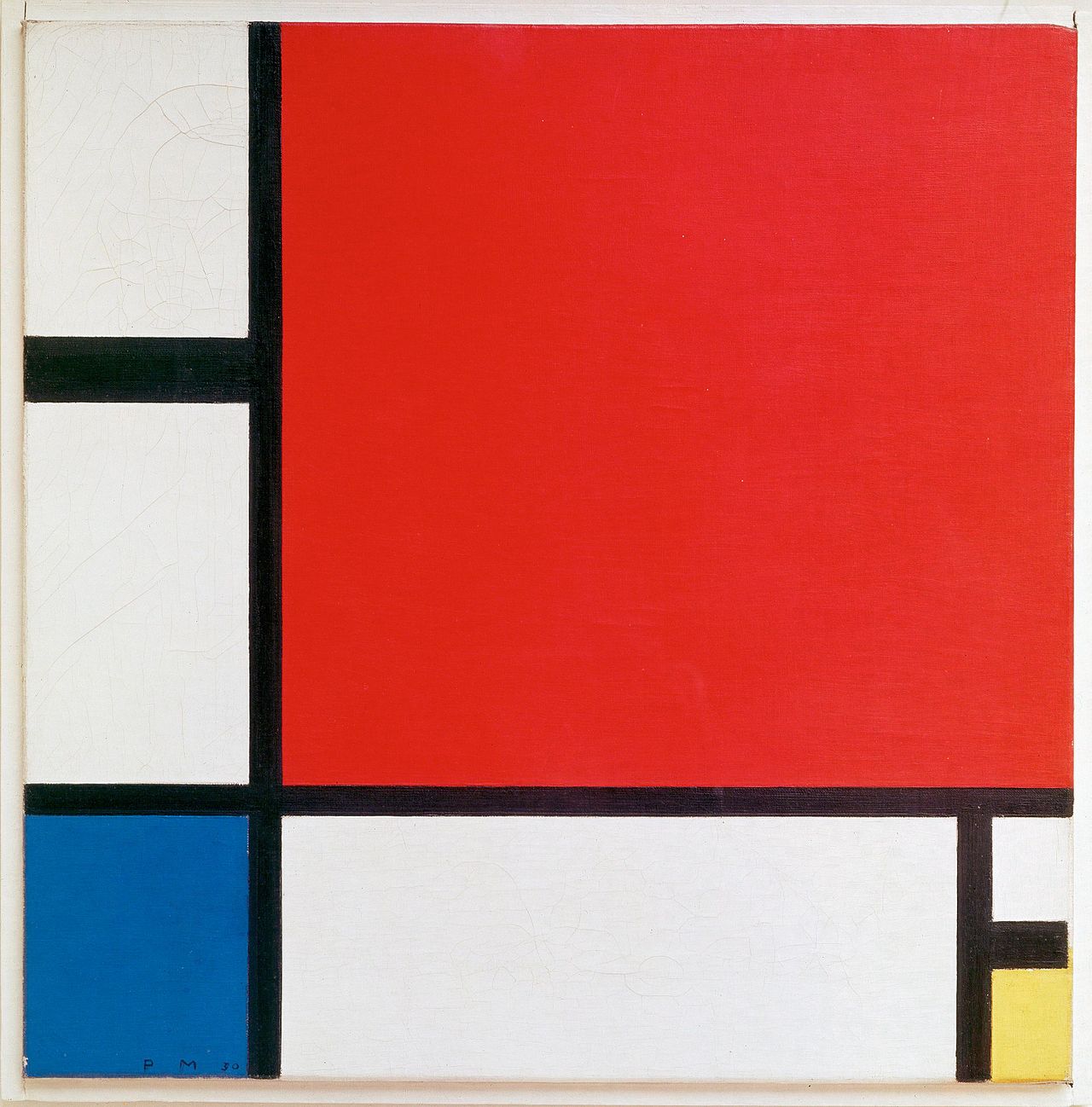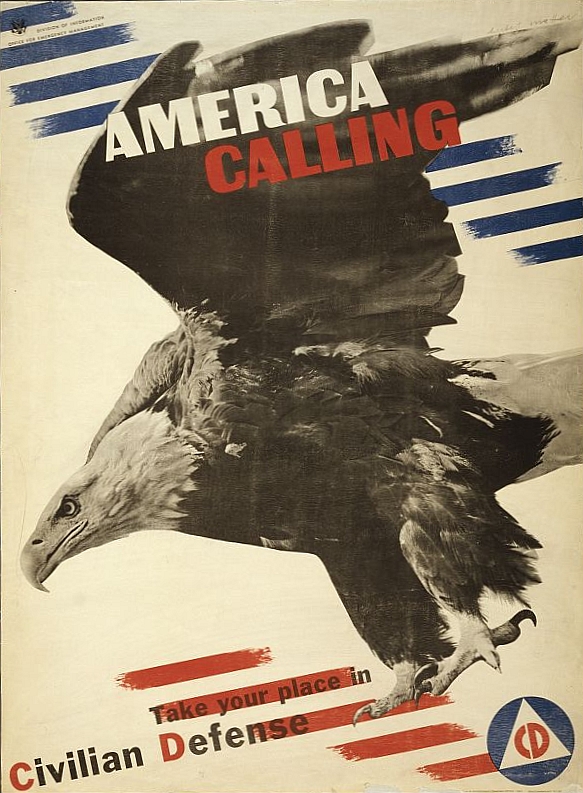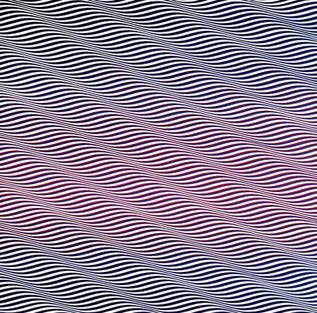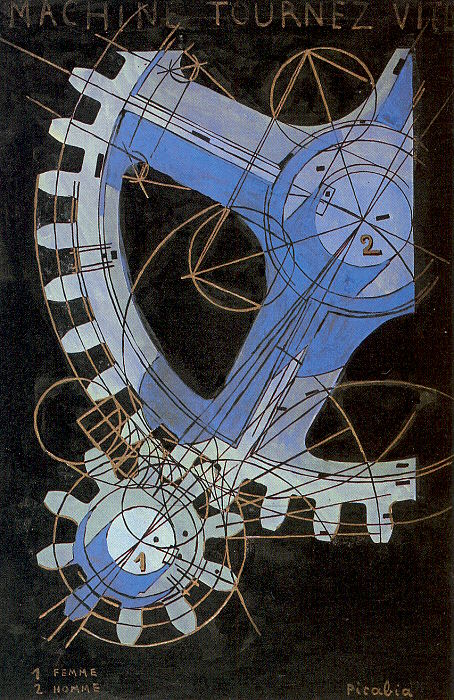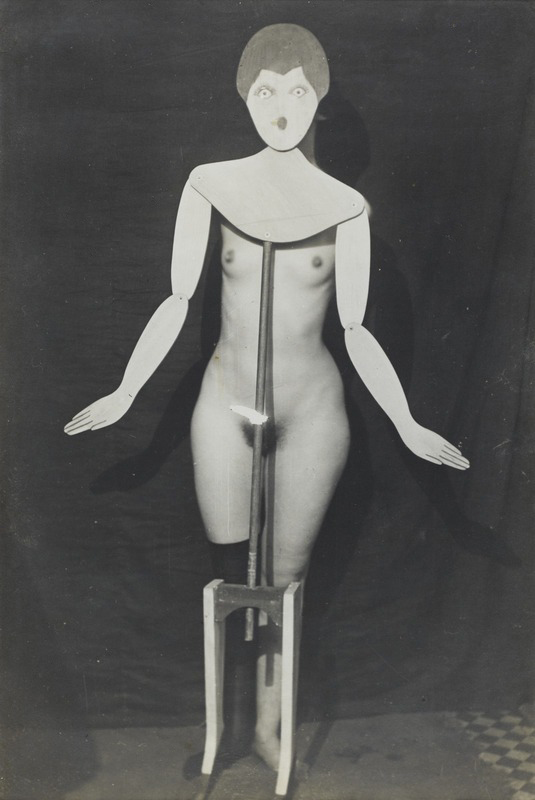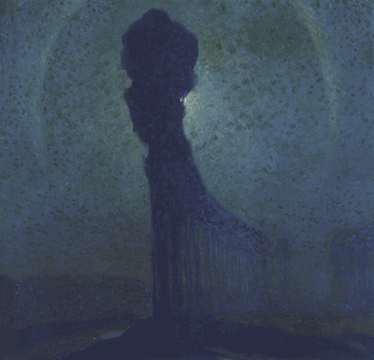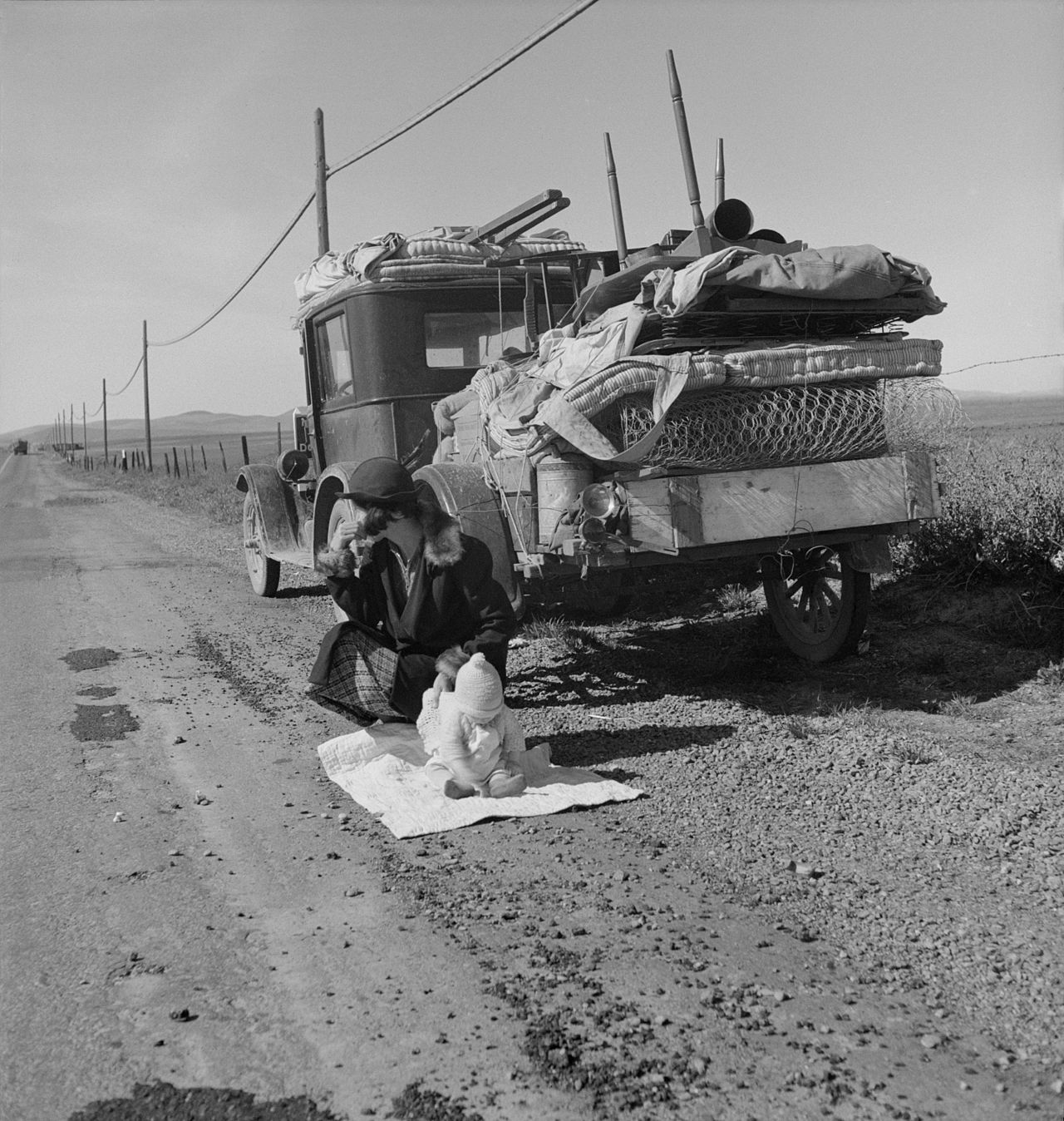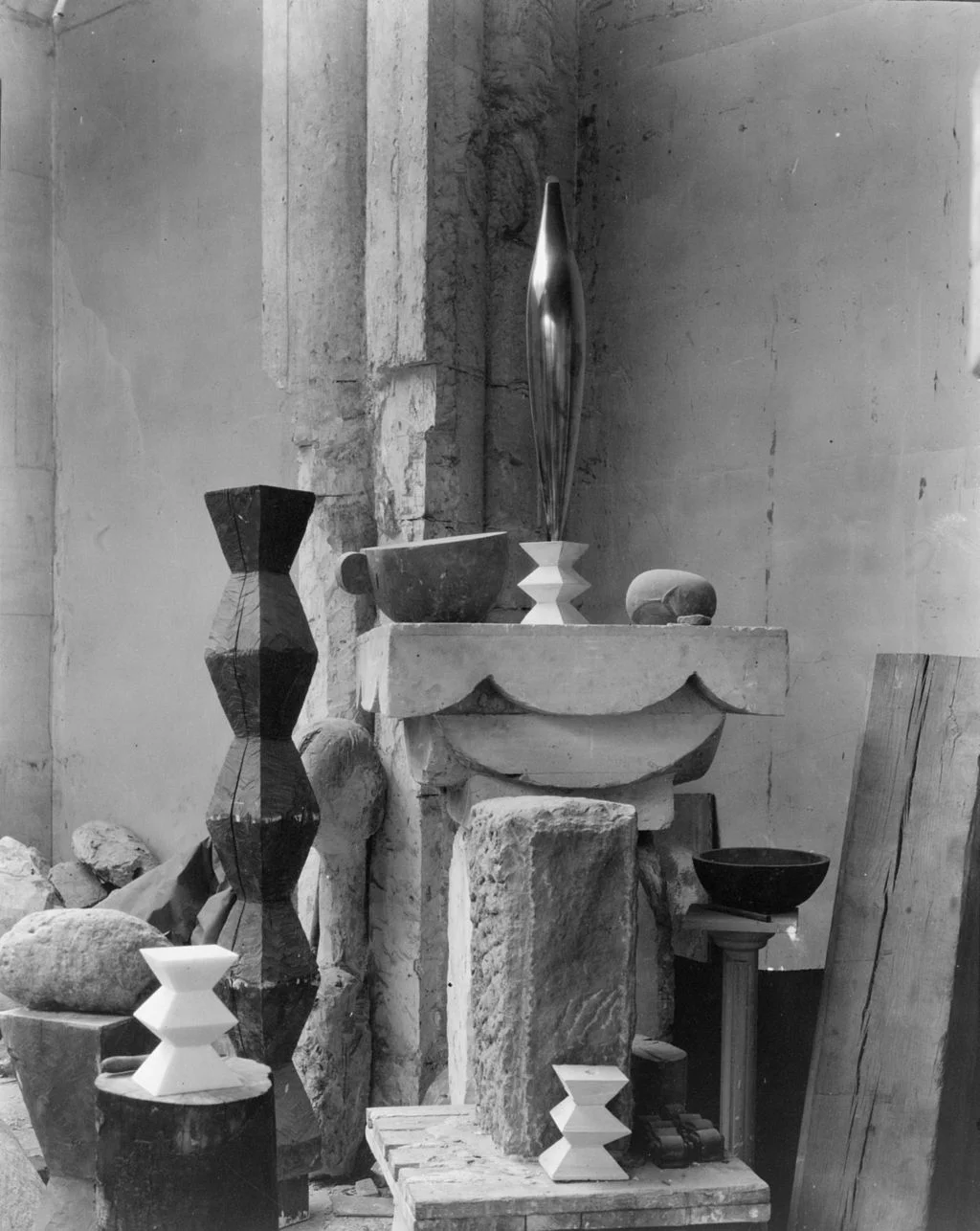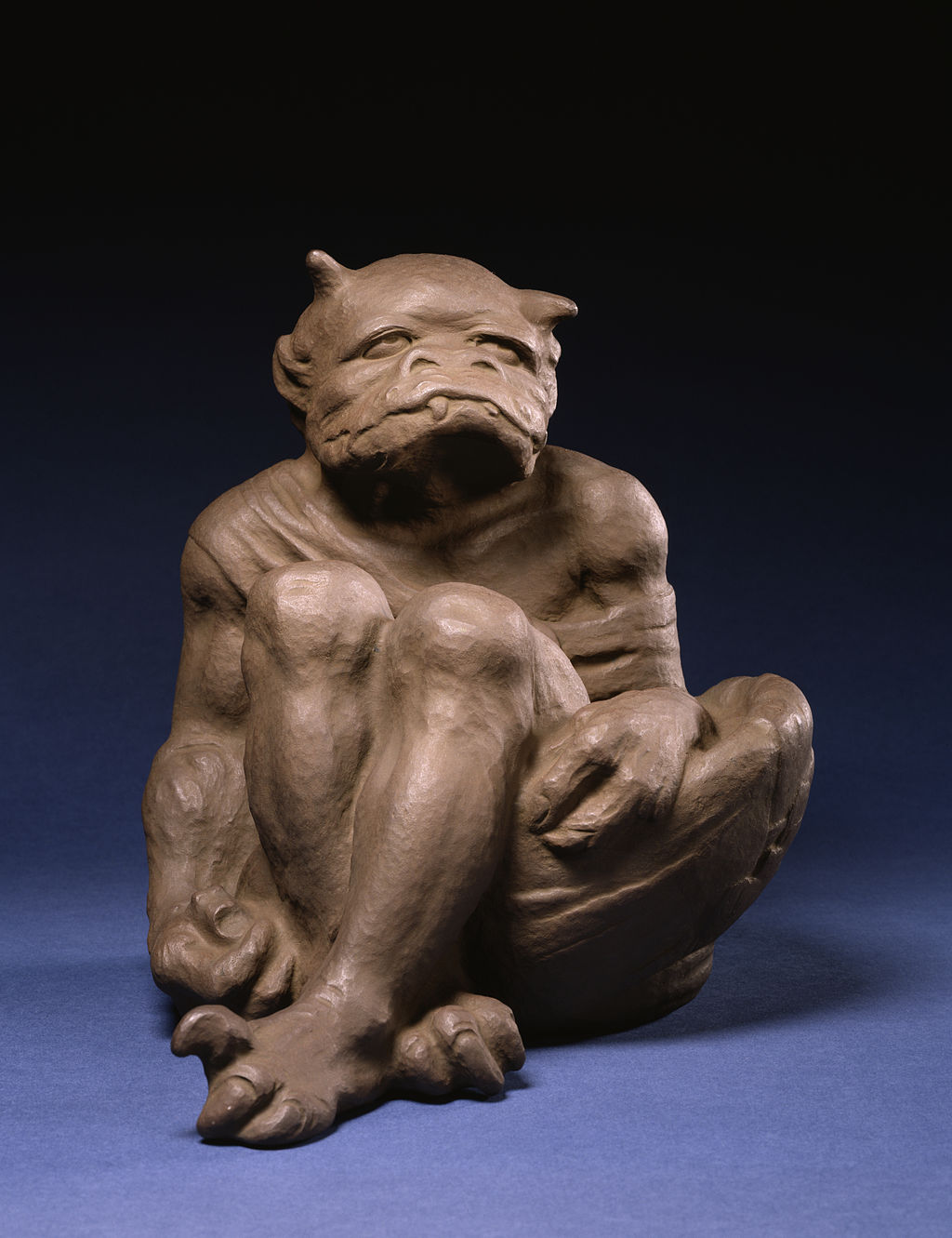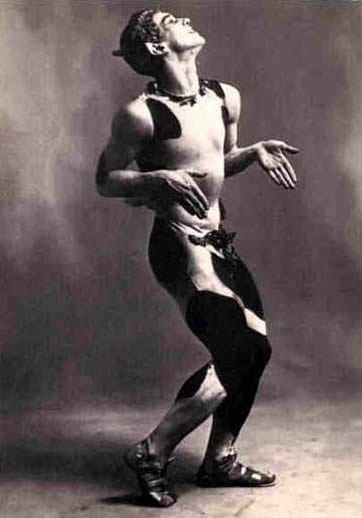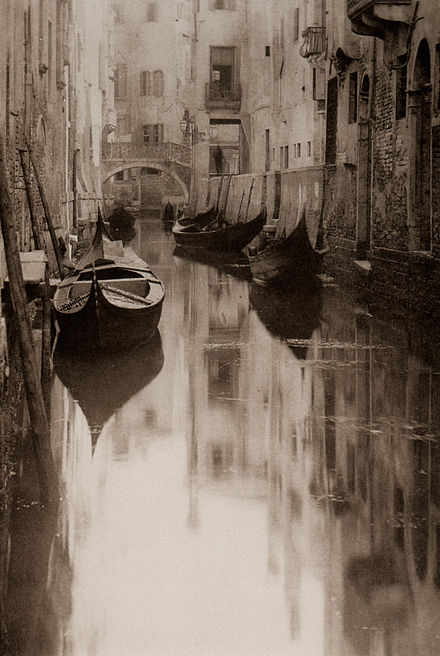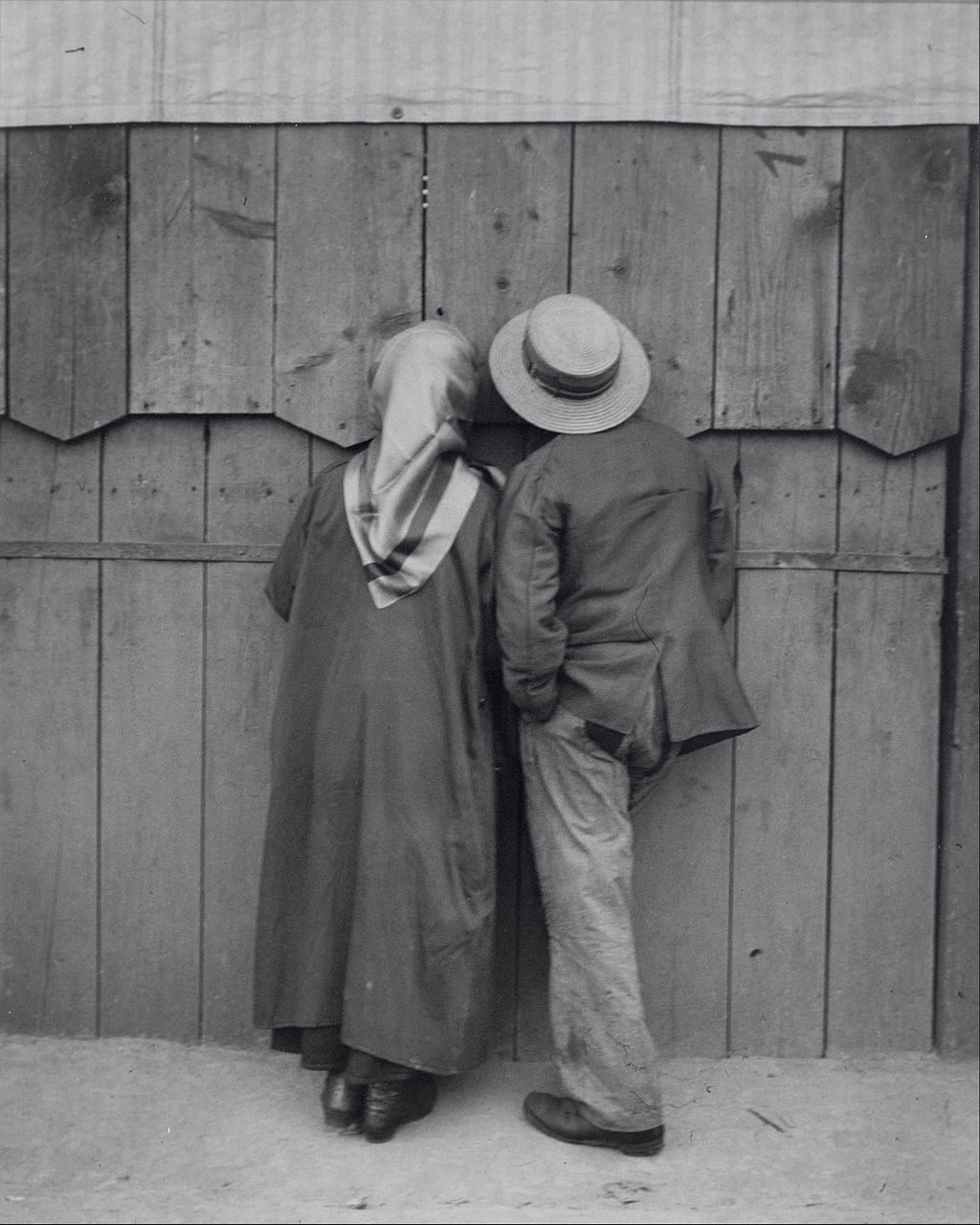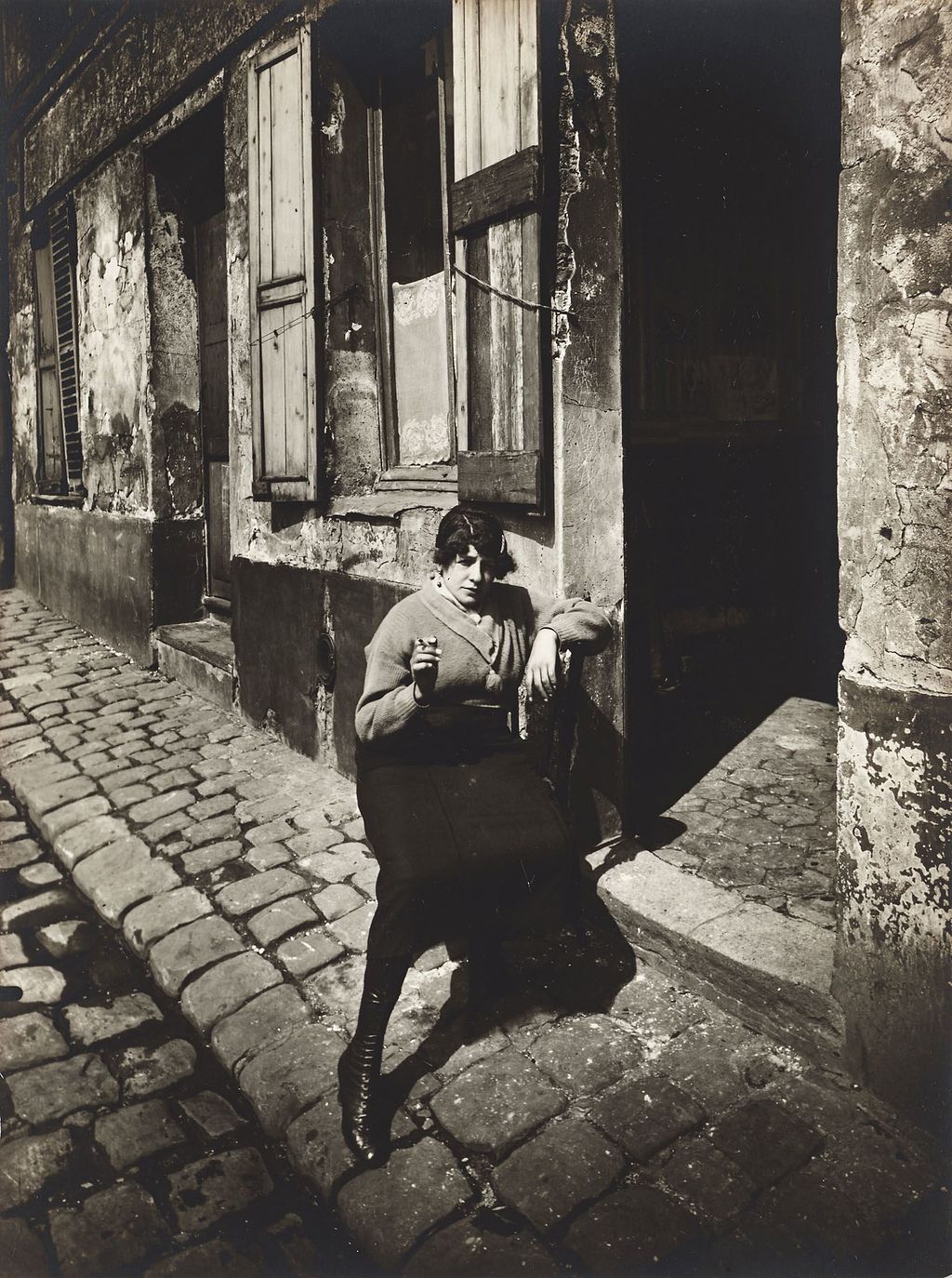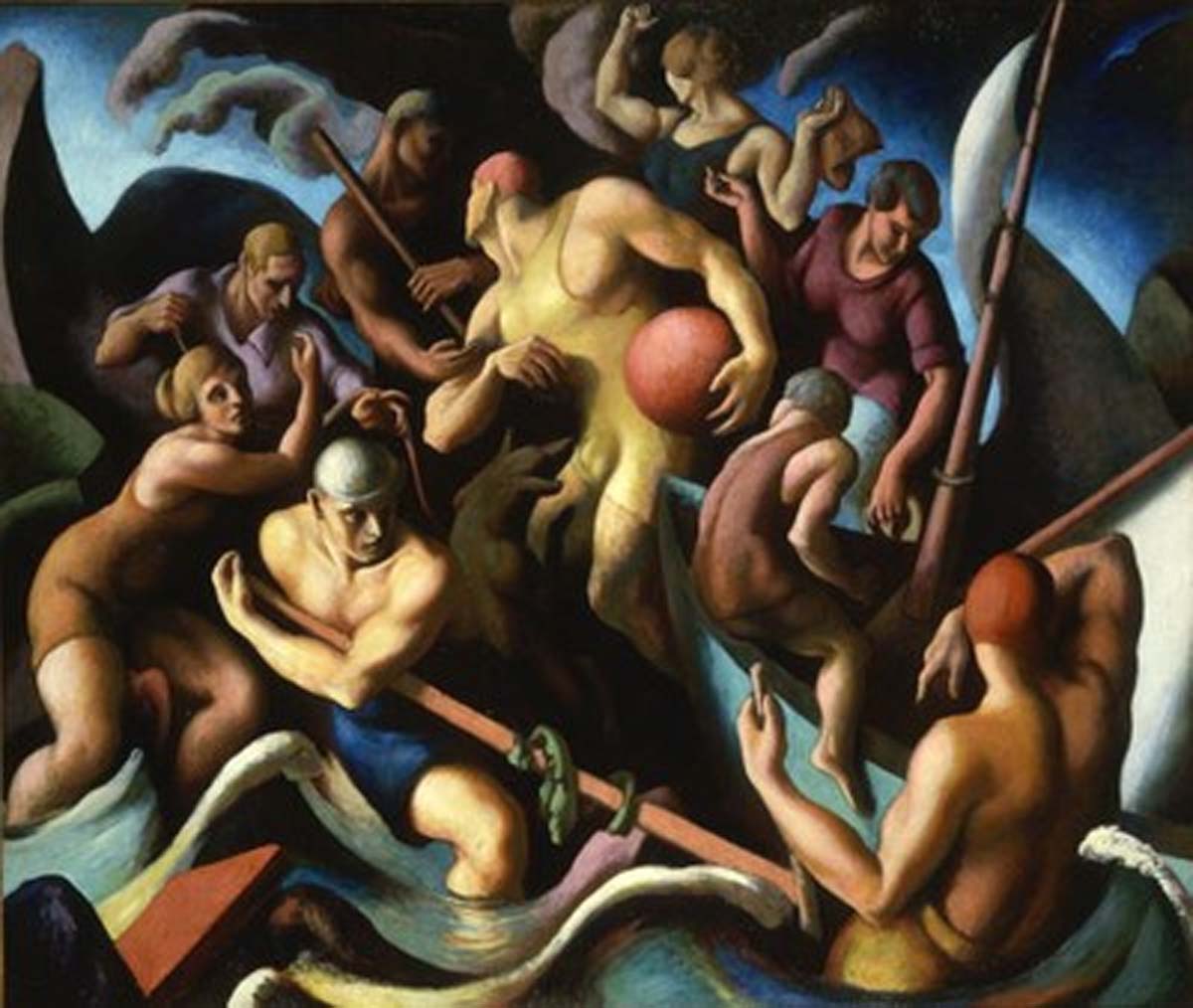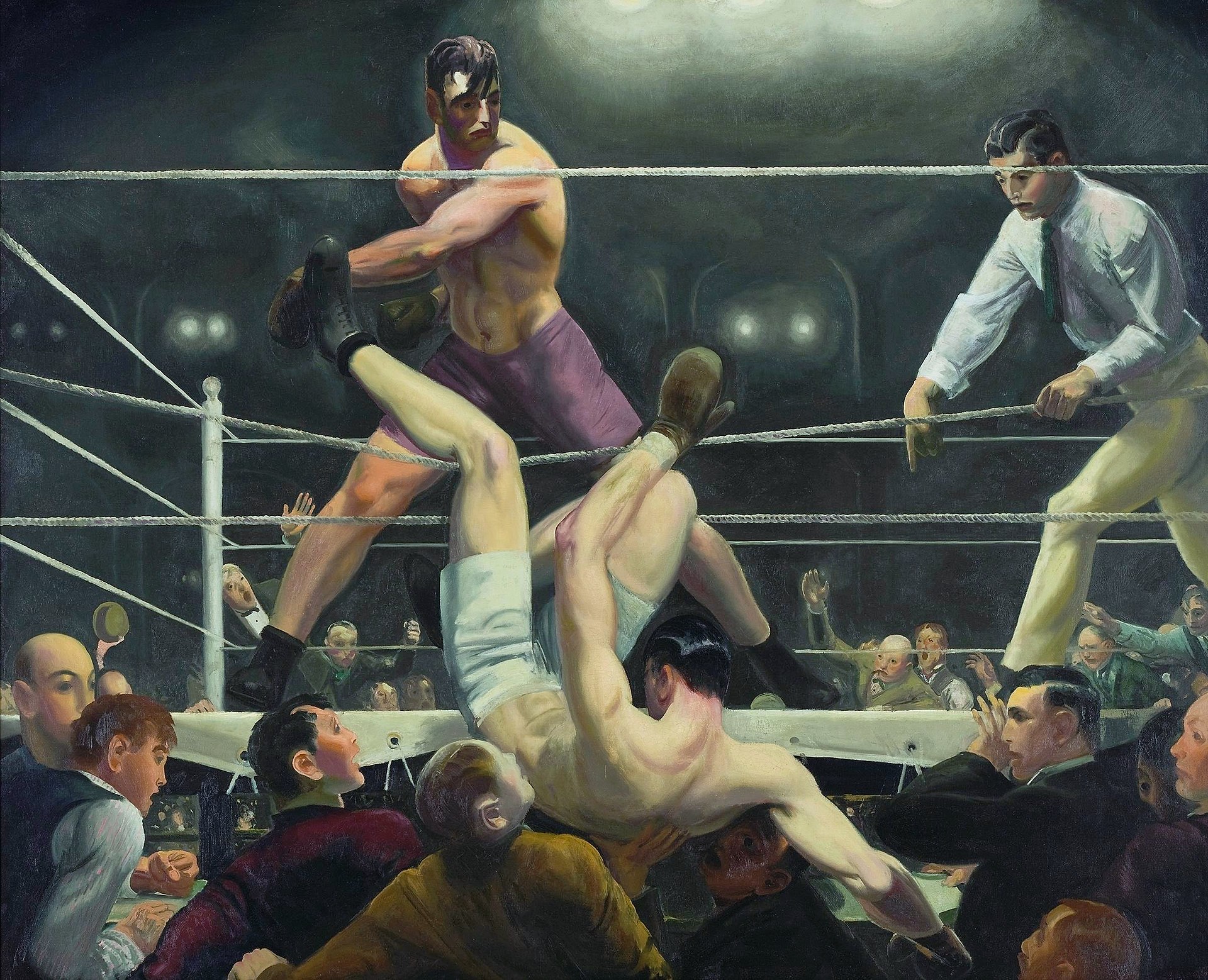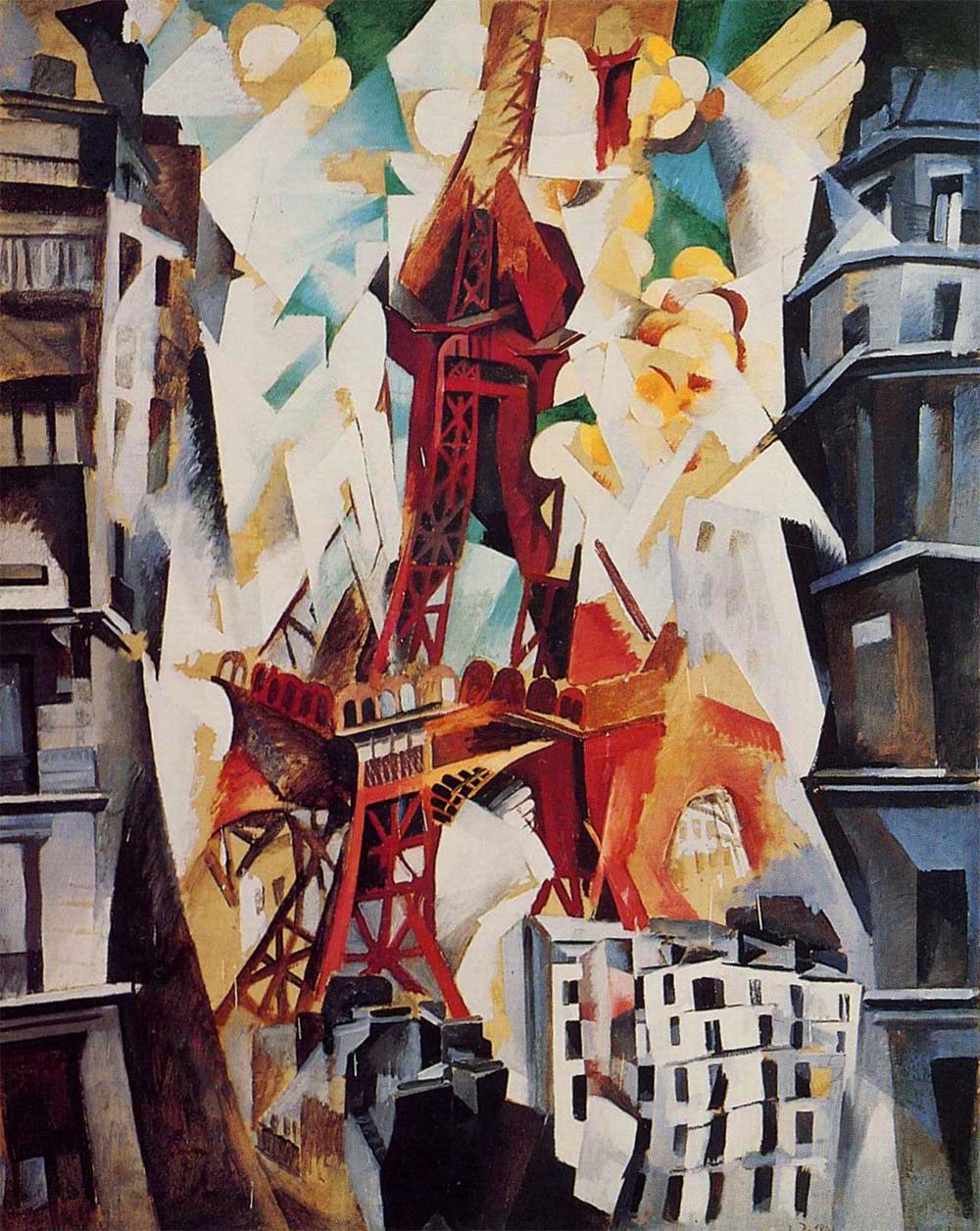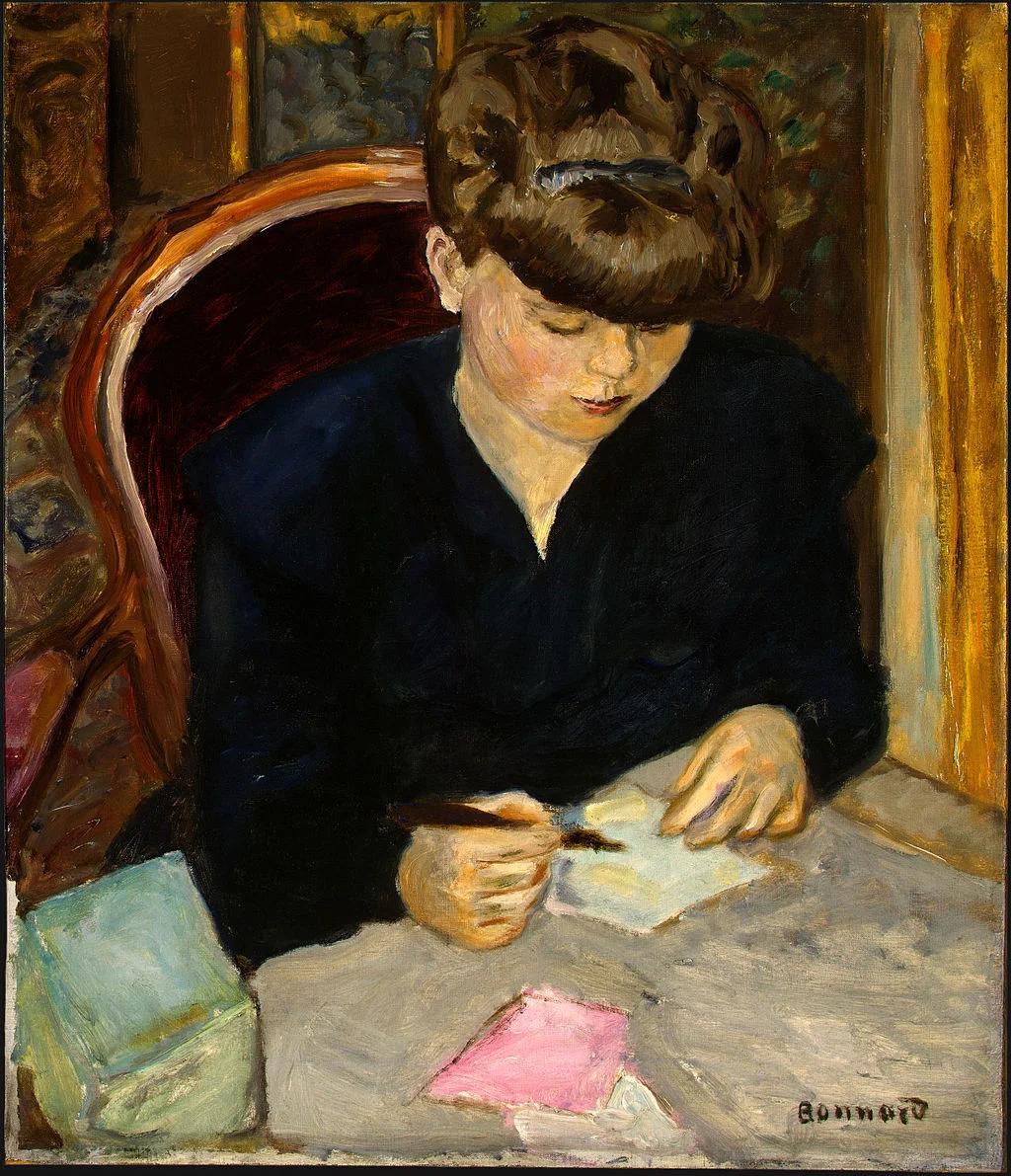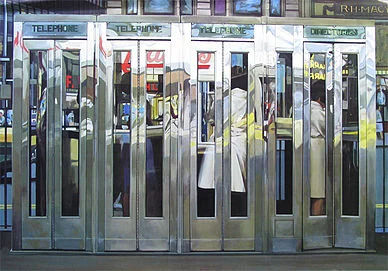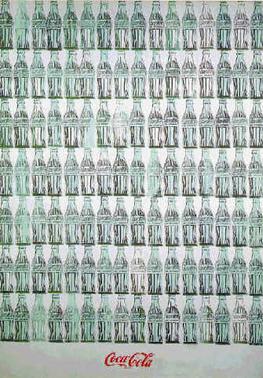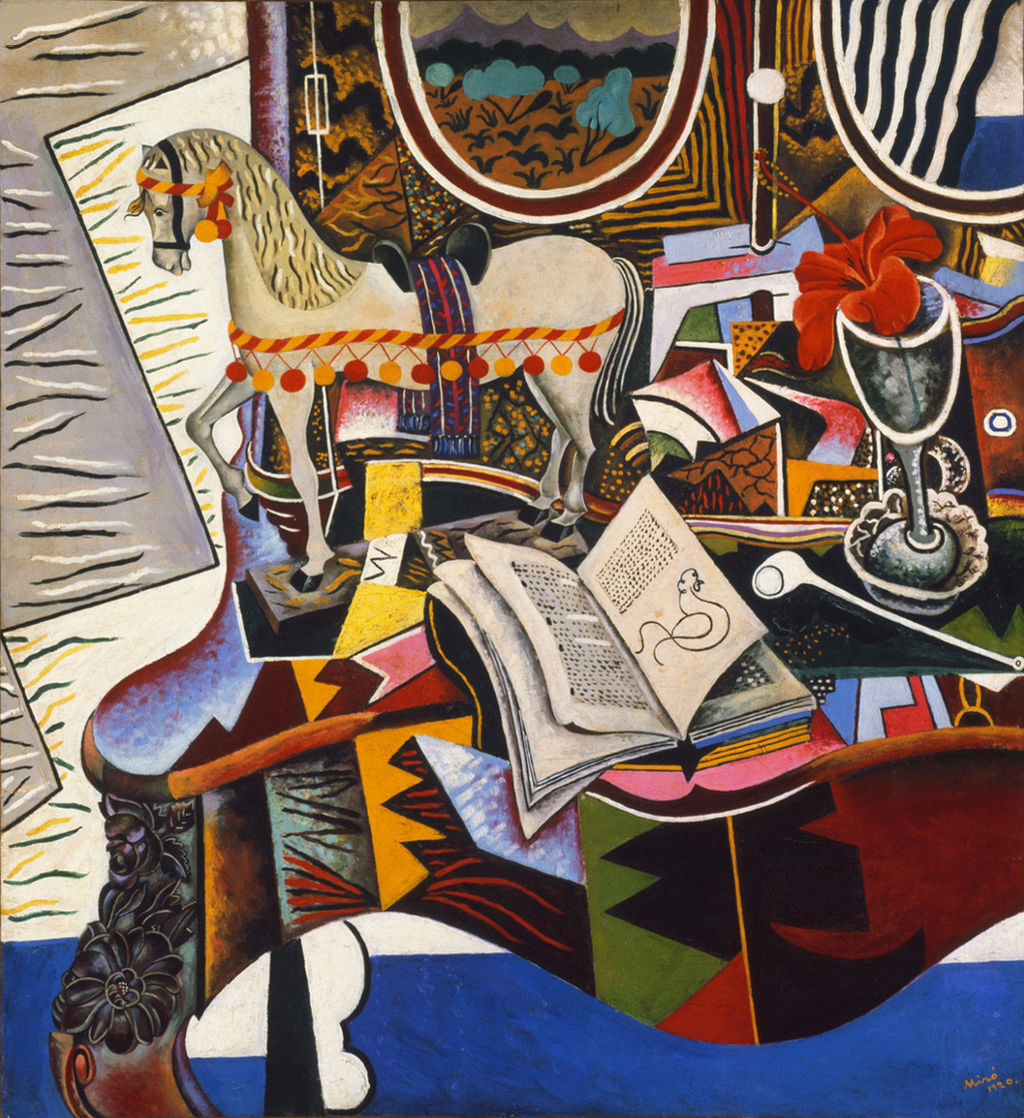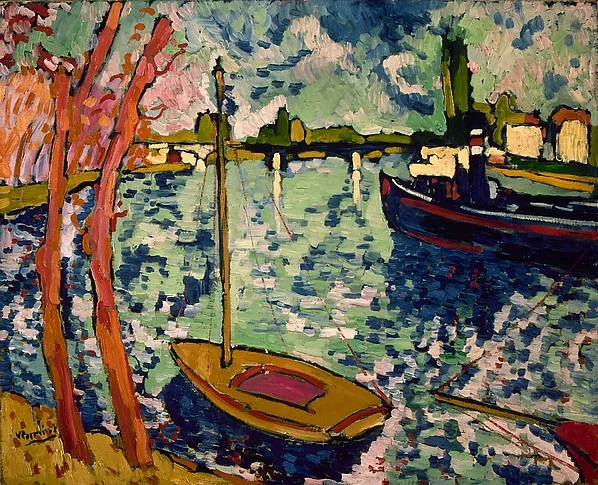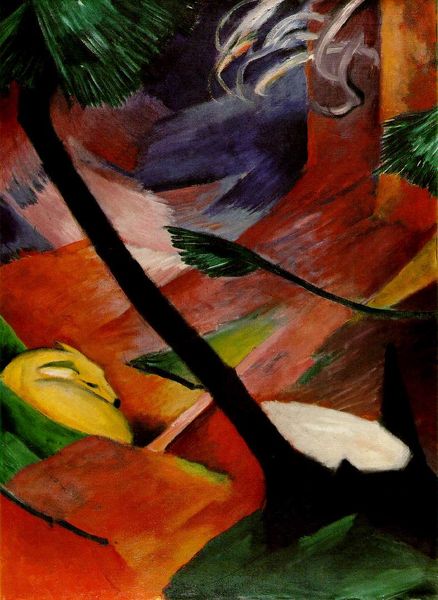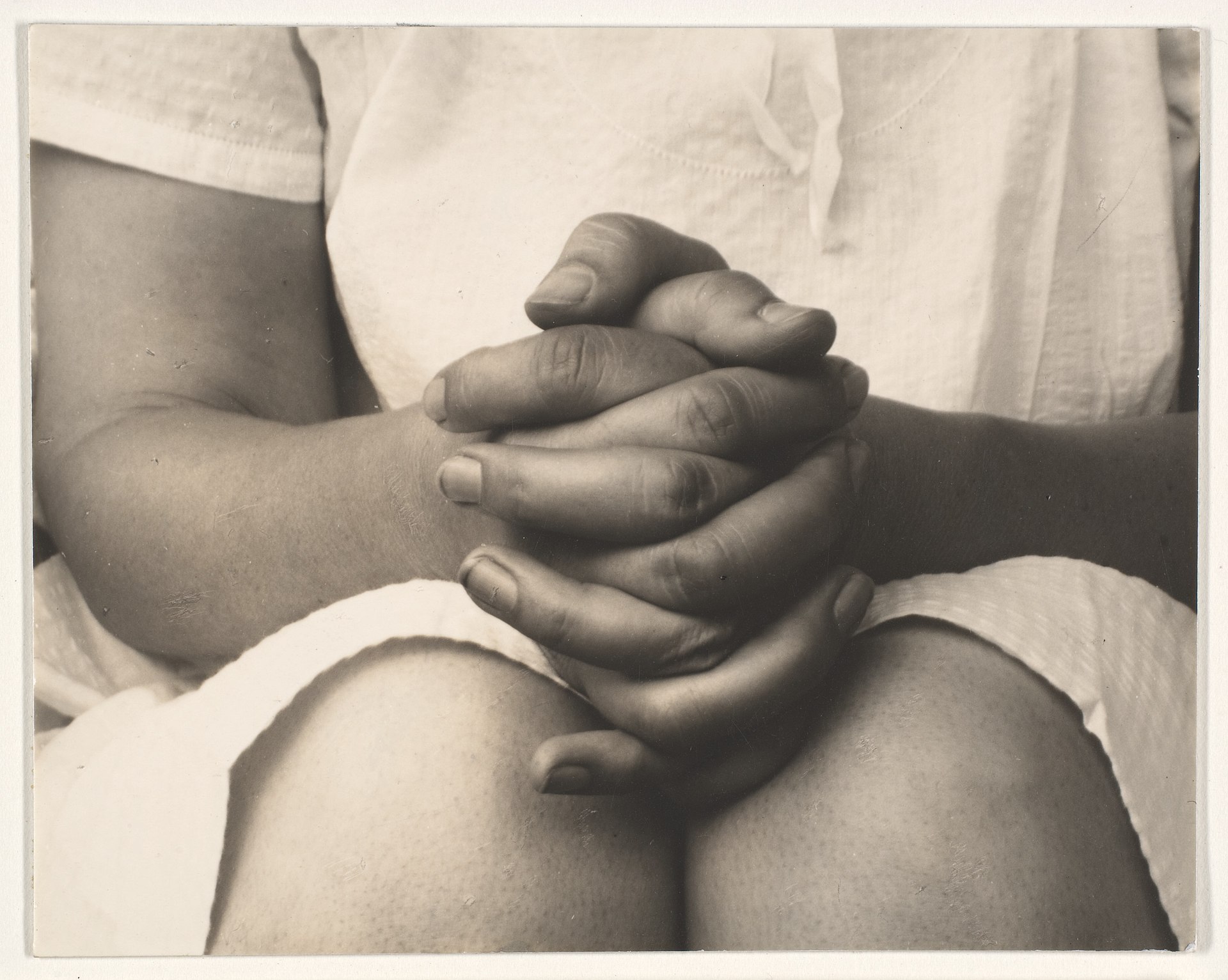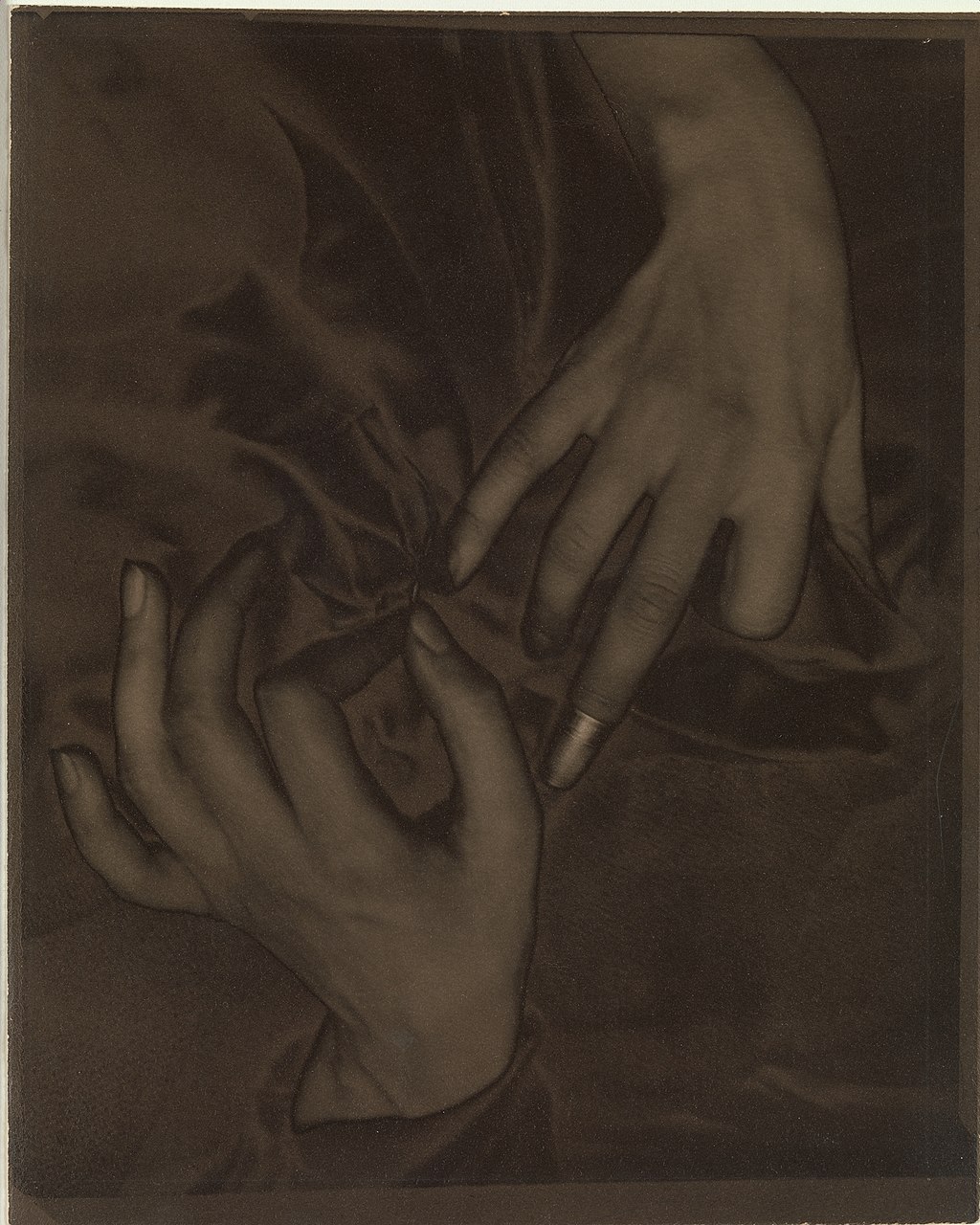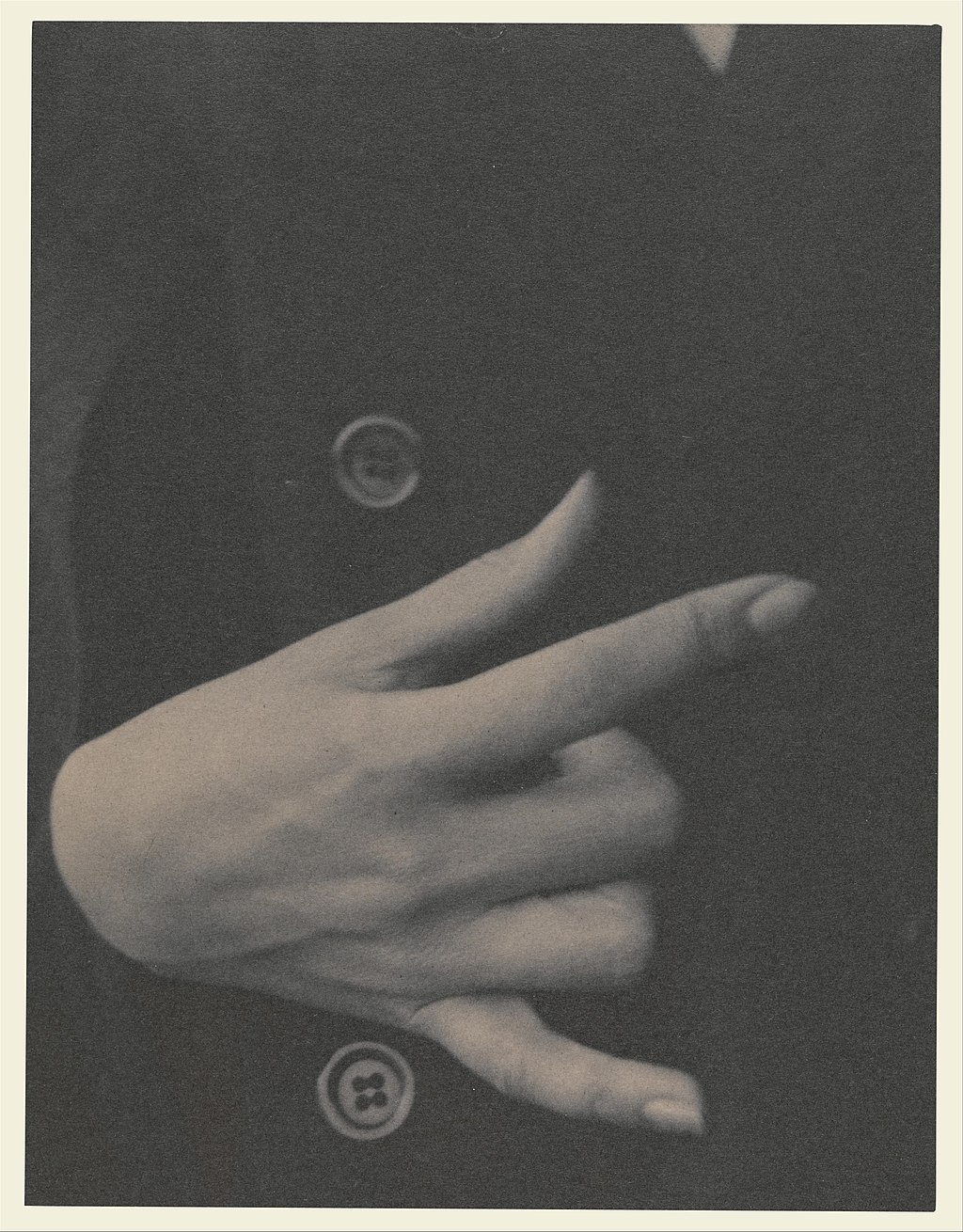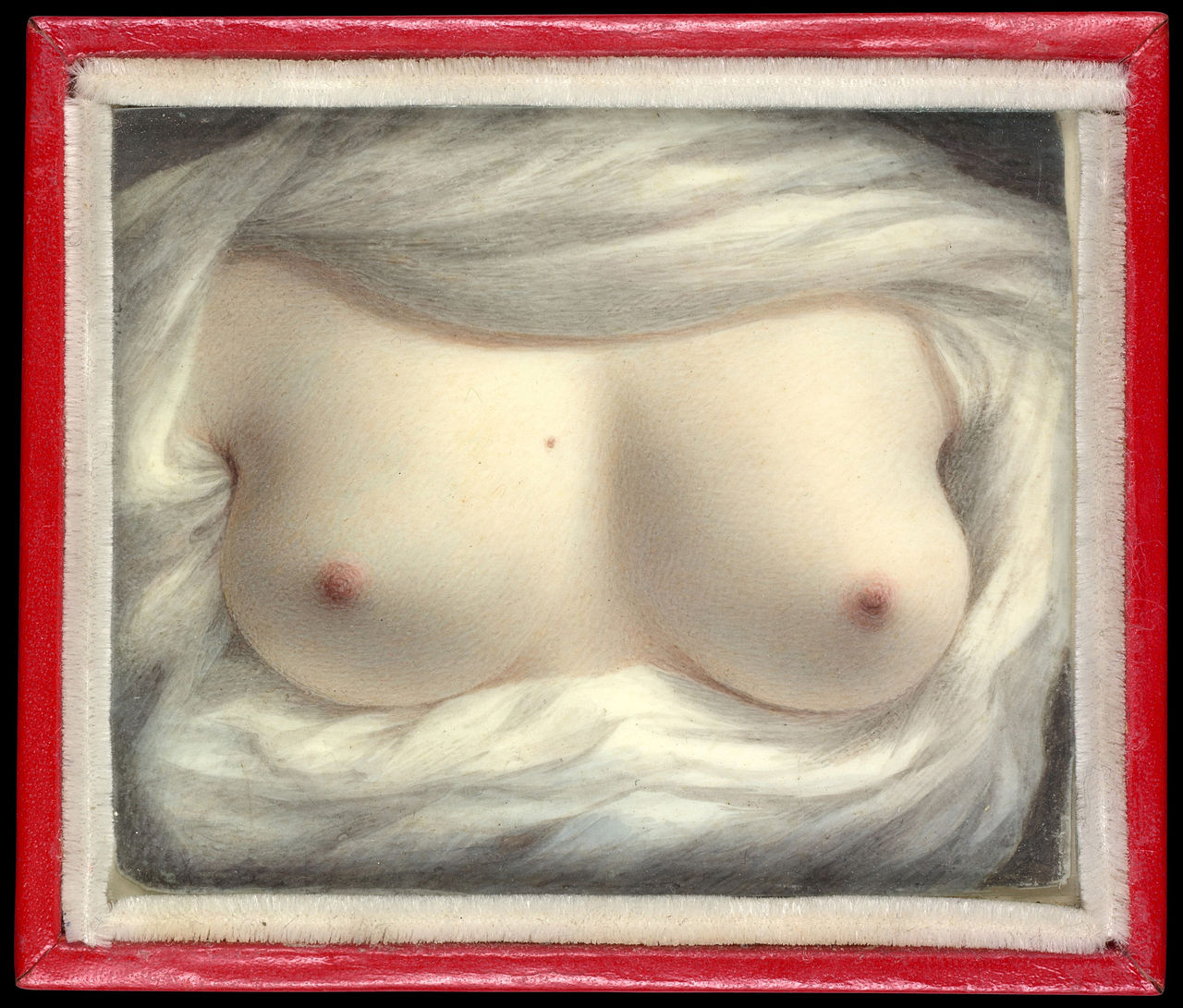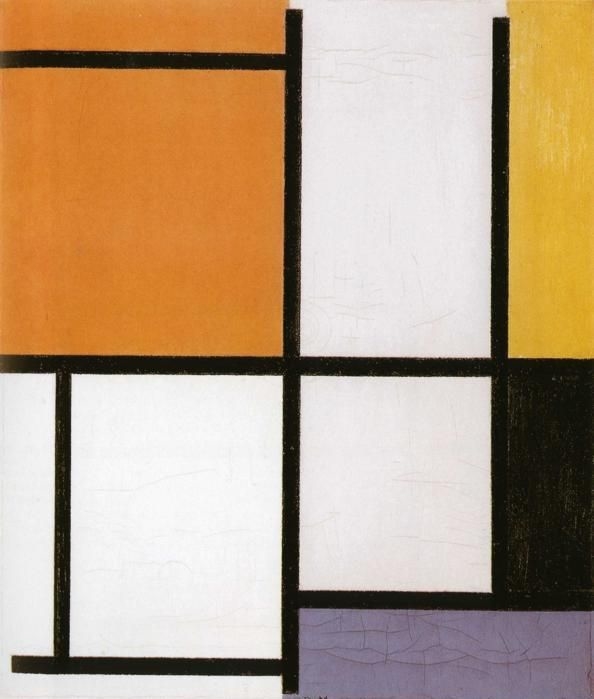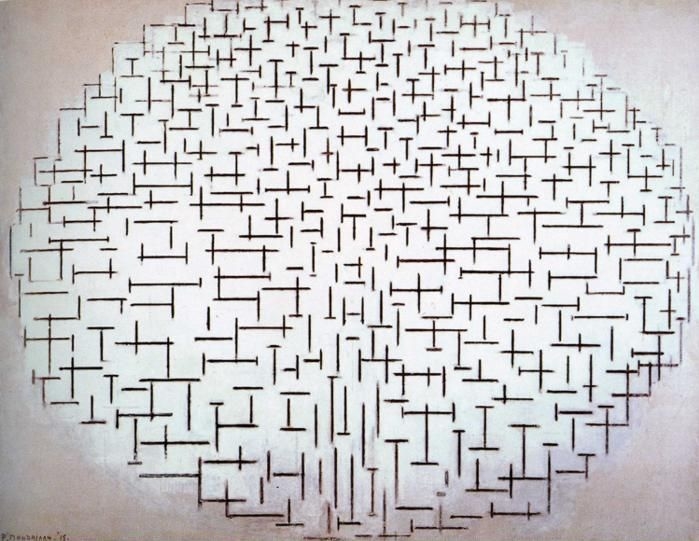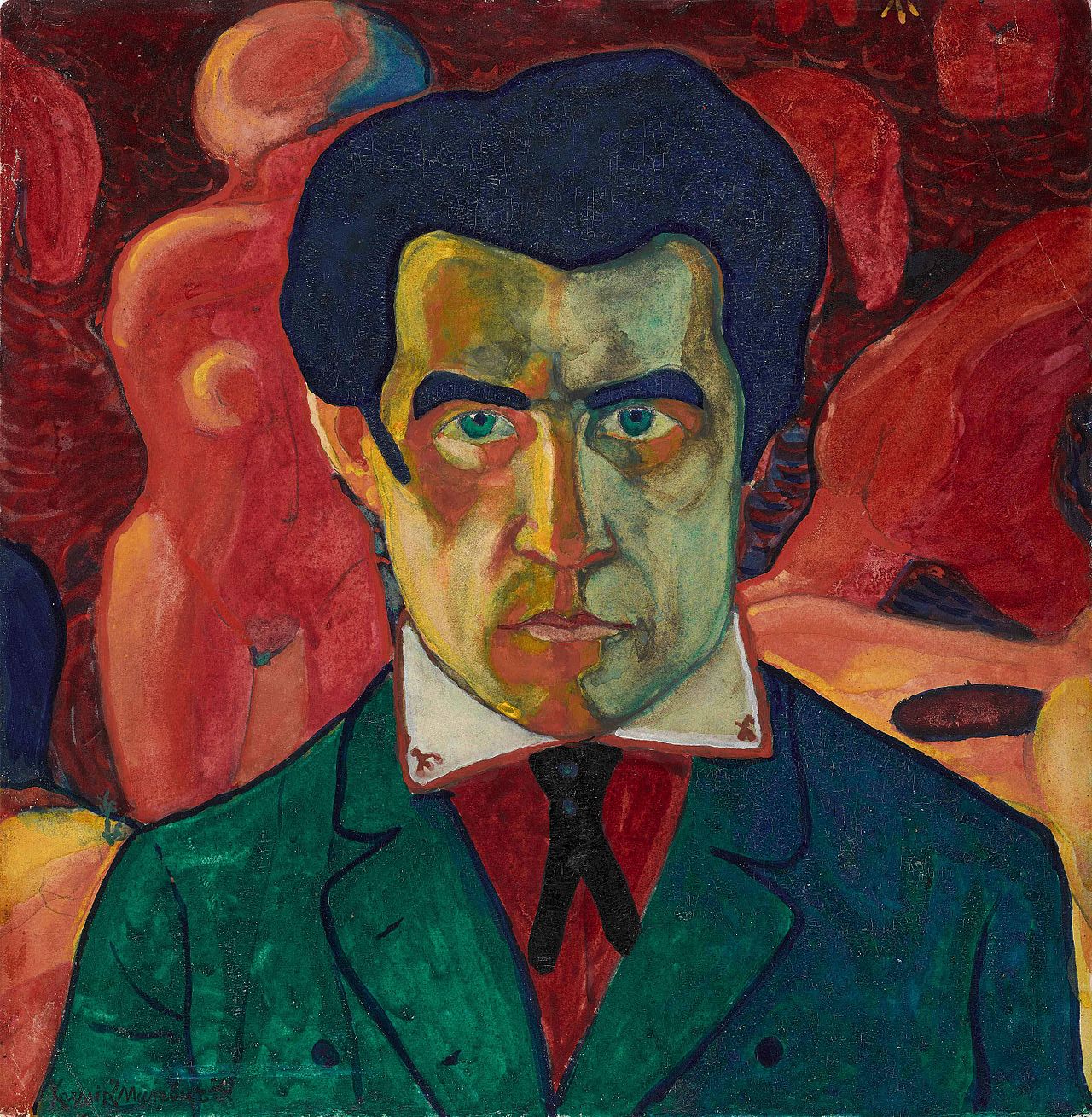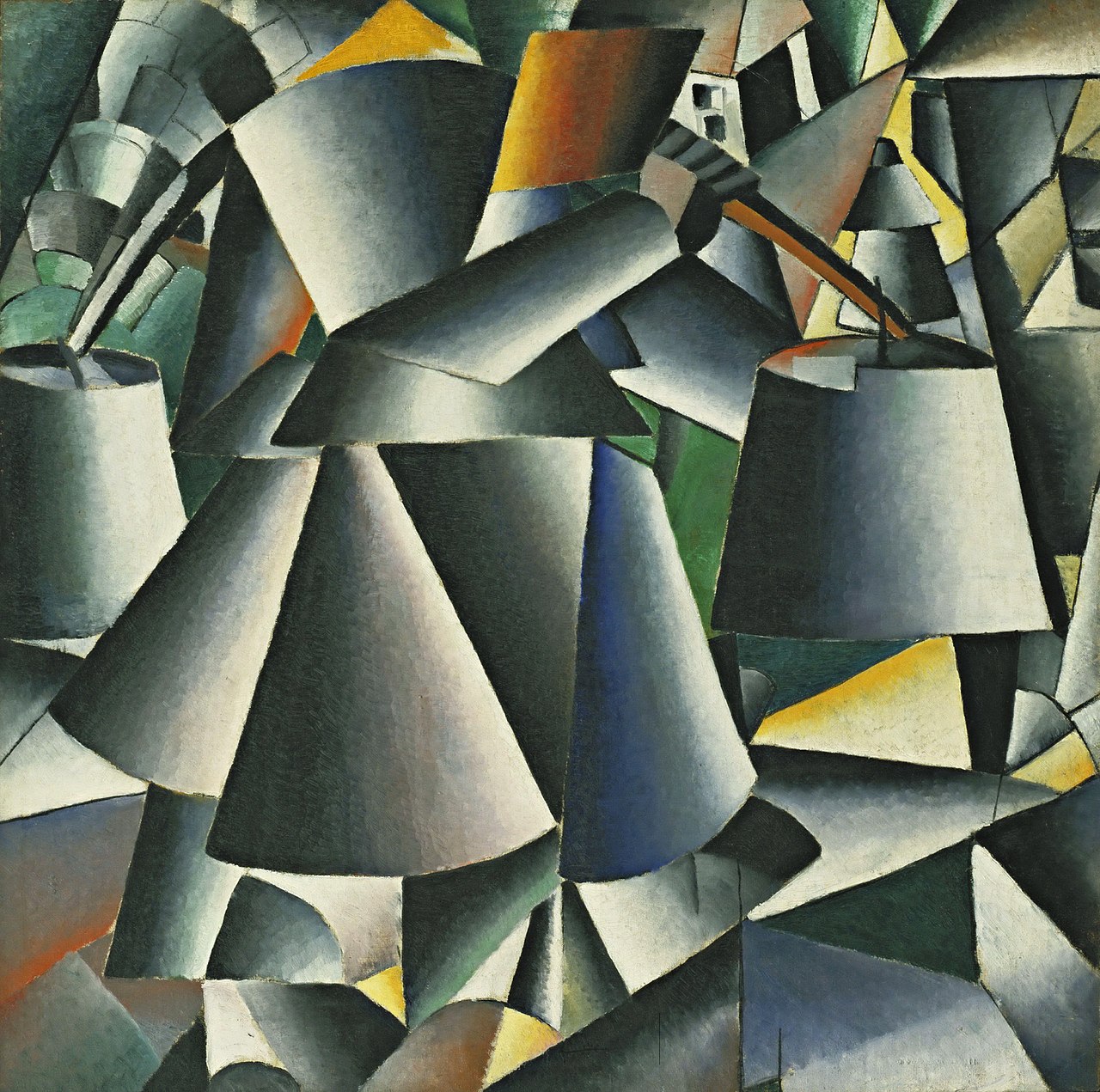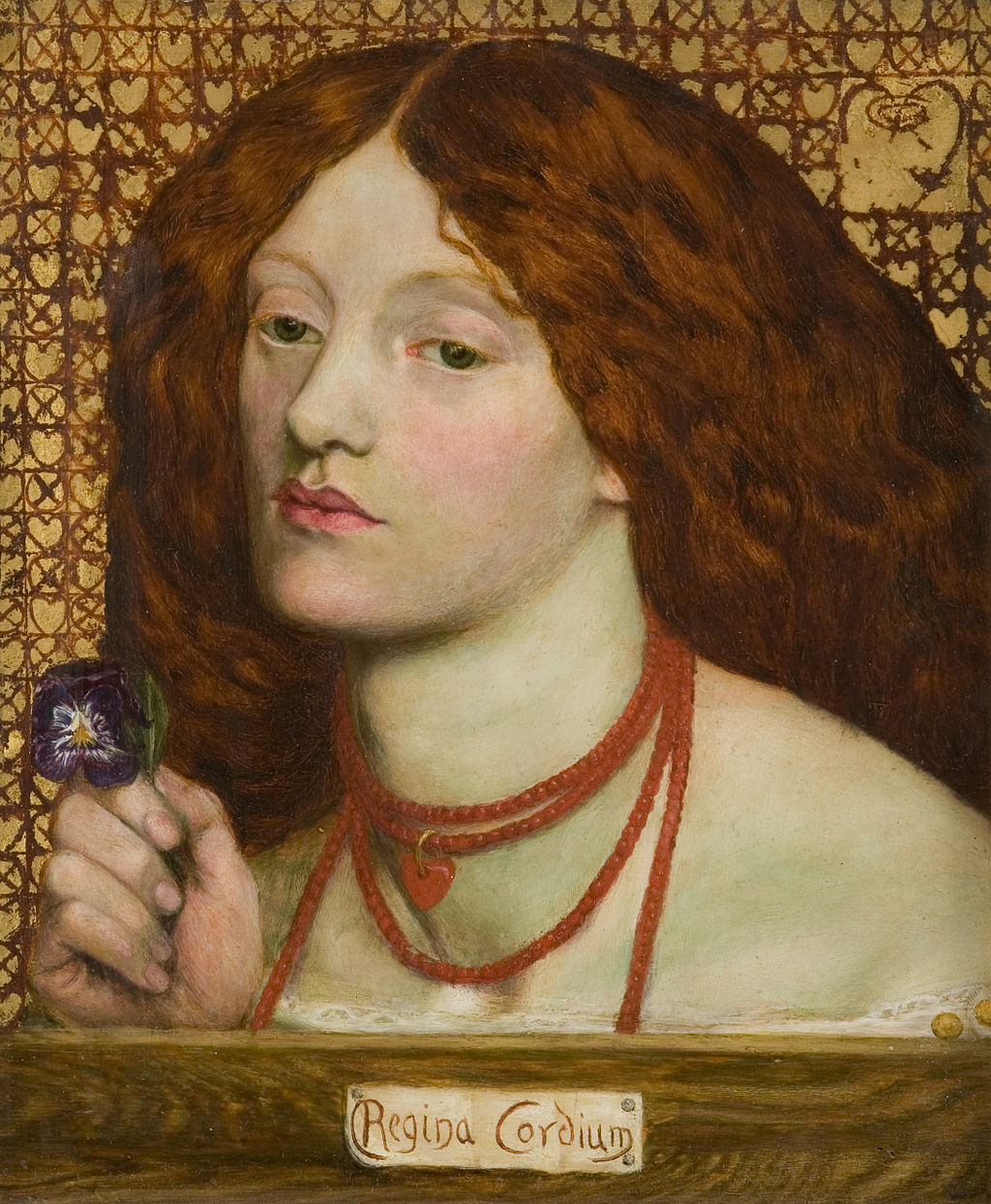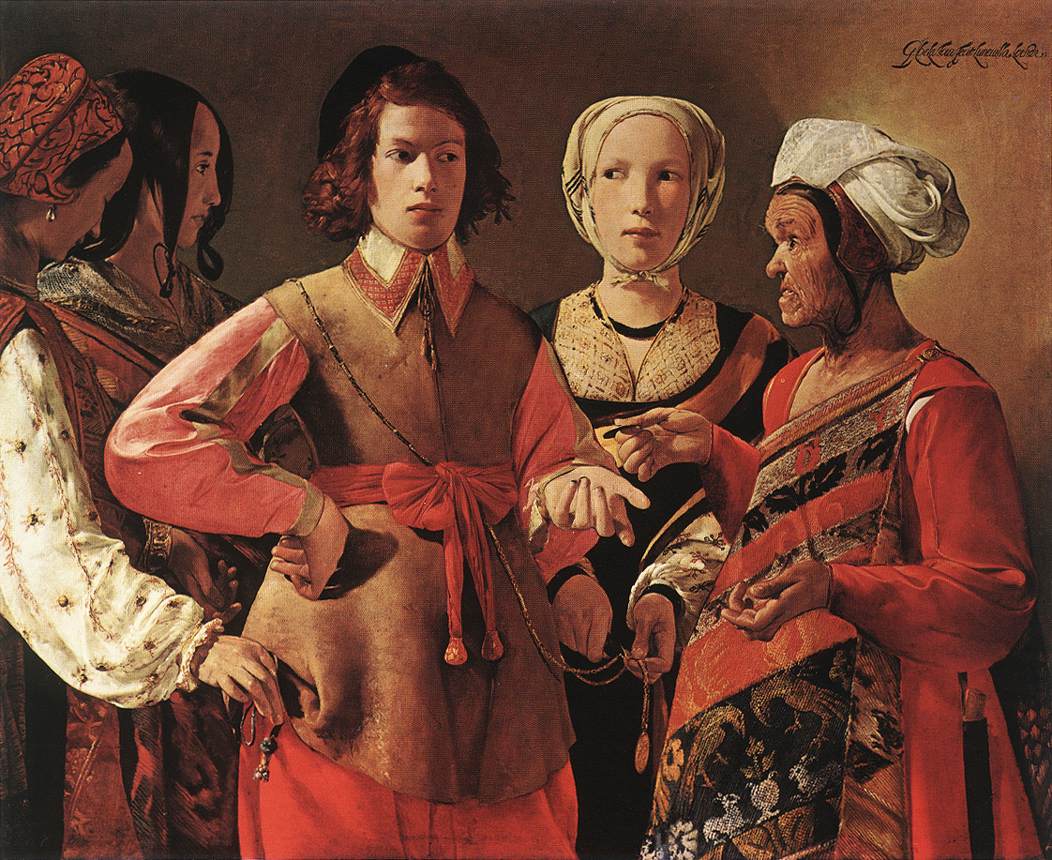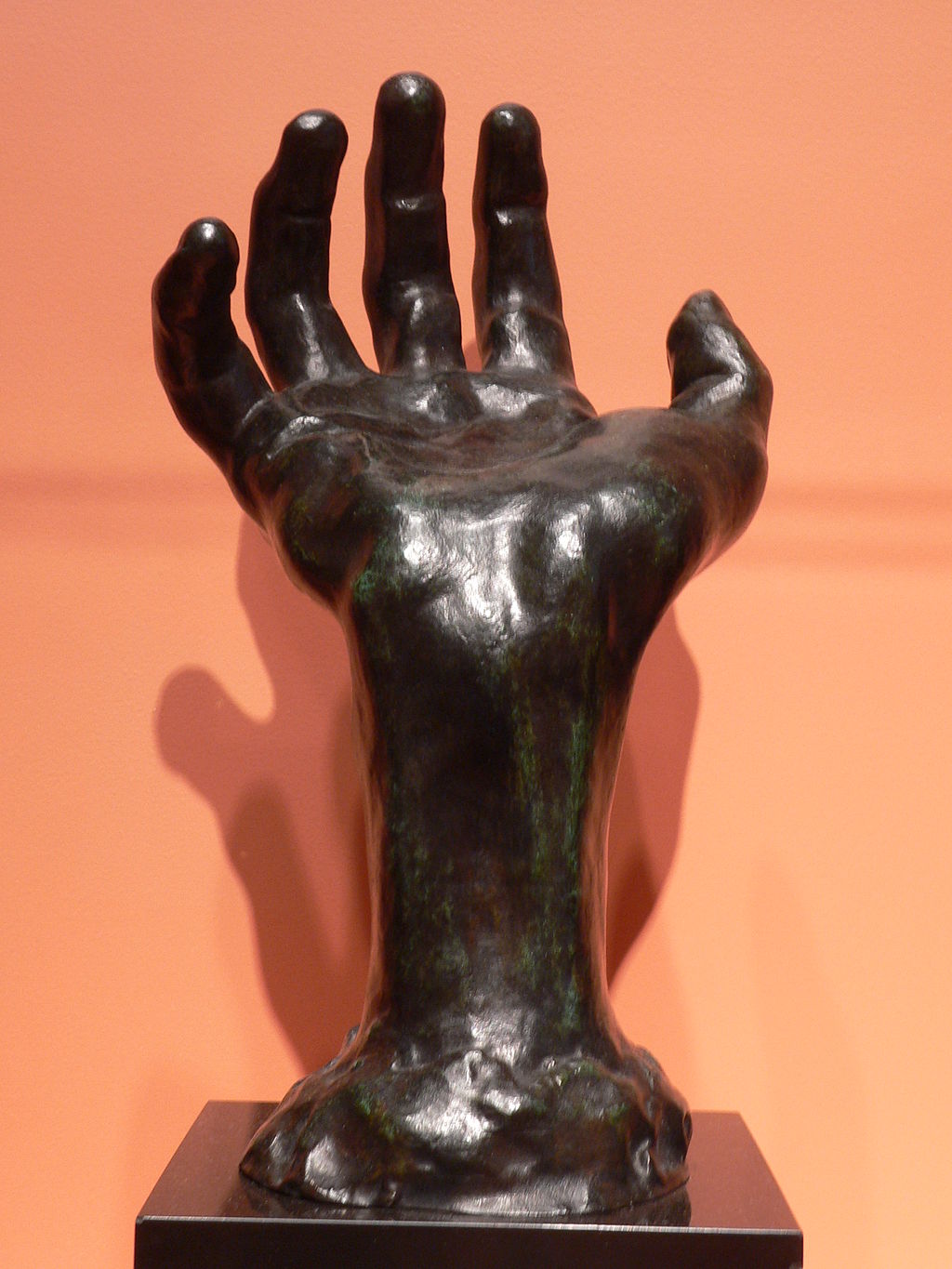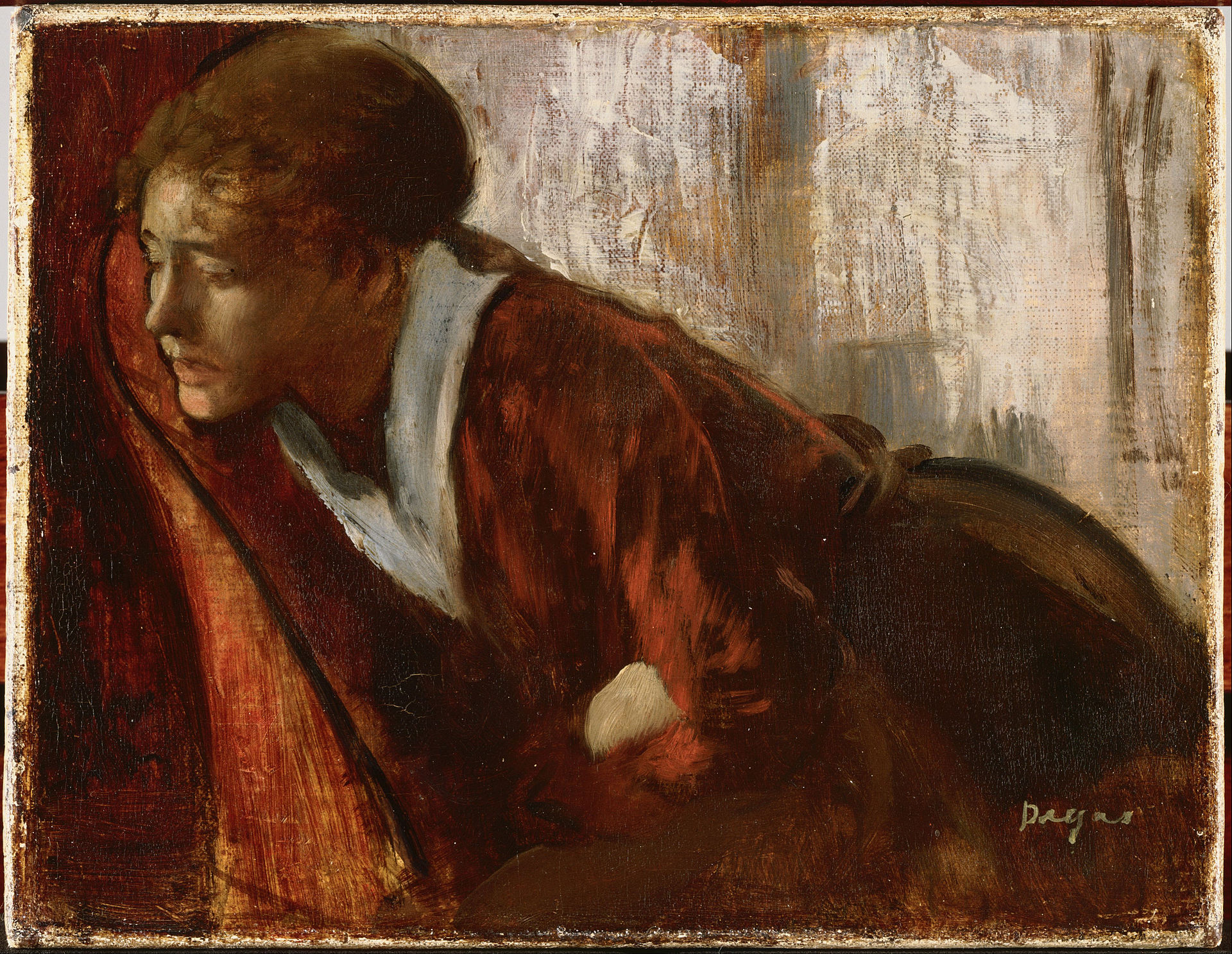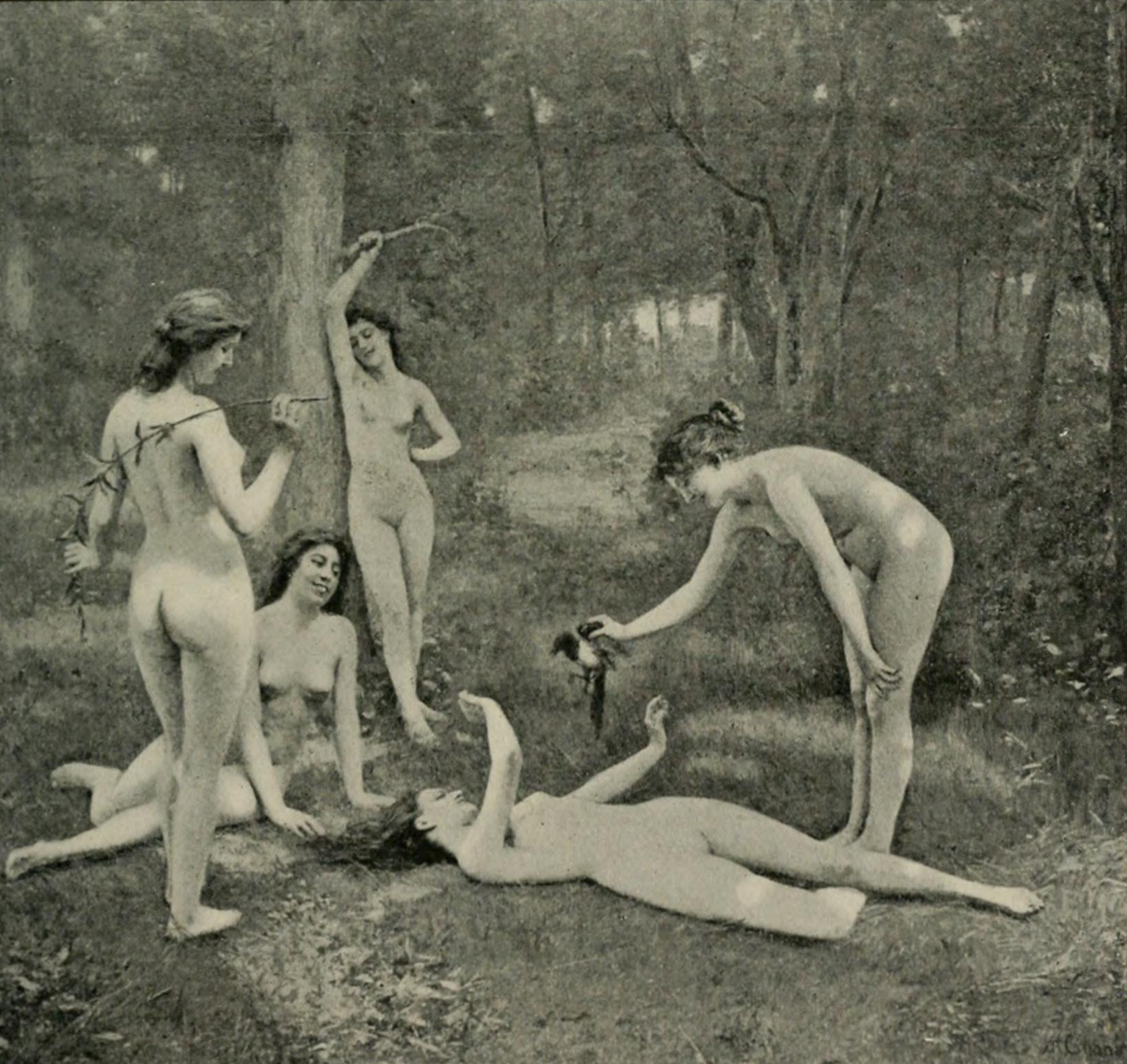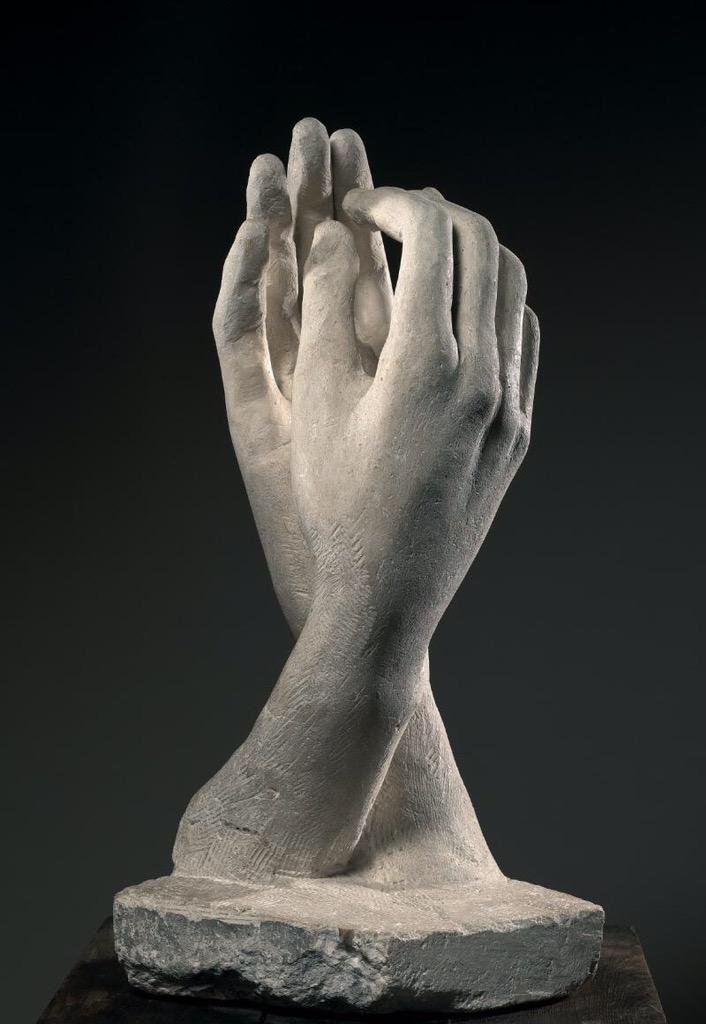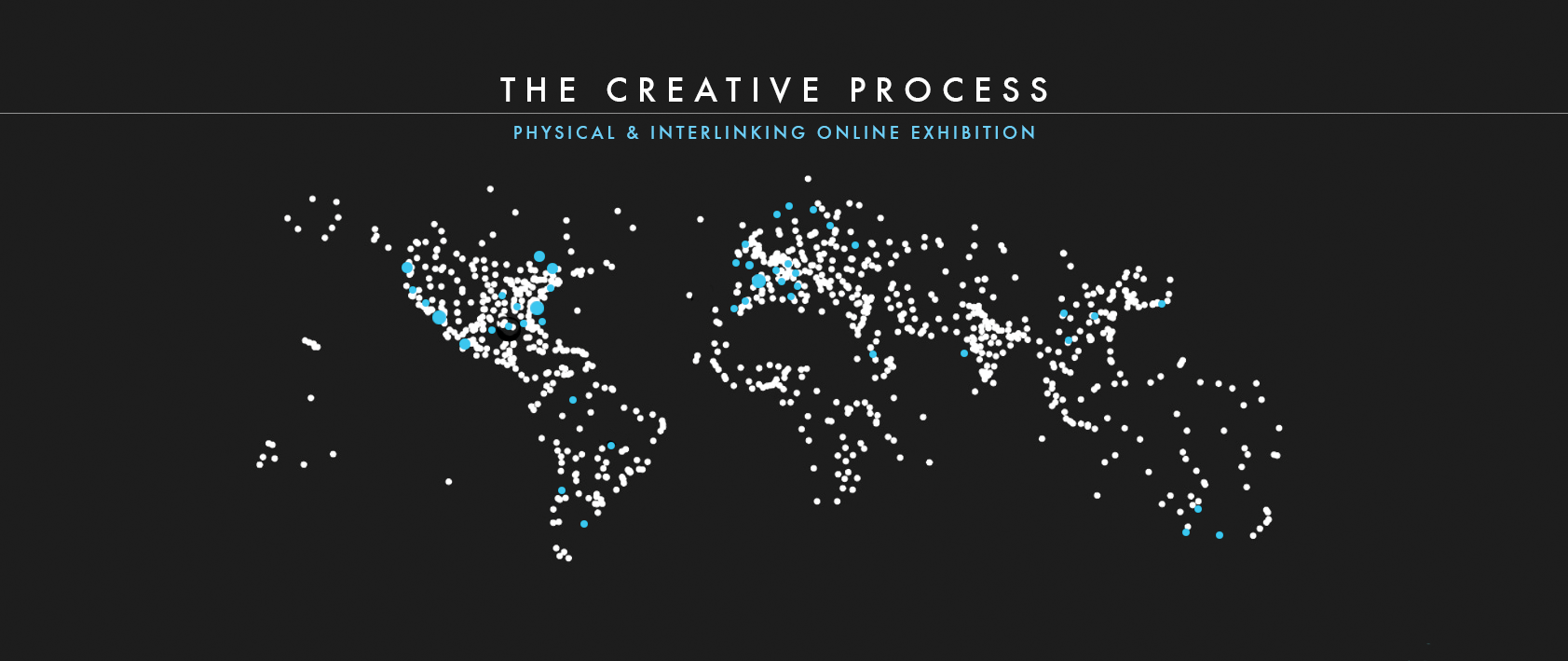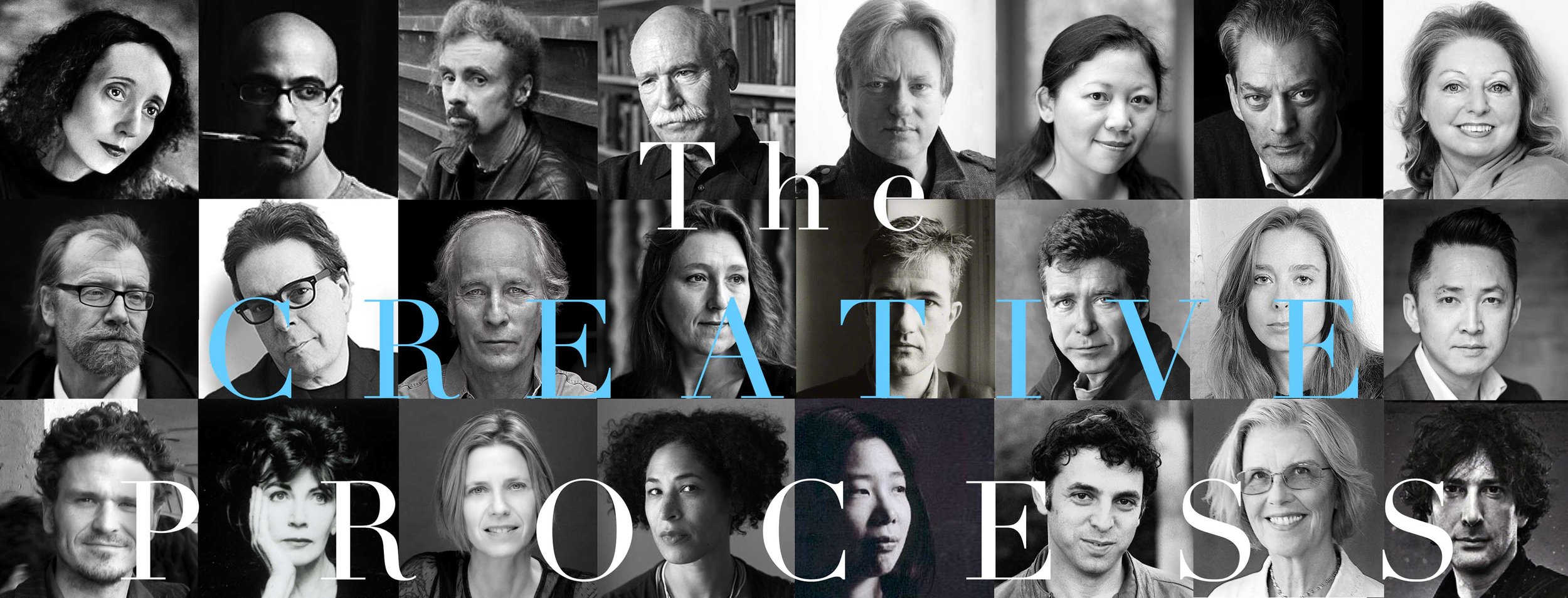"Seeing comes before words.
The child looks and recognizes before it can speak.
It is seeing which establishes our place in the surrounding world;
we explain that world with words,
but words can never undo the fact that we are surrounded by it.
The relation between what we see and what we know is never settled."
–JOHN BERGER
In memoriam John Berger and his groundbreaking work Ways of Seeing, we are introducing a new visual arts section to the projection elements of The Creative Process exhibition traveling to leading universities. We are inviting notable artists, curators, writers, and participating universities to suggest artworks which they feel are in conversation with certain culturally significant words.
Some of these words are so specific to a culture that they are almost untranslatable into other languages:
Saudade. Portuguese – A vague and constant desire for something that does not and probably cannot exist.
Mono no aware (物の哀れ). Japanese – Pathos of understanding the transiency of the world and its beauty.
Shěnměi píláo (审美疲劳). Chinese – Exposure to so much beauty that one ceases to appreciate it.
Waldeinsamkeit. German – The feeling of being alone in the woods.
Others expressions–angst, desire, beauty, love, grief, joy–carry so much compressed meaning that one word doesn’t feel sufficient to express the layers of collective memory which the word stirs, which is why we are reaching out to artists to help give expression to this complexity.
An exhibition of these “translations” from word to image will be shown as a part of the projection elements of The Creative Process traveling exhibition. Recommend an Artist >
Educating via an Exhibition
As a part of this international educational initiative, we invite professors, students, art historians, writers, and filmmakers from participating universities to respond creatively to featured artworks and a selection of these essays, poems, stories, and short films can be seen on our website and in the projection elements. The Creative Process is collaborating on a number of curriculum integration initiatives, inner city afterschool writing clubs, and special 4th-year courses combining film and literature with a view to inspiring imaginative inquiry and encouraging future generations of artists.
In appreciation of the complexity of your work and important insights into contemporary culture, The Creative Process would be honored if you would consider participating in Ways of Seeing.
PLEASE HELP US CURATE A COLLECTION OF ARTISTS YOU WOULD LIKE TO SEE INCLUDED IN THE WAYS OF SEEING SECTION OF THE TRAVELING EXHIBITION
WHAT DO YOU FEEL THESE ARTWORKS ARE COMMUNICATING?
WHICH WORDS ARE EVOKED BY THESE IMAGES?
ESSENTIAL WORDS & SYMBOLIC EXPRESSIONS
Desire
Beauty
Love
Eternity
Anxiety
Love
Pleasure
Force
Light
Darkness
Melancholy
Memory
Moment
Absurd
Sublime
Still
Sex
Shame
Life
Angst
Grief
Joy
Dance
Music
Flesh
Happiness
Good/Evil
Strength
Truth
Word
World
Nature
Deception
Essence
Destiny
Care
Catharsis
Chance
Voice
Work
Grace
Faith
Madness
Form
Force
Liberty
God
Instant
Motionless
Unconscious
Moment
Light
Romantic
Abstraction
Nostalgia
Time
Nothing
Peace
Pity
Pleasure
Power
Secret
Soul
Virtue
Devil
Animal
Gender
Belief
Passion
Pathos
UNTRANSLATABLE WORDS
Utakata (泡沫). Japanese
/ n. / uːtɑːkɑːtɑː / oo-tah-kah-tah. Lit. bubbles, foam; ephemerality
Poshlost (по́шлость)
Russian / n. / ˈpʌʃ.ləst / puhsh-luhst. Triviality, banality; philistinism; something devoid of meaning or beauty; the ‘falsely’ meaningful or beautiful; a misguided belief that happiness can be found in phenomena that are not conducive to it (e.g., consumerism).
Sturmfrei
German / adj. / ʃtʊrm.frai / shturm-frriy. Lit. ‘storm-free’; unassailable; having a free house; the freedom of being alone, without being watched by someone (e.g., a parent), to do as one pleases.
Eleuthería (ἐλευθερία). Greek / n. / e.leu.theˈriːa / el-yoo-theh-ree-ya. Freedom, liberty, licence.
Solivagant
Latin / n., adj. / səʊˈlɪvəɡənt / so-liv-a-gnt
n. A lone wanderer. adj. characterised by lone wandering.
Sabi (寂)
Japanese / n. / sɑːbɪ / sa-be. Lonely, desolate, aged beauty.
Kitsch
German / n. / kɪtʃ / kitch
Pleasantly tacky objects or art; objects whose beauty and/or charm is superficial or ‘fake’, but is somewhat appreciated nonetheless.
Koko (考古)
Japanese / n. / kɒ.kɒ / ko-ko. Weathered beauty; austere sublimity.
Wai-wai (ワイワイ)
Japanese (Gitaigo) / n. / ɯɑɪ.ɯɑɪ / wa-iy wa-iy. The sound of children playing.
Ukiyo (浮世)
Japanese / n. / ʊk.iːjəʊ / ook-ee-oh
Lit floating/drifting world; appraising the ephemerality of the world; living within transient moments of fleeting beauty.
Wabi (侘)
Japanese / n. ɯɑːbɪ / wa-be
Imperfect, rustic, remote, weathered beauty.
Kawaakari (かわあかり)
Japanese / n. / kɑːwæ.kɑːɺiː / kar-wah-kar-ree
Lit. river bright; the glow/gleam of the river at dusk (or in the darkness).
Chrysalism
English (new) / n. / ˈkrɪs.ə.lɪsm / kriss-uh-lissm
The amniotic tranquility of being indoors during a thunderstorm; coined by John Koenig.
Eigentlichkeit
German / n. / ˈaiɡnt.lɪç.haɪt/ iy-gnt-leesh-kiyt
Lit. ownedness, being owned, being one’s own; often rendered as ‘authenticity.’
Wabi-sabi (侘寂)
Japanese / n. / ɯɑːbɪ sɑːbɪ / wa-be sa-be
Imperfect and aged beauty; the aesthetics of impermanence and imperfection; a ‘dark, desolate sublimity’.
Komorebi (木漏れ日). Japanese / n. / kɒ.mɒˈ ɹe.bɪ / ko-mo-reh-bi. Lit. wood is ‘leaking’ sunlight;
Nja
Swedish / int. / njɑː / nyah
Combining no (nej) and yes (ja); neither yes or no (or both yes and no); expressing uncertainty.
FEELINGS
Longing
Fernweh
German / n. / ˈfiɜːn.veː / fiern-vay
Lit. far/distant (Fern) pain/woe (Weh); the ‘call of faraway places’; homesickness for the unknown.
Hiraeth
Welsh / n. / hira.ɪθ̯ / heerr-ithe
Longing for one’s homeland, with nostalgia and wistfulness.
Jīng shū (驚輸)
Chinese / n. / ʤɪŋ.ʃu / jing-shoo / aka kiasu (Hokkien)
Fear of losing or missing out (FOMO); can denote a selfish, grasping attitude.
Nadryv (надрыв)
n.nɐˈdrɨf / nuh-dreef
Lit. a tear, rend, or break; an outburst of emotion or passion, often uncontrollable and possibly also irrational, when deeply hidden feelings
Tizita (ትዝታ)
Amharic / n. / tɪ .ziːtə / tih-zee-tuh
A person, thing gone by. A bittersweet remembrance and longing for a time,
Herzklopfen
German / n. / hɛrts.klɔp.fən / hairts-klop-uhn
Lit. ‘heart-knock’; the thumping of the heart in anticipation of something good (or bad) happening.
Morriña
Galician / n. / moˈriɲa / moh-rreen-yah
Longing; homesickness; notalgia.
Natsukashii (懐かしい)
Japanese / adj. / nɑːt.suːkɑː ʃiː / naht-soo-kah-shee
Missed, precious, yearned for, 'dear old ...'.
Novaturient
English (new) / adj. /
Latinate, meaning the desiring or seeking of strong changes in one’s behaviour or situation.
Sehnsucht
German / n. / ˈzeɪnˌzuːxt / zeen-zukht
Life longings, intense desire for alternative paths and states; lit. an ‘addiction’ (Sucht) to longing/pining (Sehn).
Toska (тоска)
Russian / n. / tʌˈskaː / tuh-skah
Longing (often, though not limited to, one’s homeland; can also include other times, people, and places), with nostalgia and wistfulness.
Zielschmerz
English (new) / n. / tsiːl.ʃmɛrts / tseel.shmairts
Based on the German roots Ziel (goal, destination) and Schmerz (pain, woe); the exhilarating dread of finally pursuing a lifelong dream; coined by John Koenig.
Excitement / Intensity
Azart (азарт)
Russian / n. / æˈzɑːrt / a-zarrt
Heat, excitement, ardour, fervour; also associated with recklessness and risk-taking.
Capoter
French (Quebec) / v. / kapɔte / kah-poe-tay
Lit. to overturn or derail; can be used in a positive way to express delight or ecstasy; can also be used in negative contexts to imply feeling overwhelmed and/or at a loss.
Frisson
French / n. / fʀisɔ̃ / frree-soh
A sudden feeling of thrill, combining fear and excitement.
Opia
English (new) / n. / ˈəʊ.pɪə / oh-pee-ah
The ambiguous intensity of eye-contact; coined by John Koenig.
Mokṣa/moksha (मोक्ष)
Sanskrit/Pāli / n. / ˈmoːk.ʃə / mok-shuh
Emancipation, liberation, release. (e.g., from saṃsāra).aṃsāra;nɪəˈ
Balikwas
Tagalog / n. / bæ.lɪk.wæs / bah-lik-wass
Suddenly rising or jumping to one’s feet (e.g., due to surprise or fright); to turn suddenly to the other side.
Schwärmerei
German / n. / ʃvɛr.məˈrai / shver-mer-ay
Excessive or extreme enthusiasm or sentimentality.
Versenkung
German / n. / fɛrˈ sɛn.kʊŋ / ferr-sen-koong. Lit. lowering, sinking; contemplation, meditation; complete immersion in an activity; total focus upon the task in hand.
Freedom
Avant-garde
French / n. / a.vɑ̃.ɡaʀd / ah-von-gaard
Lit. fore-guard, vanguard, advance-guard; phenomena (e.g., people, artworks, ideas) that are unorthodox, experimental, radical.
Dépayser
French / v. / de.pei.ze / deh-pay-zay
Disorientation; not necessarily unpleasant (e.g., a pleasant sense of strangeness from being in a foreign country).
Prostor (простор)
Russian / n. / ˈprɒst.stɔːr / proh-storr
Spaciousness, freedom, absence of constraint.
Resfeber
Swedish / n. / riːsˈfiːbər / reess-fee-burr
Travel fever/bug; the feeling of excitement and nervousness experienced by a traveller before undertaking a journey.
Weltschmerz
German / n. / ˈvelt.ʃmeəts / velt-shmerts
World-weariness, world-hurt; causeless melancholy; existential sadness (e.g., relating to despair at the state of the world).
Eleutheromania (ελευθερομανία)
Greek / n. / ɛˈljuːθəˌrəʊ.ma.nía / ell-ee-yoo-theh-roh-mah-nee-ah.
An intense, irrepressible desire for freedom.
Schwellenangst. German / n. / ˈʃvɛlə. aŋst / shvell-uhn-ungst
Fear, anxiety relating to crossing a threshold (literally or metaphorically).
Tîeow (เทยี่ ว). Thai / v. / tiːaʊ / tee-ow
To wander or roam around in a carefree way.
Wanderlust
German n. / ˈ / van-deh-loost
Lit. desire (Lust) to hike (Wander). A longing/desire/prediliction for travel and adventure. væn.dɛˈlʊst
Zugunruhe
German / n. / tsuːk.uːn.ruːə / tsook-oon-roo-uh
Migration, move (Zug) agitation, anxiety, restlessness (Unruhe): anxious behavior in migratory animals.
Ambivalent emotions/phenomena
Qarrtsiluni. Inuit, Iñupiaq / v. / kʌ sɪ.luːnɪ / kartz-sih-loo-nih. Sitting together in the darkness, perhaps expectantly (e.g., waiting for something to happen or to ‘burst forth’); the strange quiet.
Auseinandersetzung
German / n. / aus|aiˈnan.dɐ.zɛt.sʊŋ / auss-eye-nan-der-zet-sung. Discussion, debate, analysis; grappling with, facing up to (e.g., the past); deconstruction or disaggregation (e.g., in order to better understand something).
Bēi xî jiāo jí (悲喜交集)
Chinese / n. / beɪ.ɕɪ.ʤiaʊ.ʤi / bay-shee-jeeow-jee. Intermingled feelings of sadness and joy.
Charmolypi (χαρμολύπη)
Greek / n. / mourning joy; happiness and sadness intermingled.
sɑːməʊˈ lɪ.piː / sar-mo-lih-pee. Sweet or ‘joy-making’ sorrow;
Chipe
Spanish (Guatamalan) / n. / ʧiːpeɪ / chee-pay
Jealously or rivalry, usually related to feeling that a loved one’s attention is being devoted to someone else (e.g., another family member).
Gedenkstätte
German / n. / ɡəˈdɛŋk ʃtɛtə / guh-dengk-shtet-uh.
memory, reflection; memorial, shrine. Lit. place of remembrance,
Lebenskrankheit
German / n. / leːbnsˈkʁaŋkˌhaɪt̯ / lee-buns-krank-hite
Lit. life sickness/disease; existential anomie; world-weariness; coined by Hermann Hesse.
Nadryv (надрыв). Russian / n. /
Páthos ( .θɒs / pah-thoss. Suffering; emotion; experience.
Umay
Tagalog / n. / ə.meɪ / uh-may
To become weary or tired with something through overuse or satiety.
Vidunder
Swedish / n. / viːˈduːdə / vee-doon-duh
Miracle; prodigy; monster; an impressive or threatening entity which inspires awe.
Wohlweh
German / n. / voːl.veː / vool-vey
Lit. well-pain; pain that is pleasurable (e.g., massaging aching muscles).
Absurd · Acedia · Aiôn · Anschaulichkeit · Argutezza · Attualità · Aufheben · Autrui · Baroque · Begriff · Berīt · Beruf · Bild · Bildung · Bogočlovečstvo · Civil Rights · Civiltà · Community · Comportment · Concetto · Conciliarity · Consciousness · Corso · Daimôn · Dasein · Narod · Negation · Neuzeit · Oikeiôsis · Oikonomia · Olam · Omnitudo · Realitatis · Paronym · Perception · Performance · Phantasia · Phénomène · Phronêsis · Pietas · Pludselighed · Polis · Postupok · Pravda · Praxis · Quiddity · Révolution · Ruse · Sachverhalt · Samost · Schicksal · Sehnsucht · Tala · Tuf · Tatsache · Themis · Torah · To Ti Ên · Vergüenza · Verneinung · Virtù · Vorhanden · Weltanschauung · Wert · Will · Willkür · Wunsch · Mimêsis · Mitmensch · Sein · Selbst · Sobornost · Sollen · Sophism · Sorge · Spleen · Sprechtgesang · Sprezzatura · Stand · Still · Stimmung · Stradanie · Style · Svet · Svoboda · Desengaño · Désinvolture · Dichtung · Drugoj · Duende · Eidôlon · Eleutheria · Énoncé · Entstellung · Epochê · Ereignis · Erleben · Erscheinung · Erzählen · Es Es Gibt Esti · Evighed · Faktura · Ficar · Gefühl · Gegenstand · Geisteswissenschaften · Gemüt · Geschichtlich · Geschlecht · Glaube · Glück · Heimat · Herrschaft · Identity · Ingenium · Istina · Jetztzeit · Justice · Kêr · Kitsch · Leggiadria · Leib · Lëv · Lex · Macht · Malaise · Menschheit · Merkmal
FREQUENTLY ASKED QUESTIONS
What is The Creative Process?
A travelling exhibition of interviews and portraits of writers and creative thinkers from around the world augmented by projection elements and short films made in collaboration with independent directors and participating film schools. After launching at the Sorbonne, The Creative Process is being exhibited at leading universities and selected literary museums during their important literary/humanities festivals and conferences, including Harvard's LITFest, KU Leuven's European Conference for the Humanties, University of Milan's BookCity, among others.
Some of the 40 participating universities: Oxford, Harvard, Sorbonne, Columbia, MIT, Princeton, UC Berkeley, McGill, University of Toronto, University of Milan, Trinity College Dublin, NYU, University of Iowa, University of Edinburgh, University of Pennsylvania, Boston University, University of Warsaw, University of Leuven, University of Salamanca, University of Hong Kong, and Tel Aviv University.
The Creative Process features interviews with George Saunders, Paul Auster, Joyce Carol Oates, Hilary Mantel, Neil Gaiman, Tobias Wolff, Richard Ford, Junot Díaz, Viet Thanh Nguyen, Jane Smiley, Marie Darrieussecq, Maxine Hong Kingston, Michel Faber, T.C. Boyle, Jay McInerney, Geoff Dyer, Dave Eggers, Etgar Keret, Ann Beattie, Douglas Kennedy, Frederic Tuten, Sam Lipsyte, DBC Pierre, and Yiyun Li, among others. Participating creative thinkers include Noam Chomsky, Yuval Noah Harari, Saul Perlmutter, Randy Schekman, Eric Fischl, George Lakoff, Michael Pollan, Alison Gopnik, Yuval Sharon, Dario Maestripieri, Ellen Ullman, among others.
For more information see: www.creativeprocess.info.
Which artists will participate in the project?
The list of notable artists is currently being finalized in collaboration with participating universities. As with the writers and universities taking part in our educational initiative, the focus is on notable artists with unique visions whose body of work offers important insights into contemporary culture and ways of seeing.
What is the exhibition’s focus?
While many of the works we are looking at focus on narrative, figuration, expressionism, or realism, we are interested in many ways of seeing and artworks which question our perception, reaching beyond language to reveal important truths about what it is to be human.
Can you give an example of some words for which Ways of Seeing seeks corresponding artworks?
Interpretation is open, so artists and curators are welcome to suggest words and artworks of their choosing. Alternatively, you may suggest artworks, and we can pair them with related expressions.
Below are some “Untranslatable” Expressions which may touch on themes you explore in your work:
Saudade, Unheimlich, Mono no aware, Shěnměi píláo, Waldeinsamkeit, Catharsis, Utakata, Sturmfrei, Eleuthería, Eigentlichkeit, Solivagant, Sabi, Kitsch, Ukiyo, Kawaakari, Komorebi, Nja, Chrysalism, Fernweh, Koev halev, Kintsugi, Kavanah, Ekstasis.
And here are some Eternal Themes & Subjects: Desire, Beauty, Angst, Love, Youth, Joy, Light, Shadows, Dreams, Eternity, Anxiety, Absurd, Pleasure, Force, Moment, Sublime, Stillness, Jealousy, Sex, Shame, Grief, Sadness, Loneliness, Happiness.
We are happy to provide a more complete list of expressions on request.
Can invited artists participate in an interview for the traveling exhibition?
Yes! In the beginning, we focused mainly on interviews with writers but are now beginning to interview artists and important creative thinkers. We welcome the possibility of interviewing you and hearing your insights into The Creative Process.
